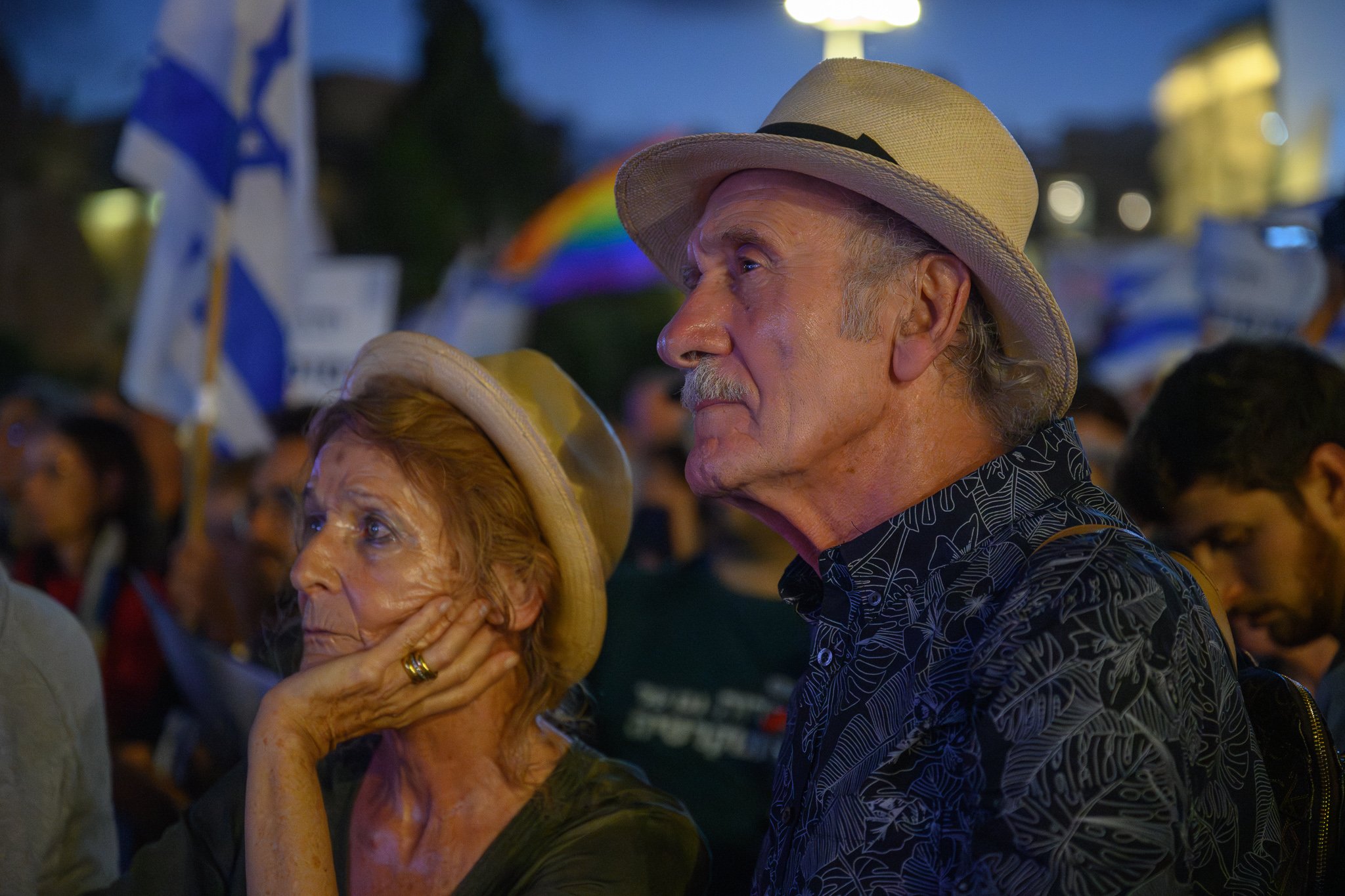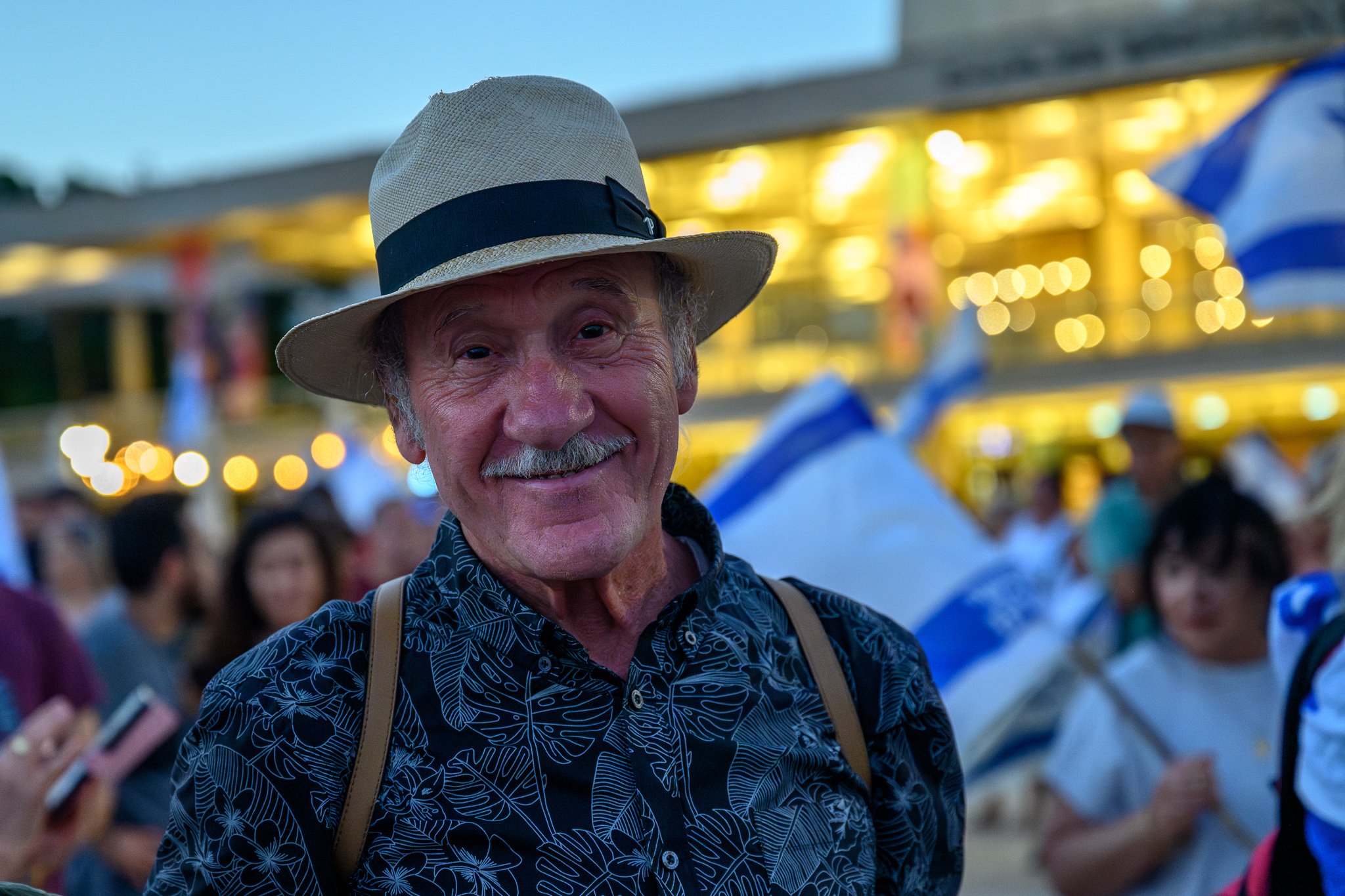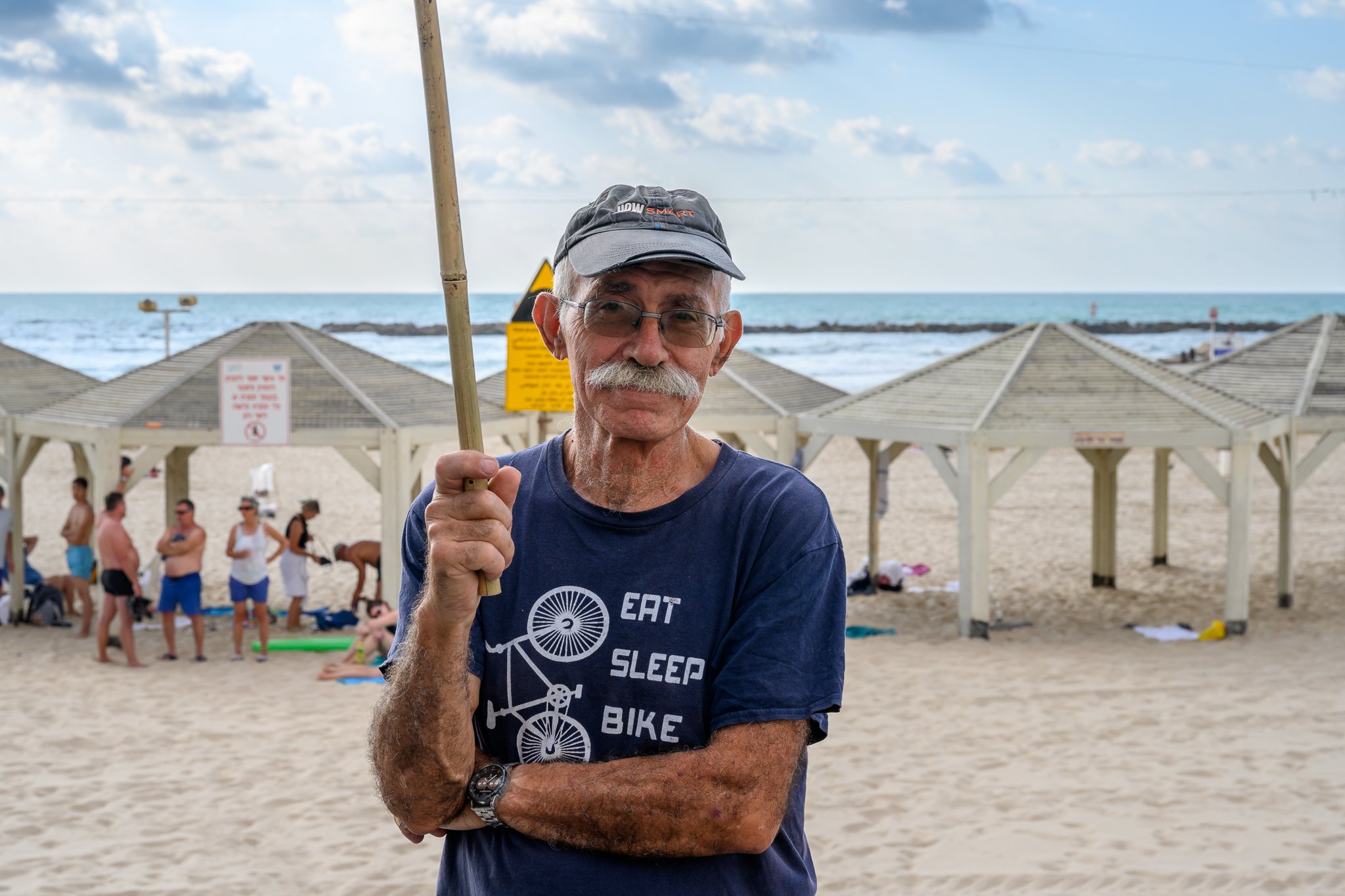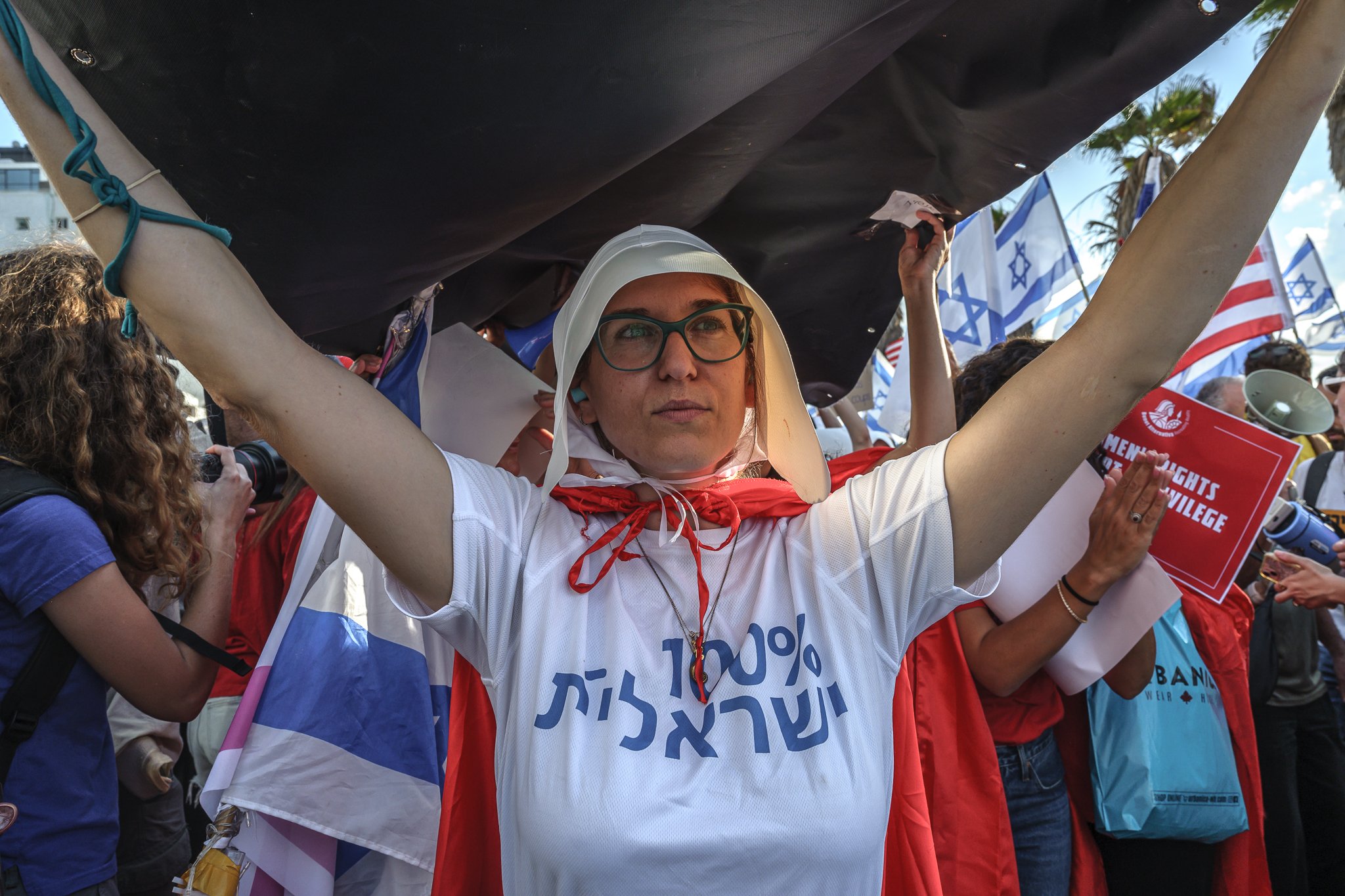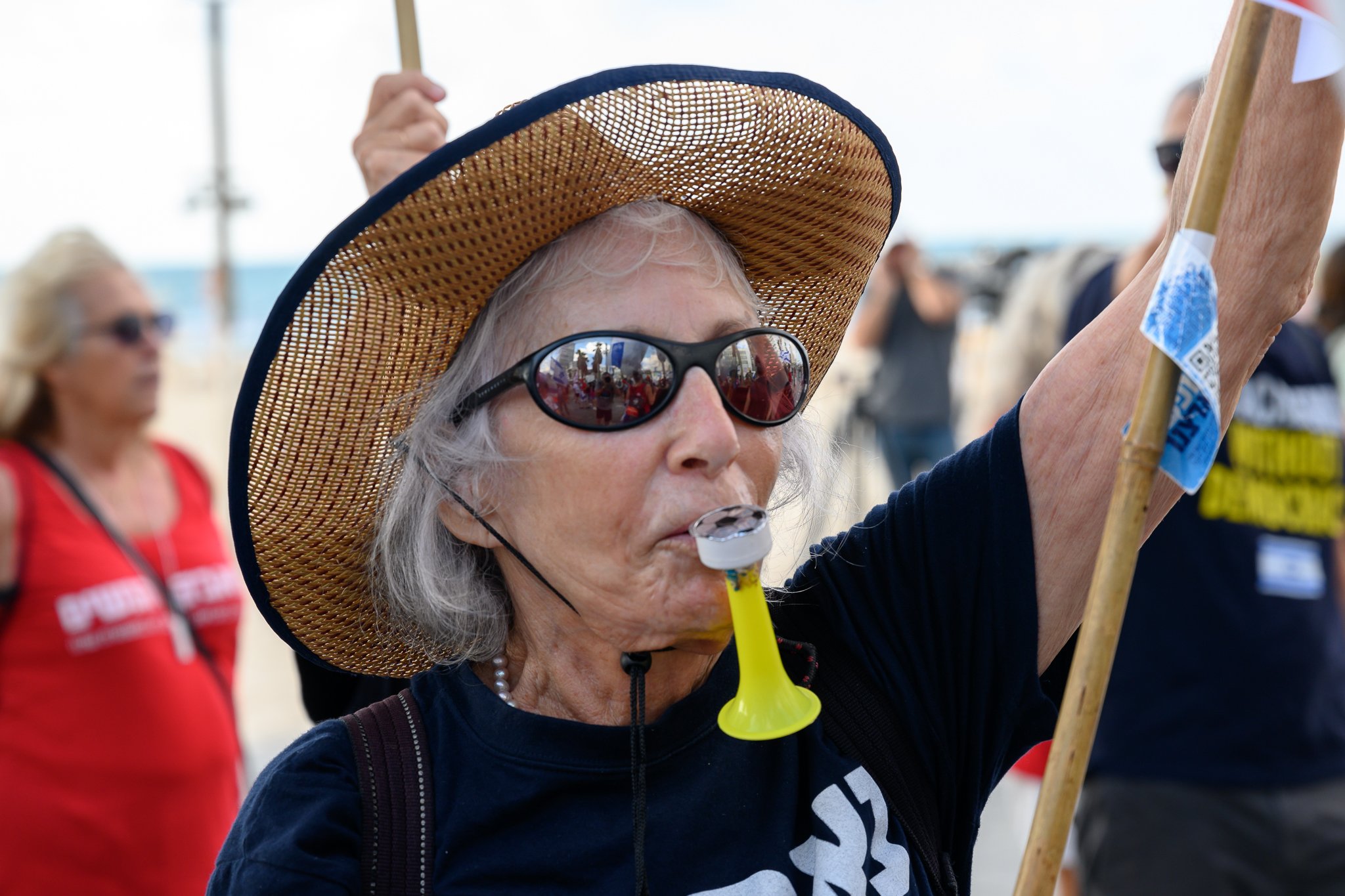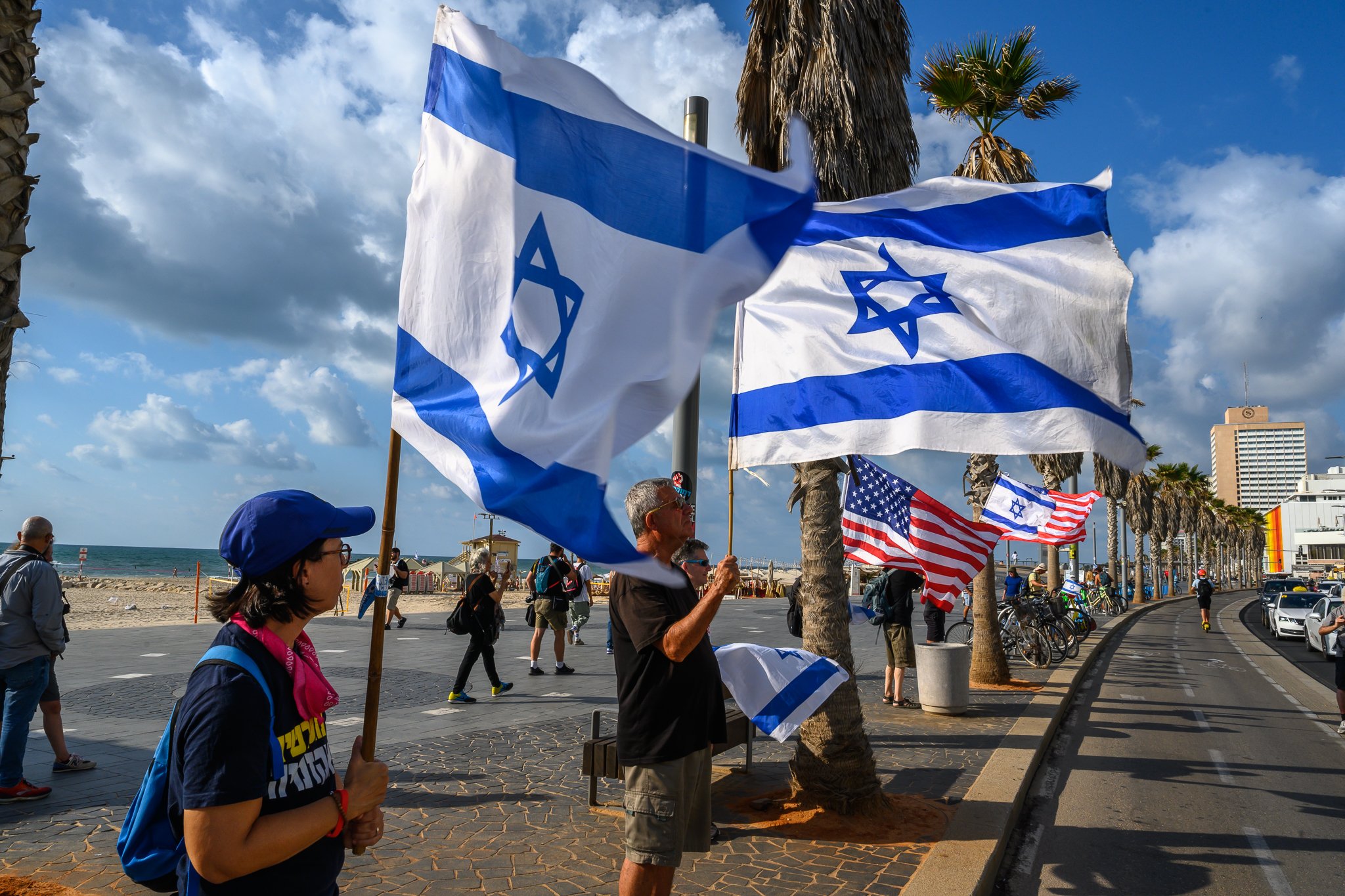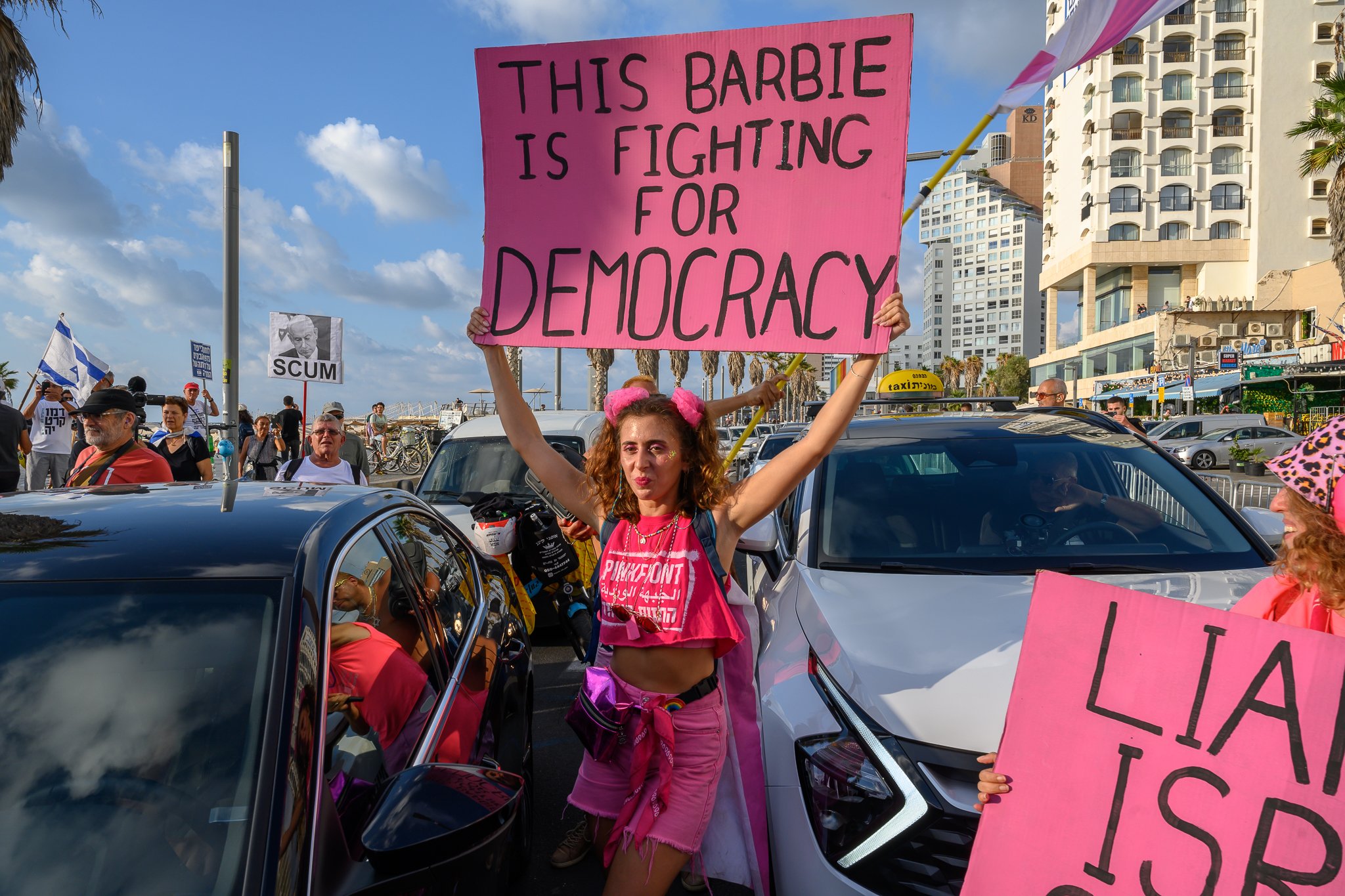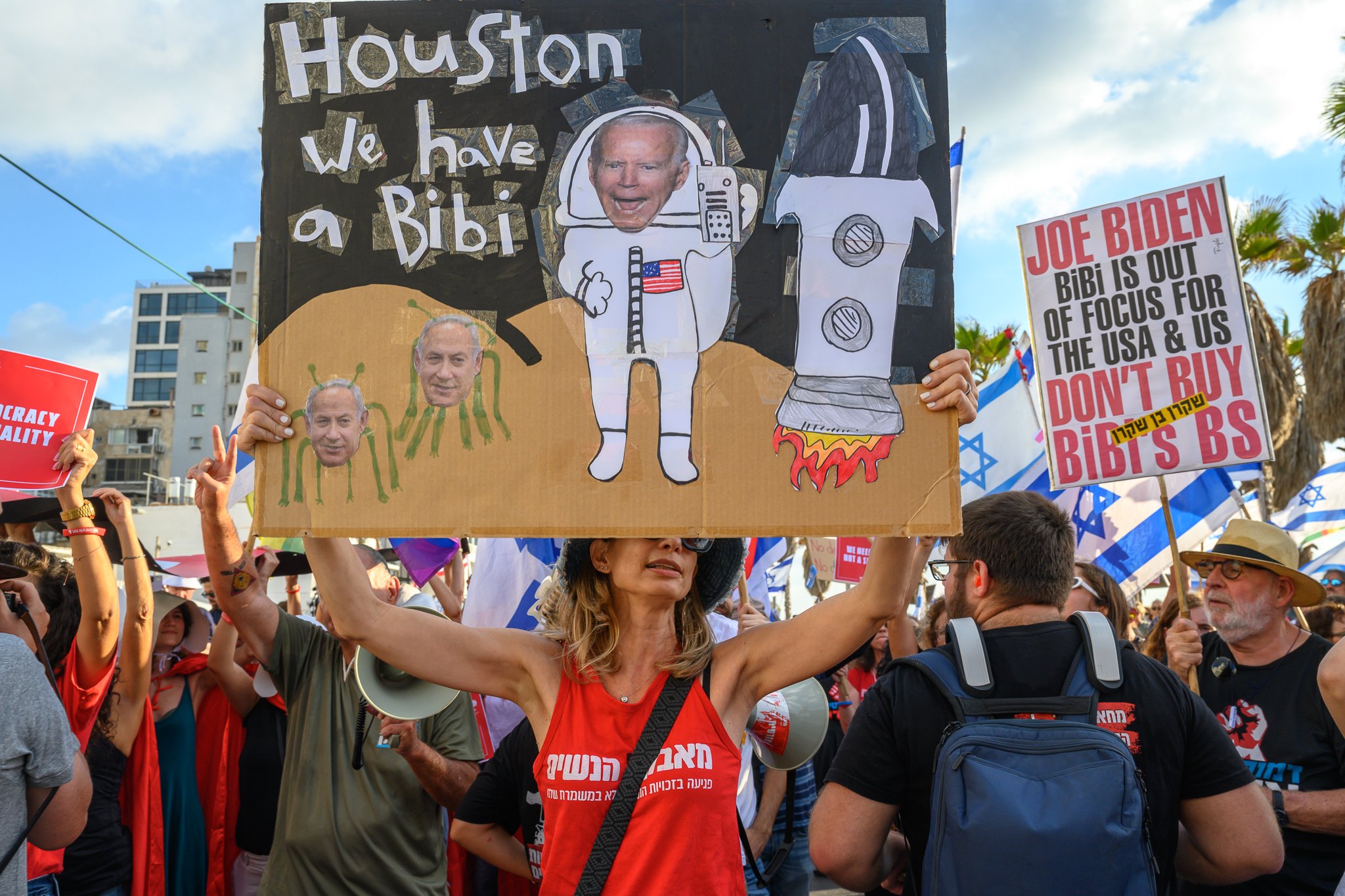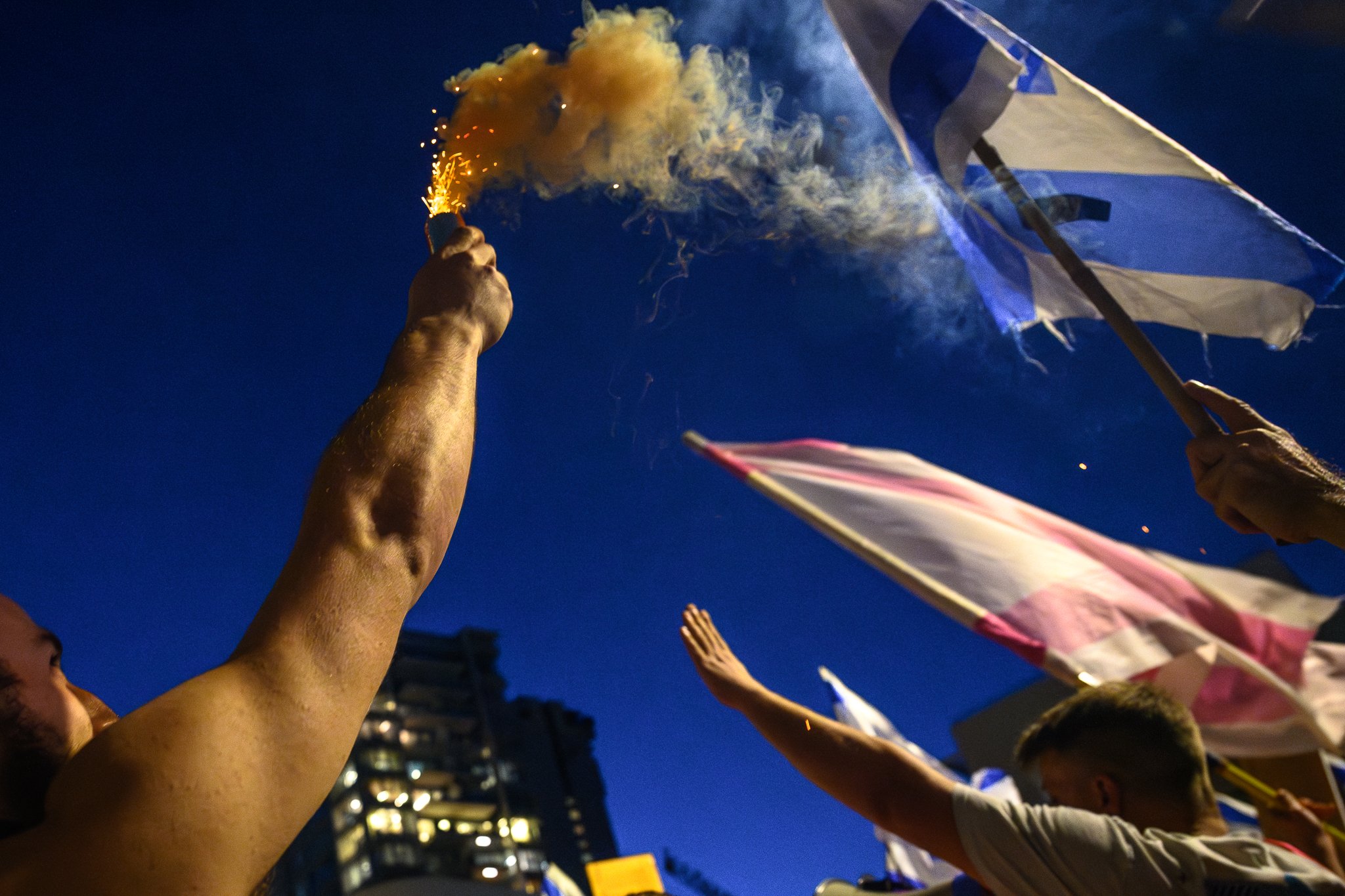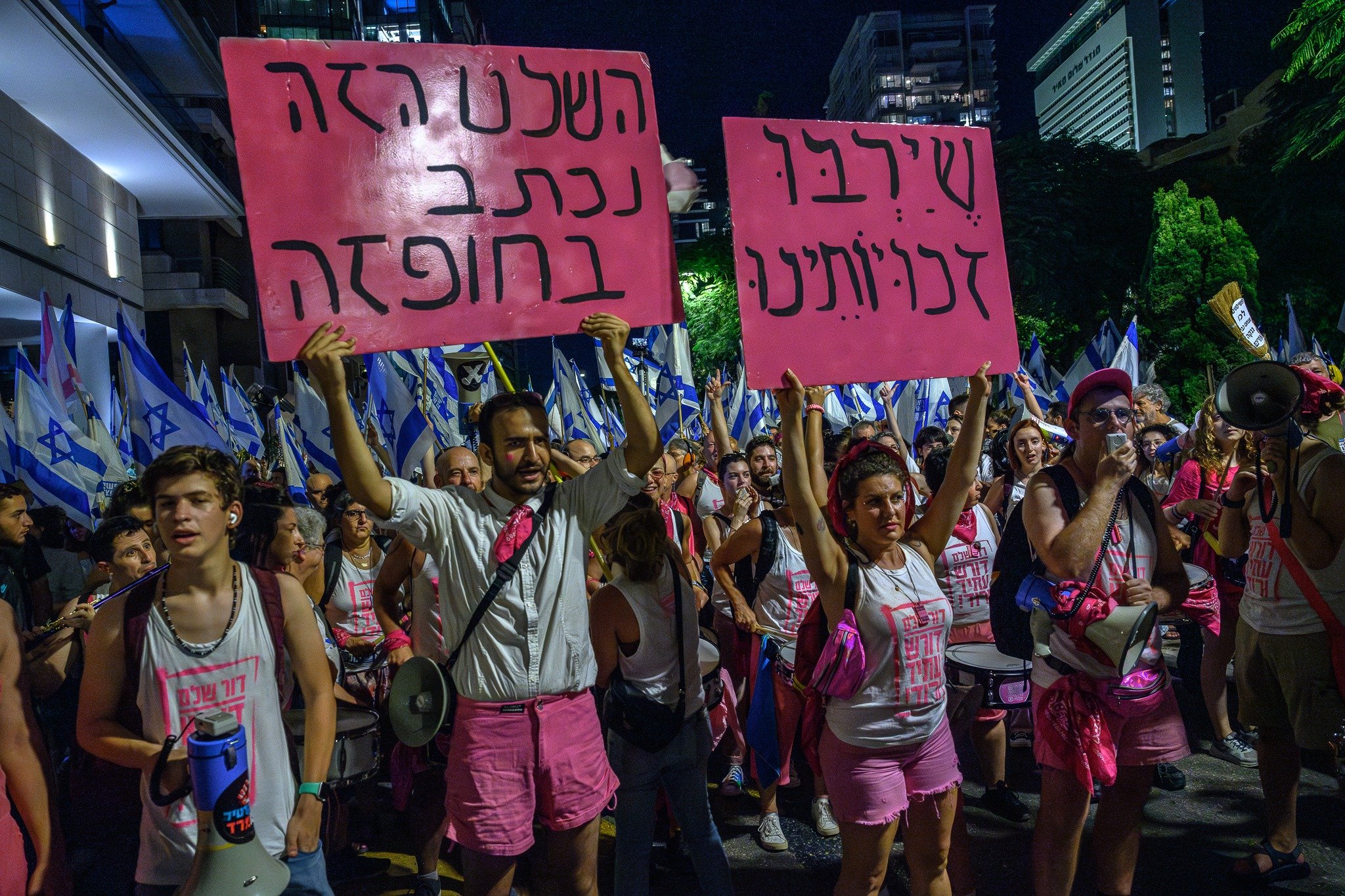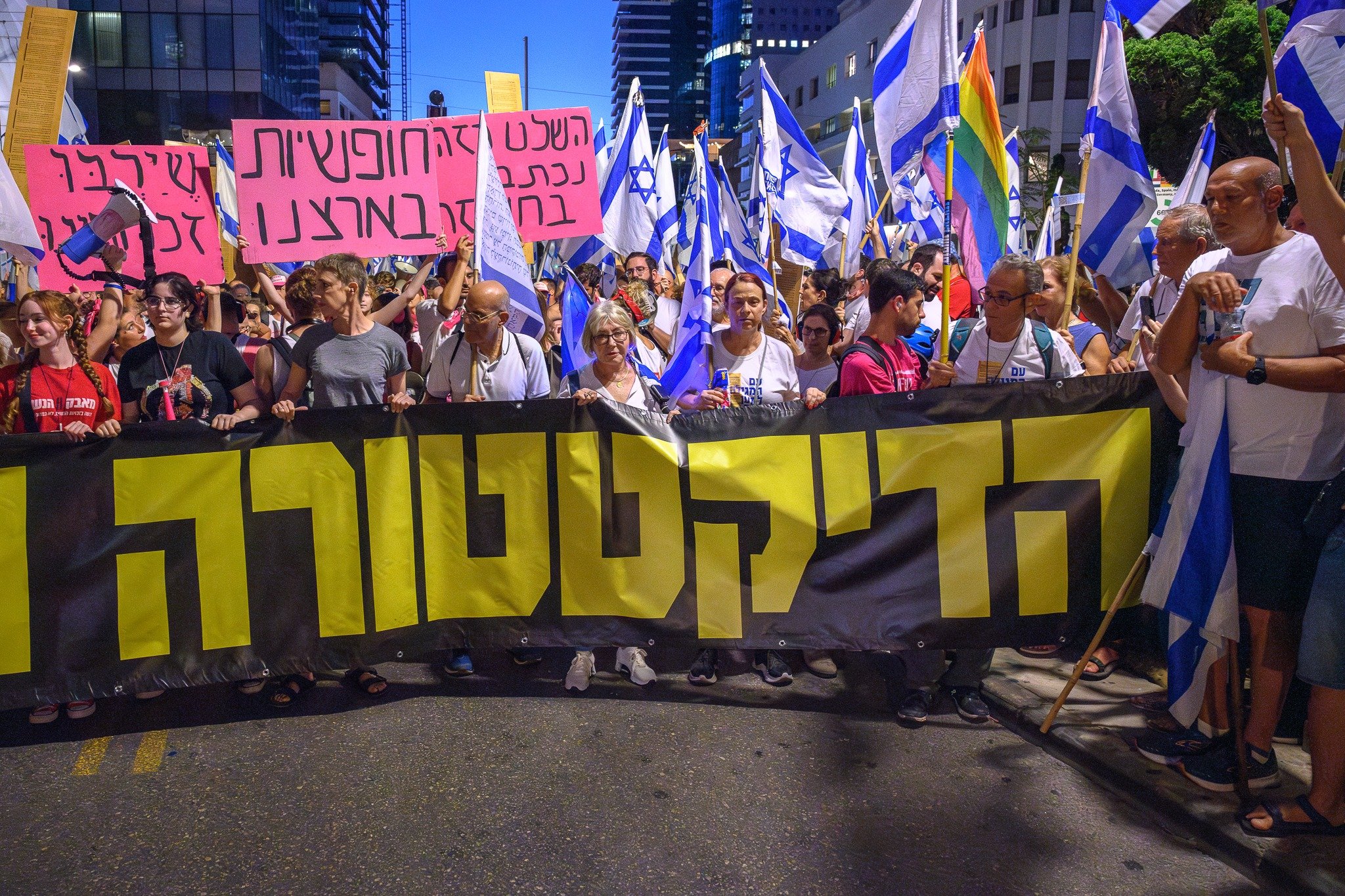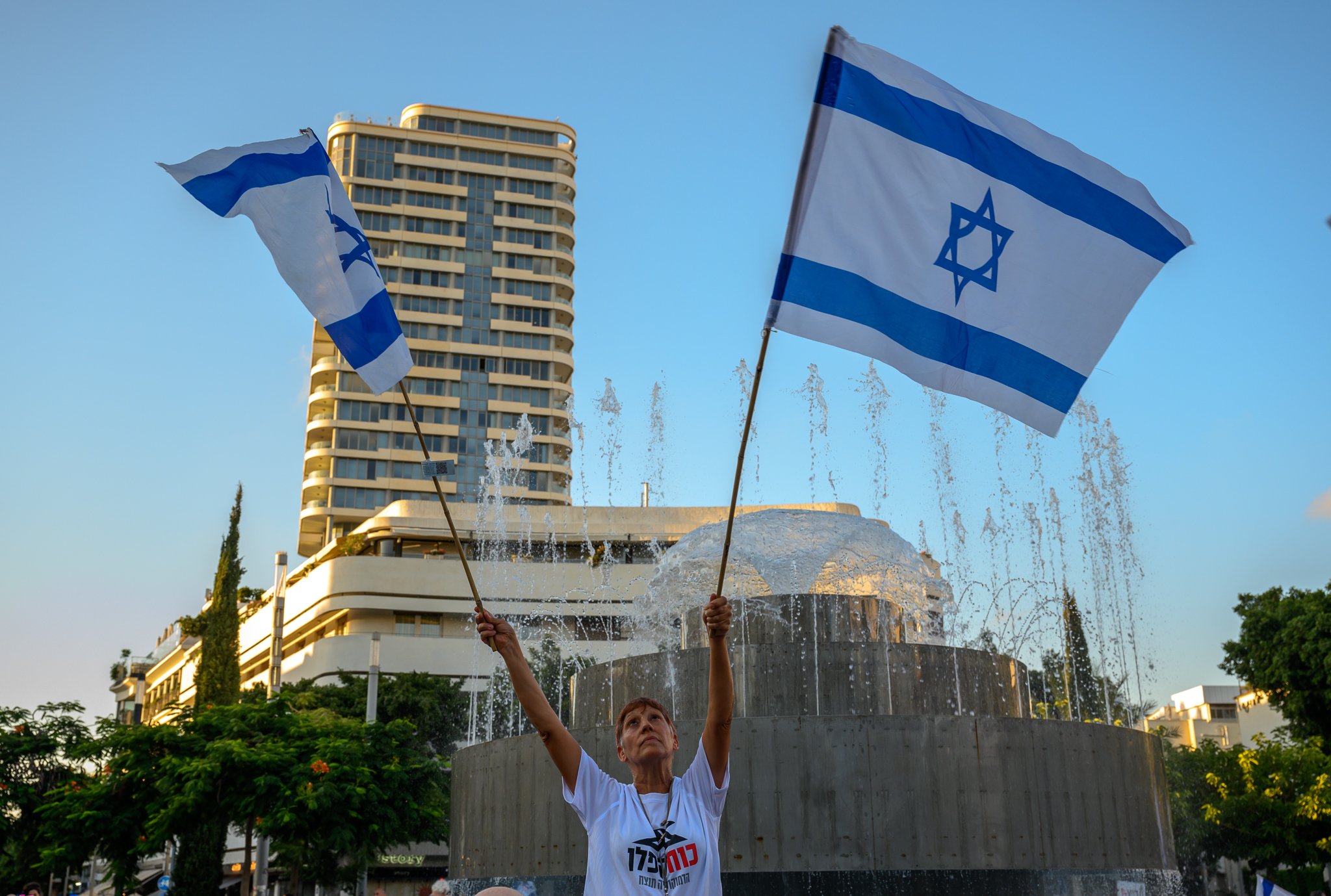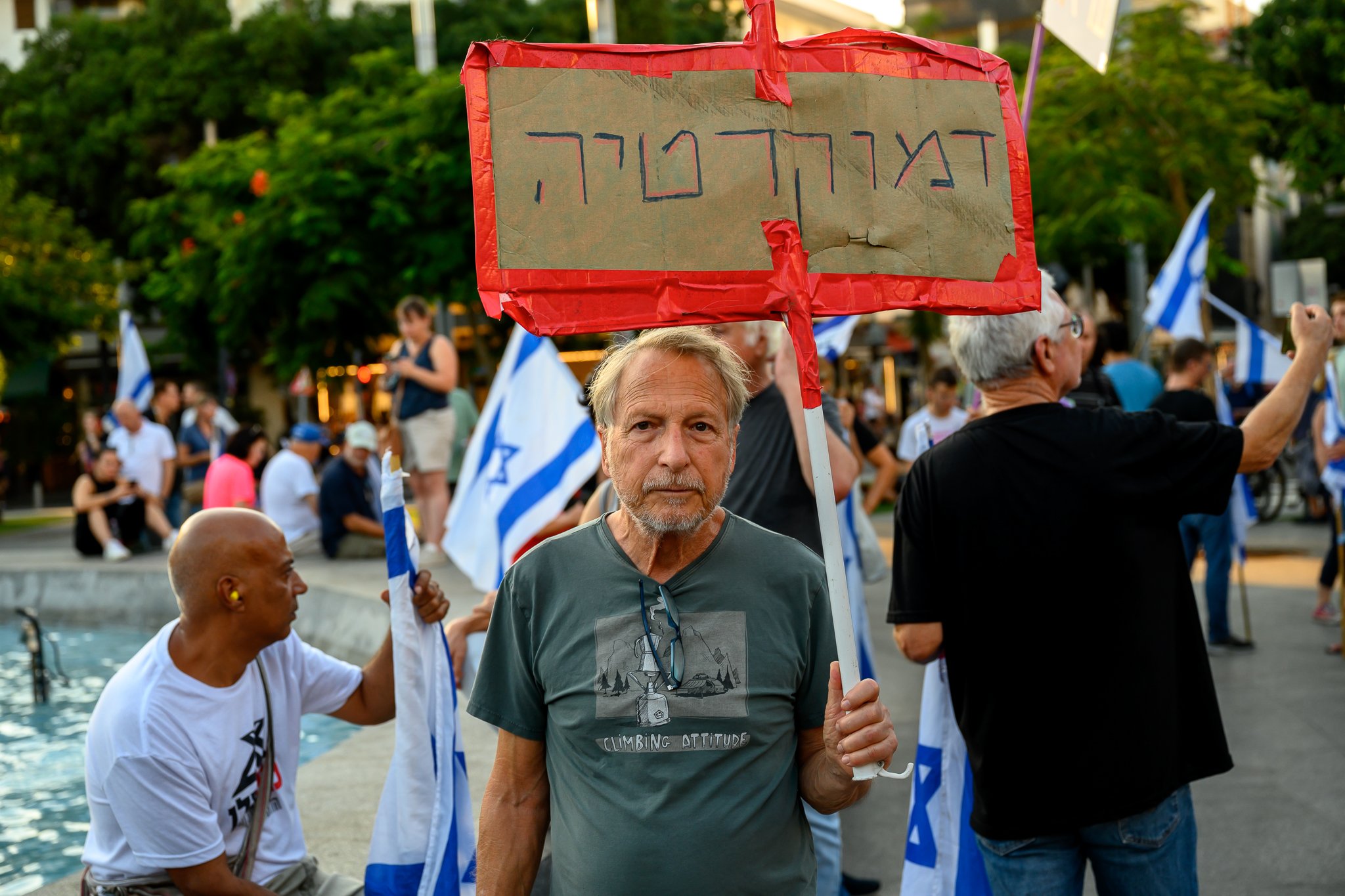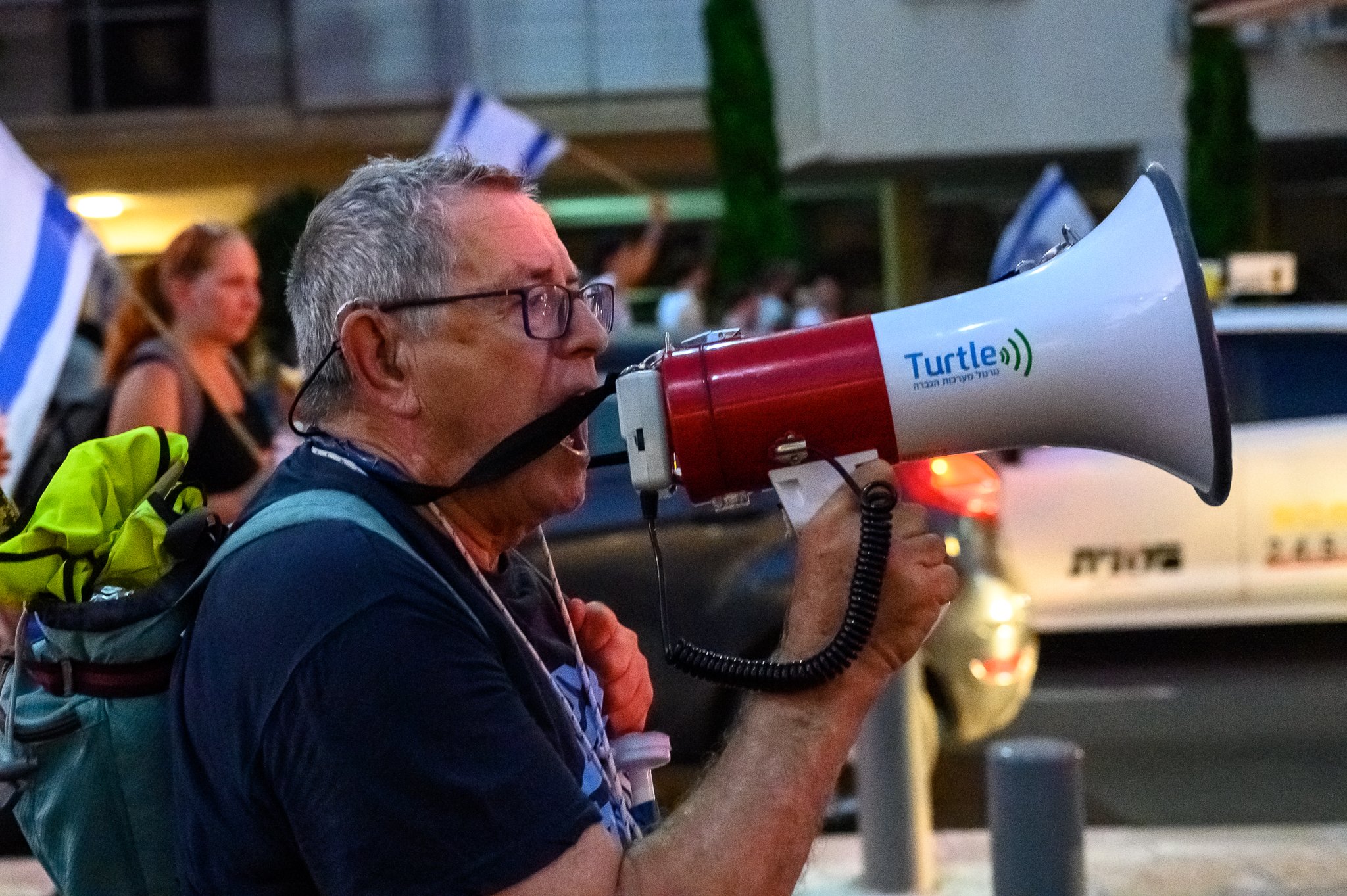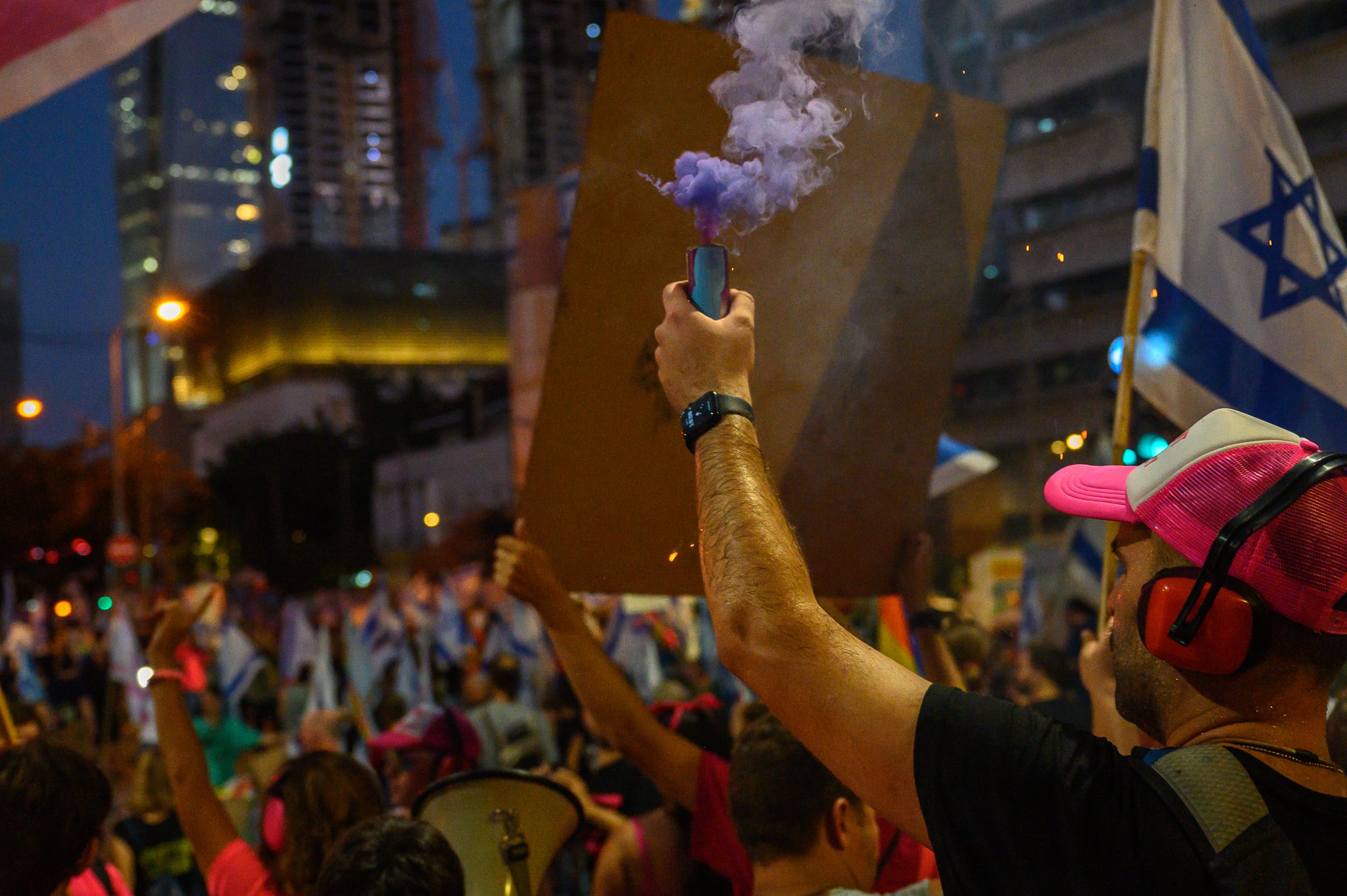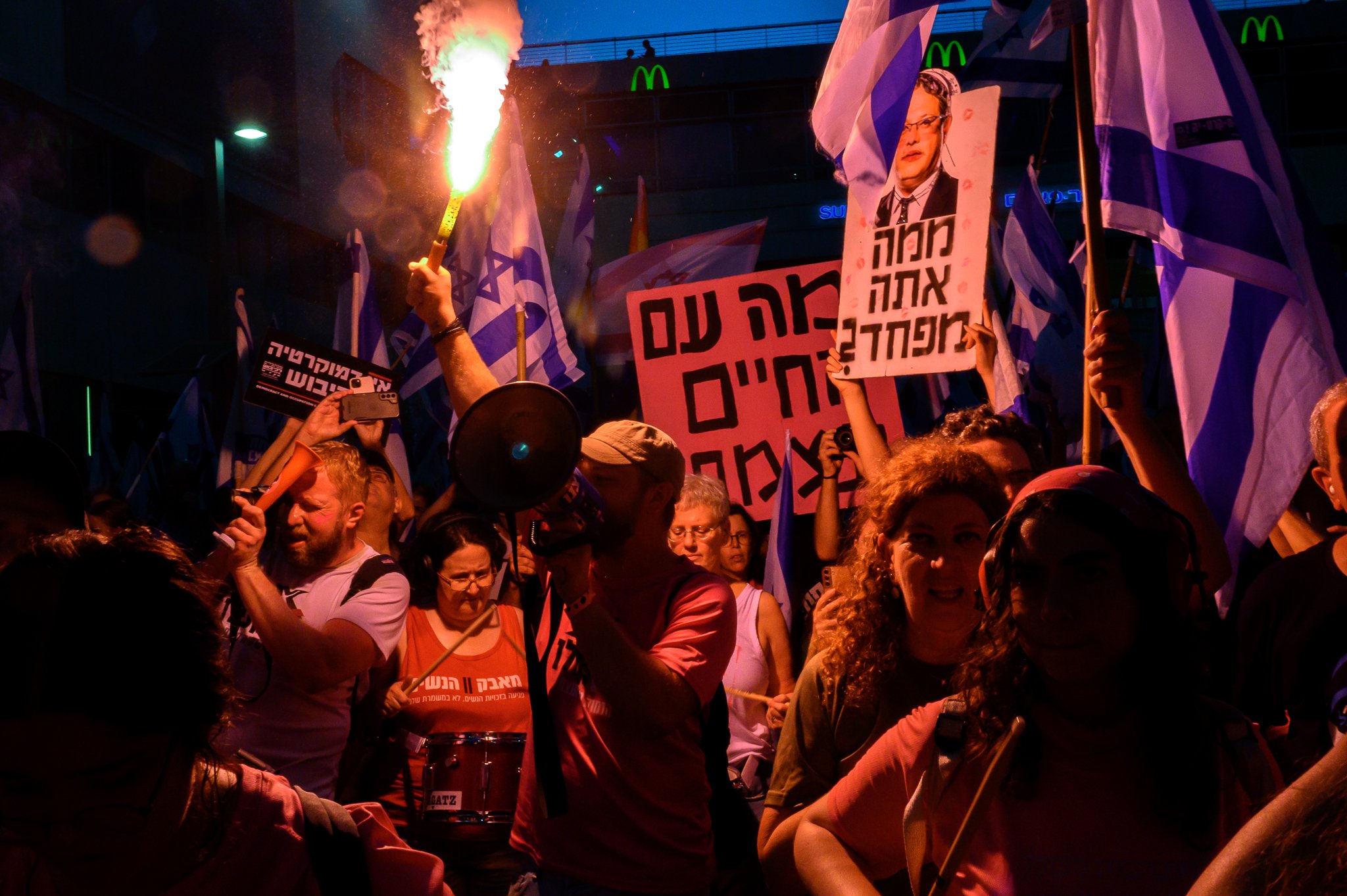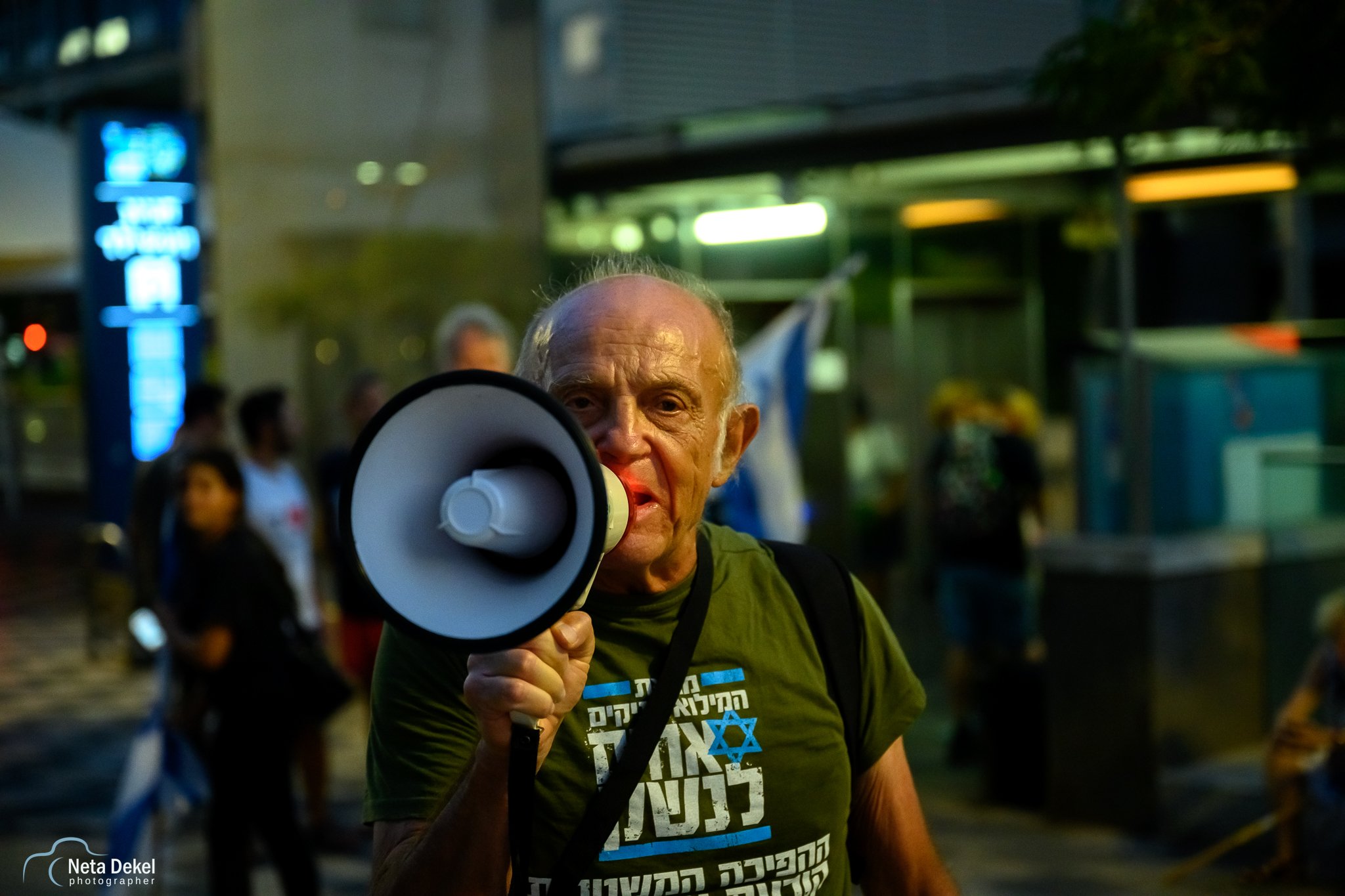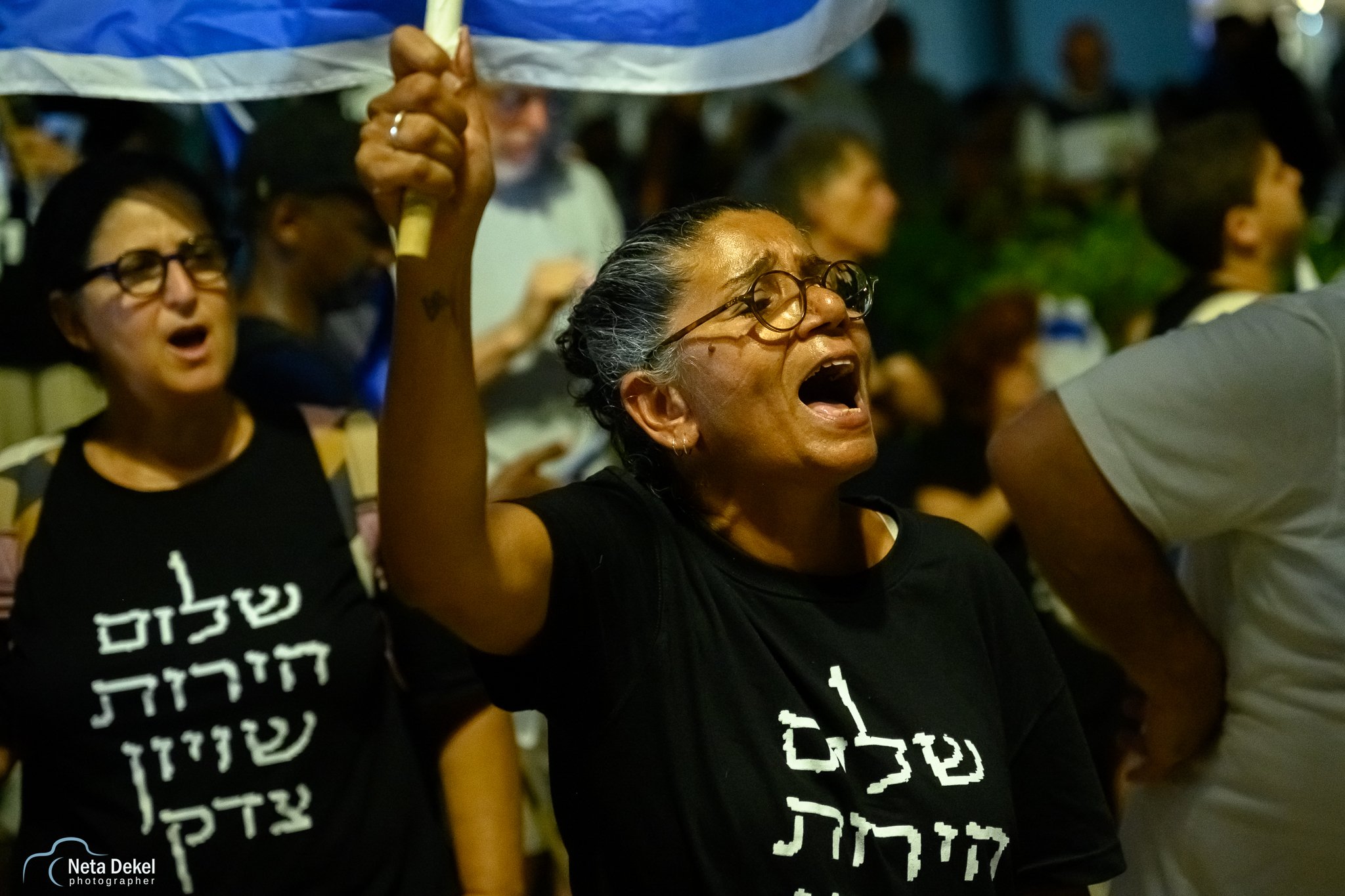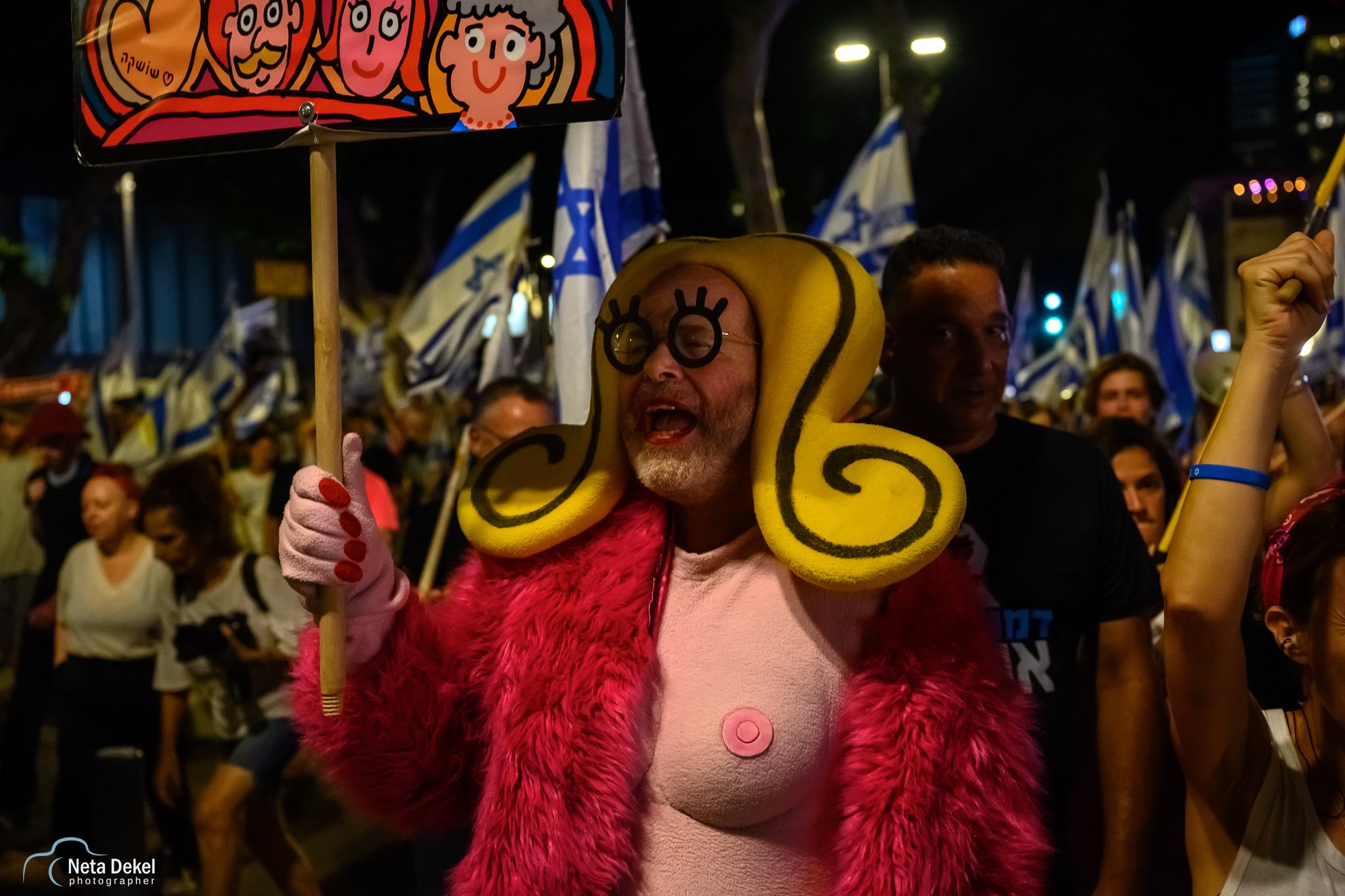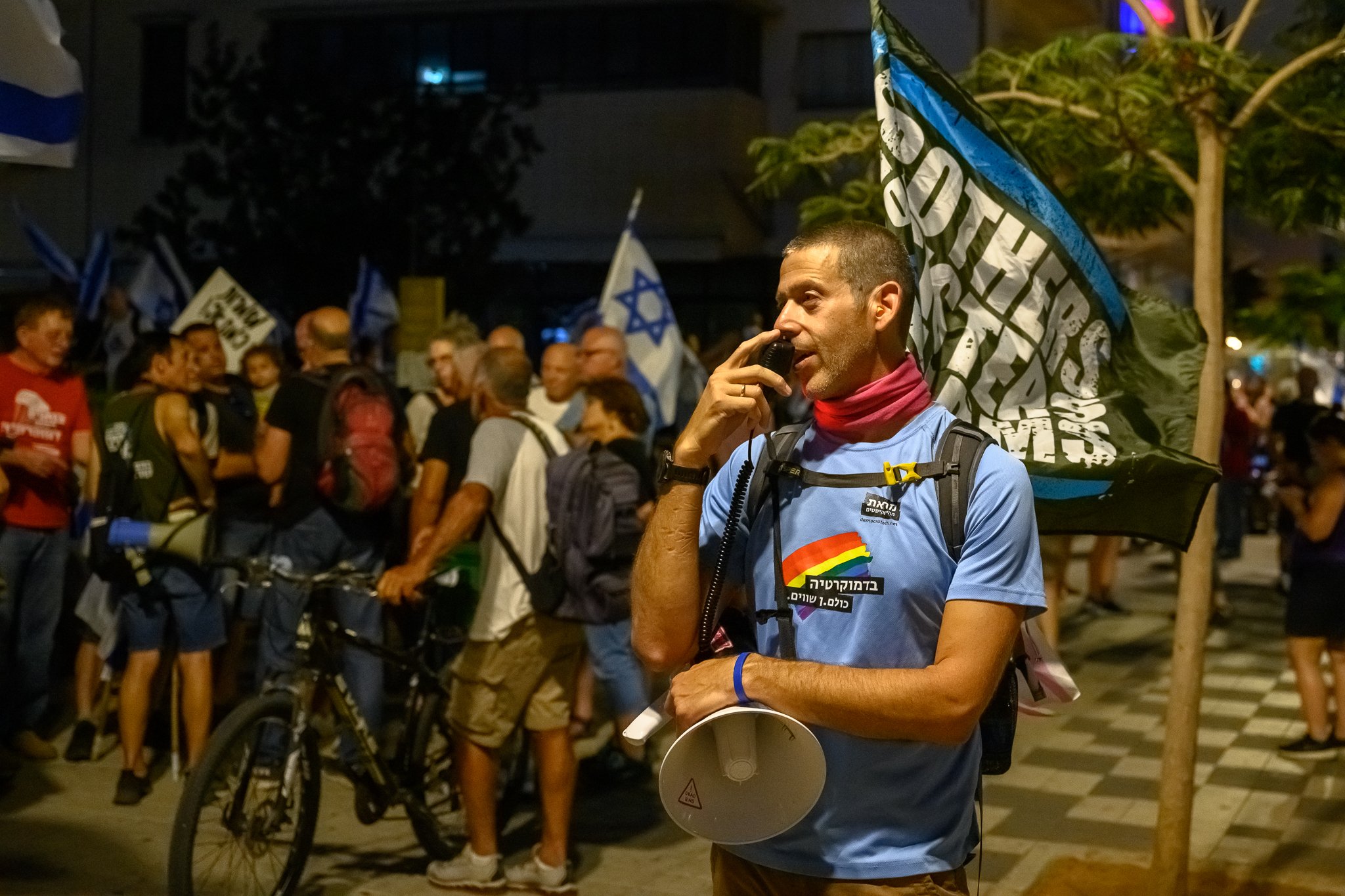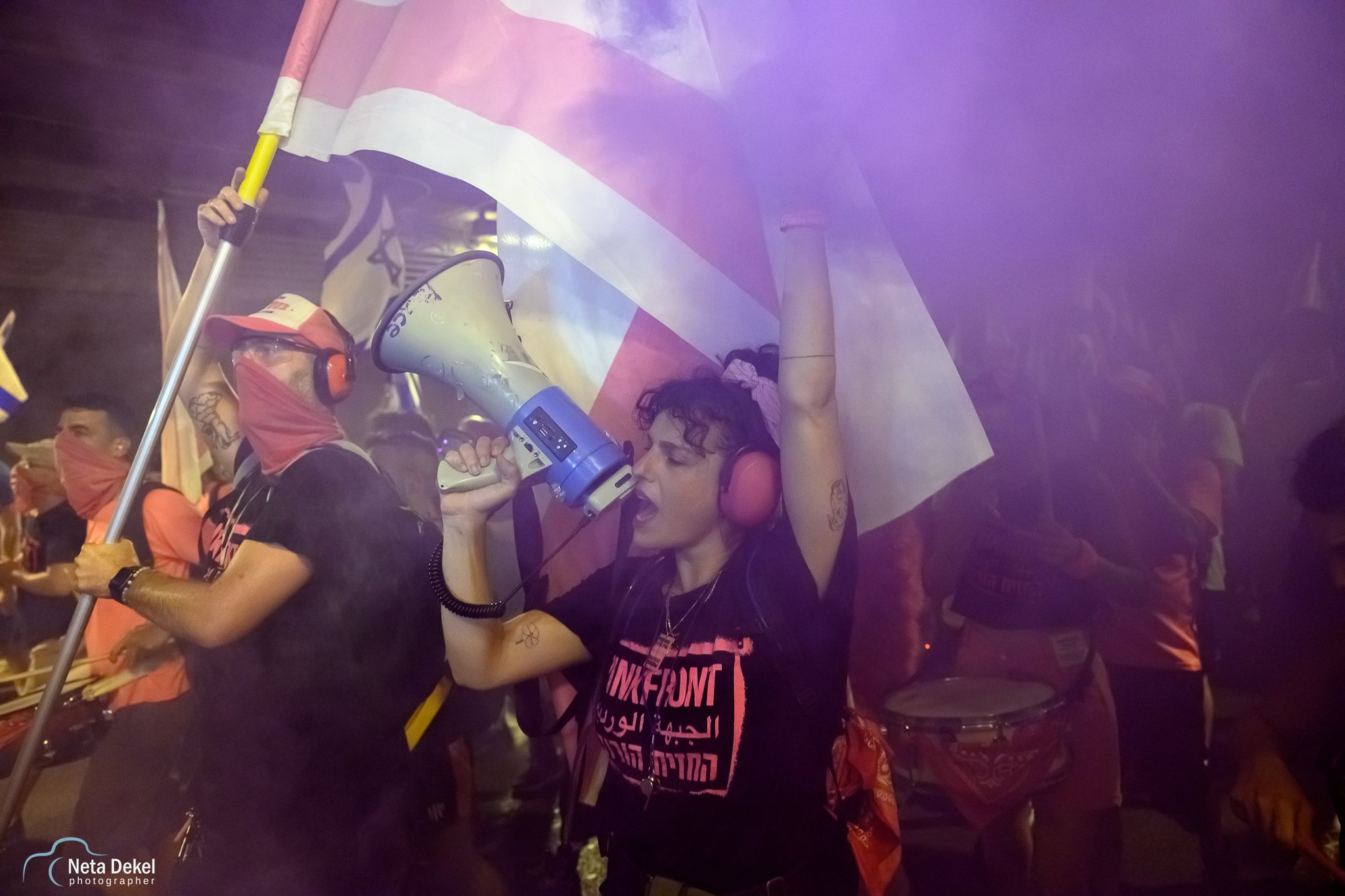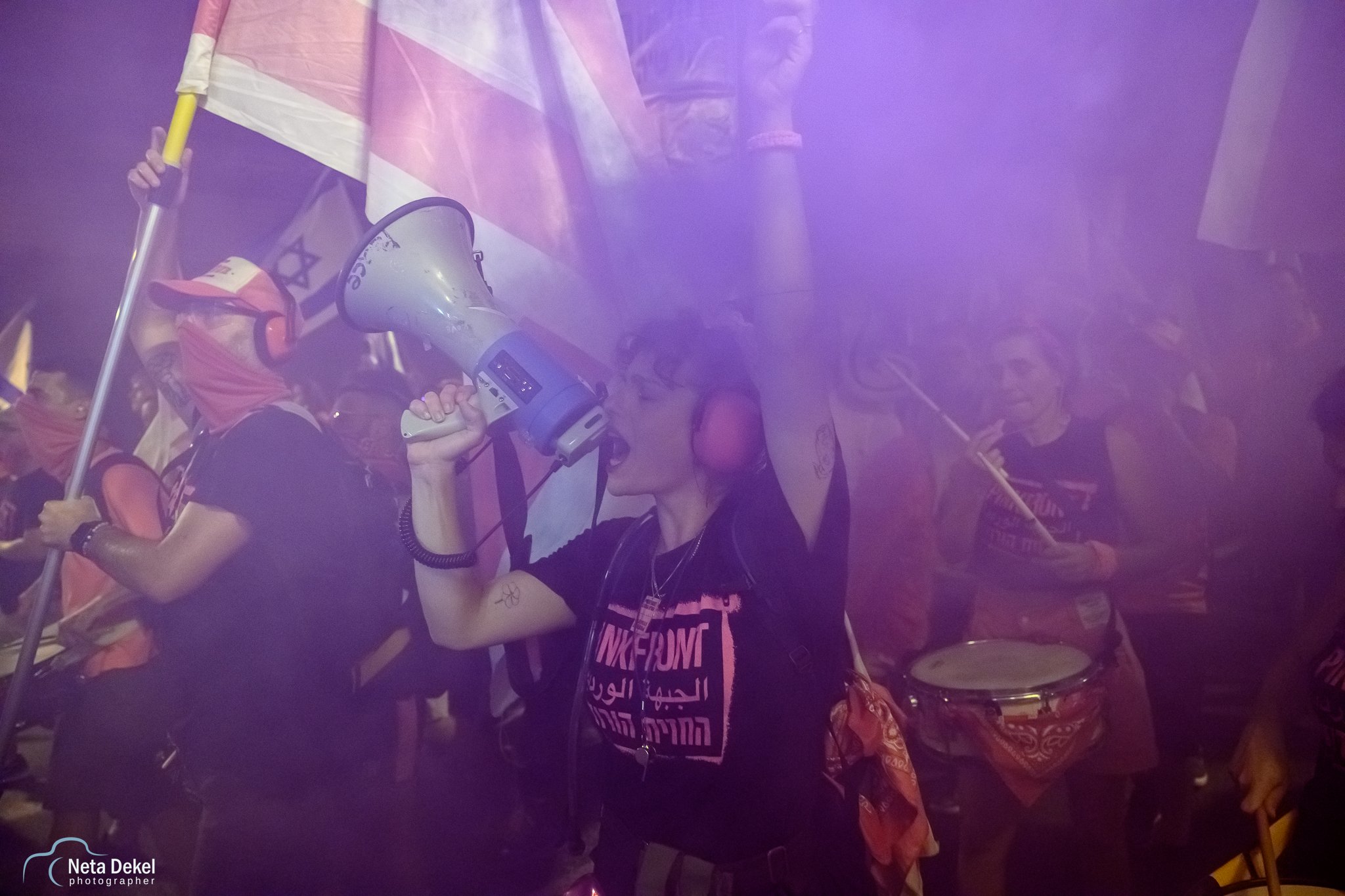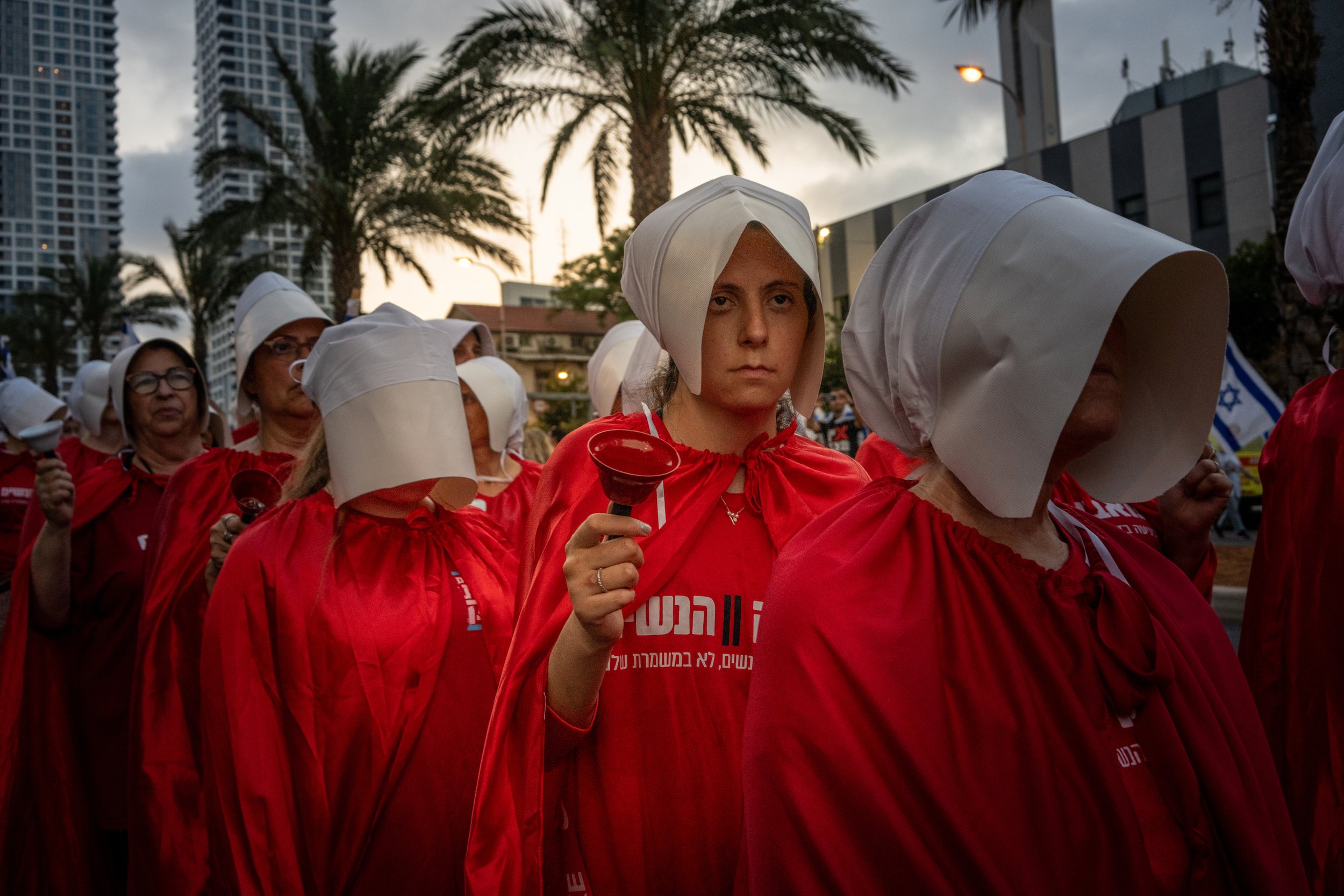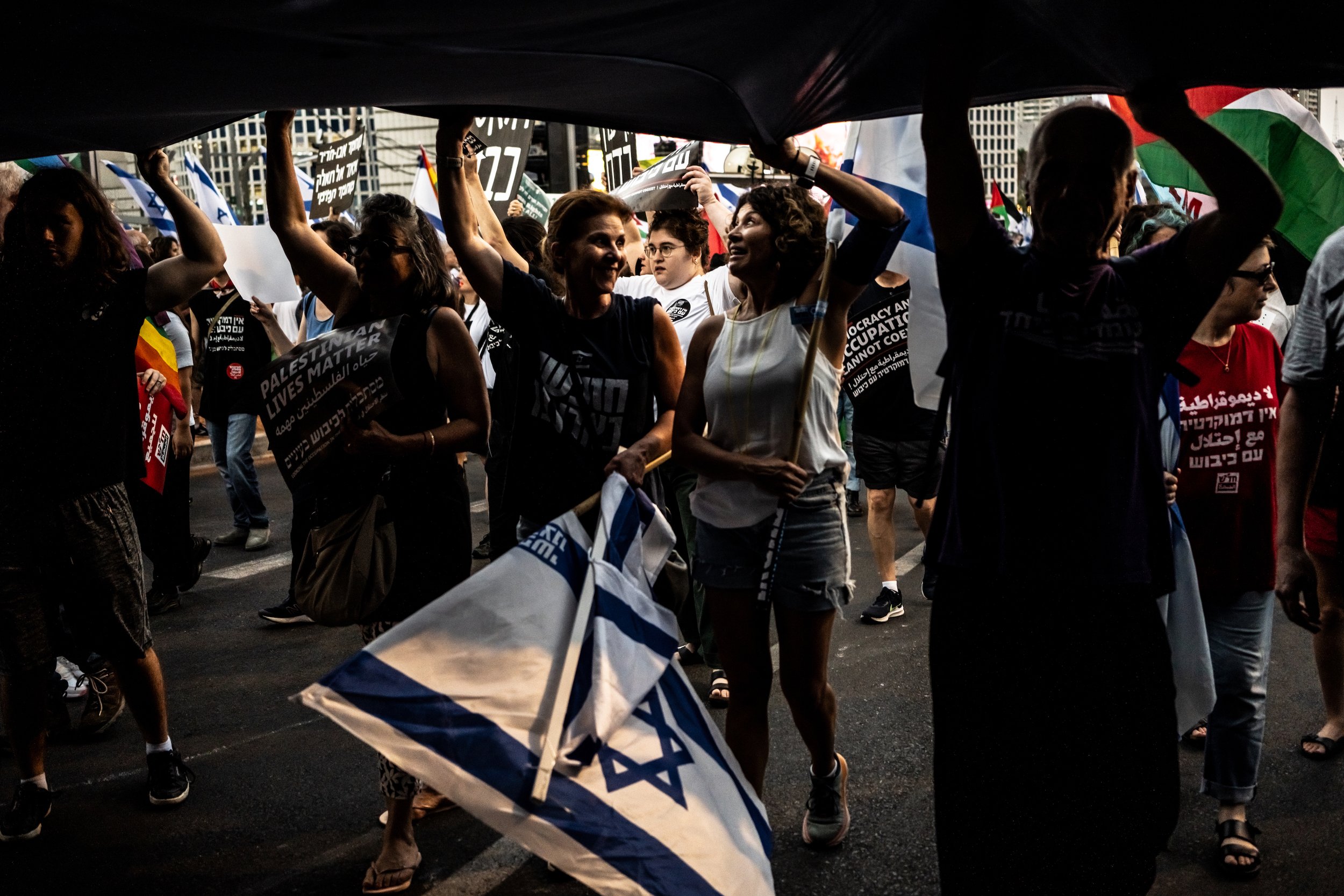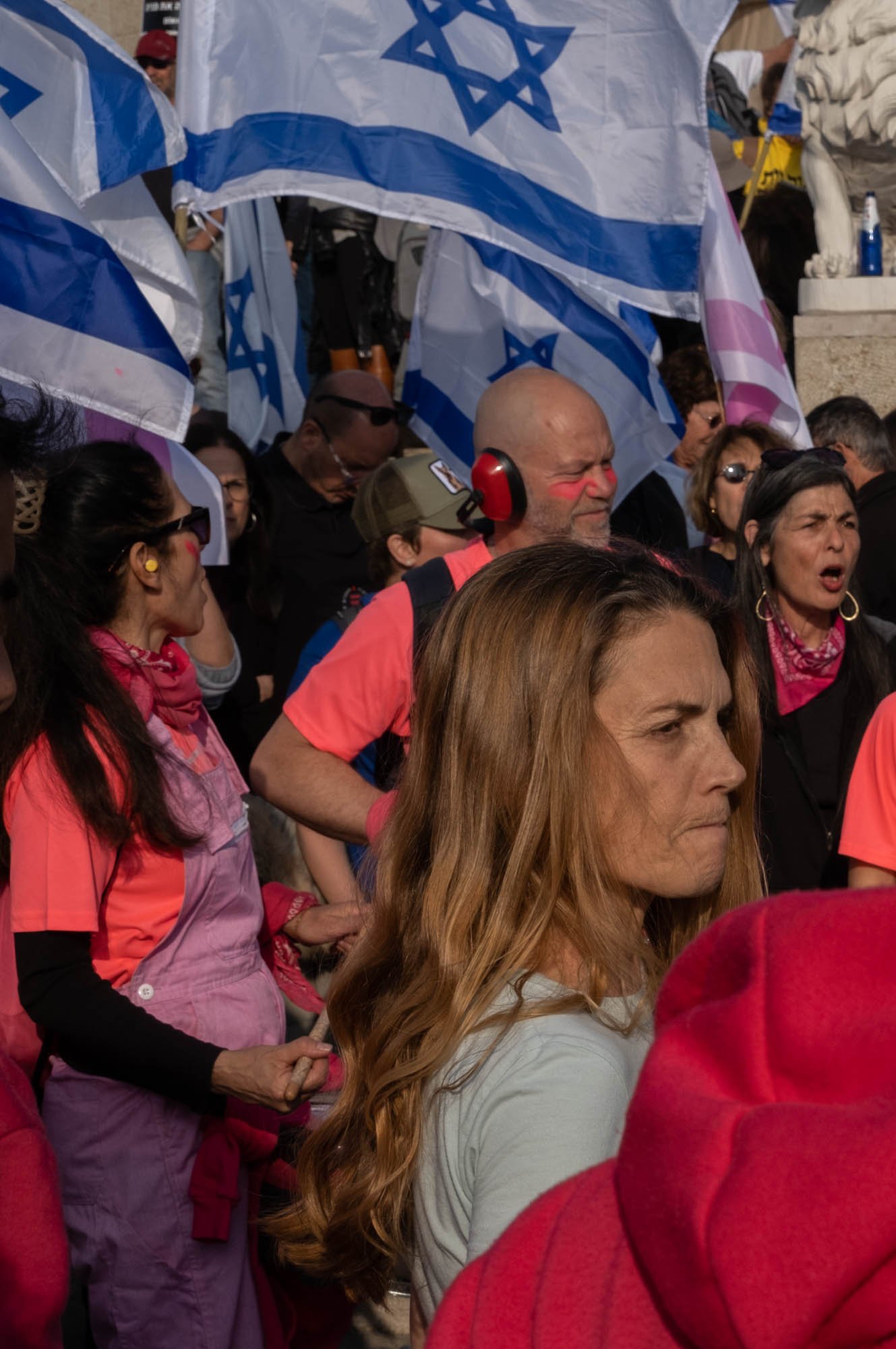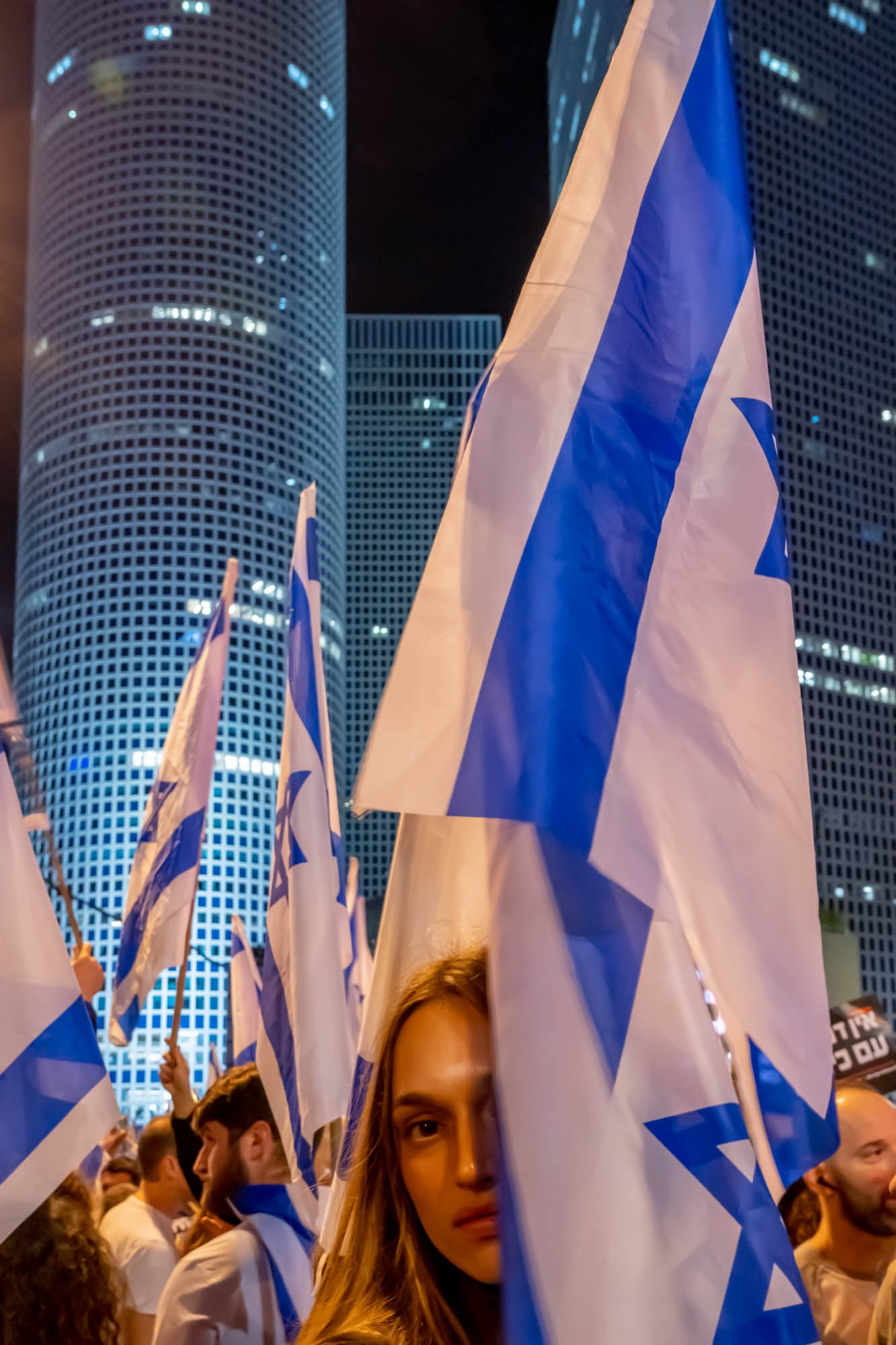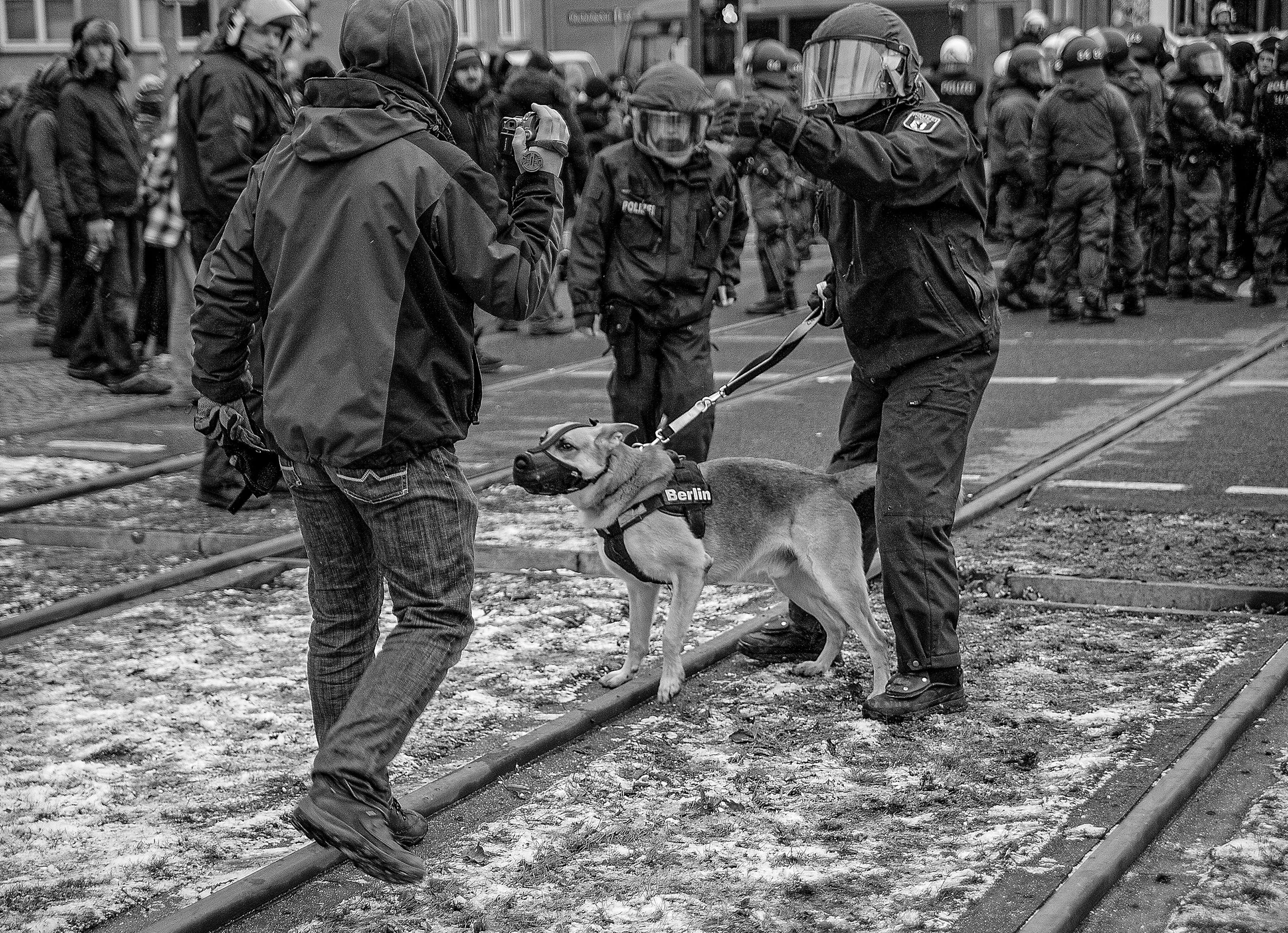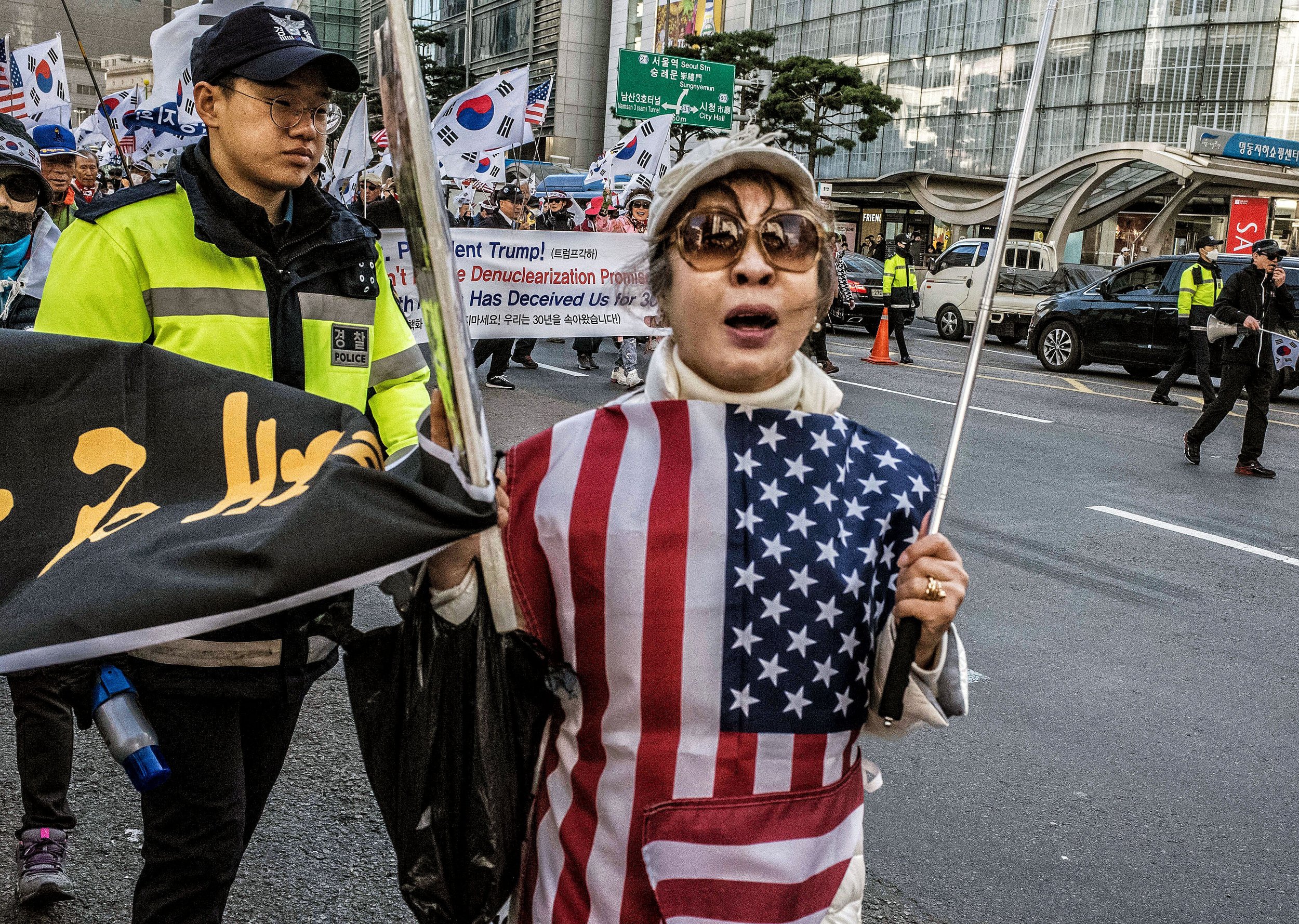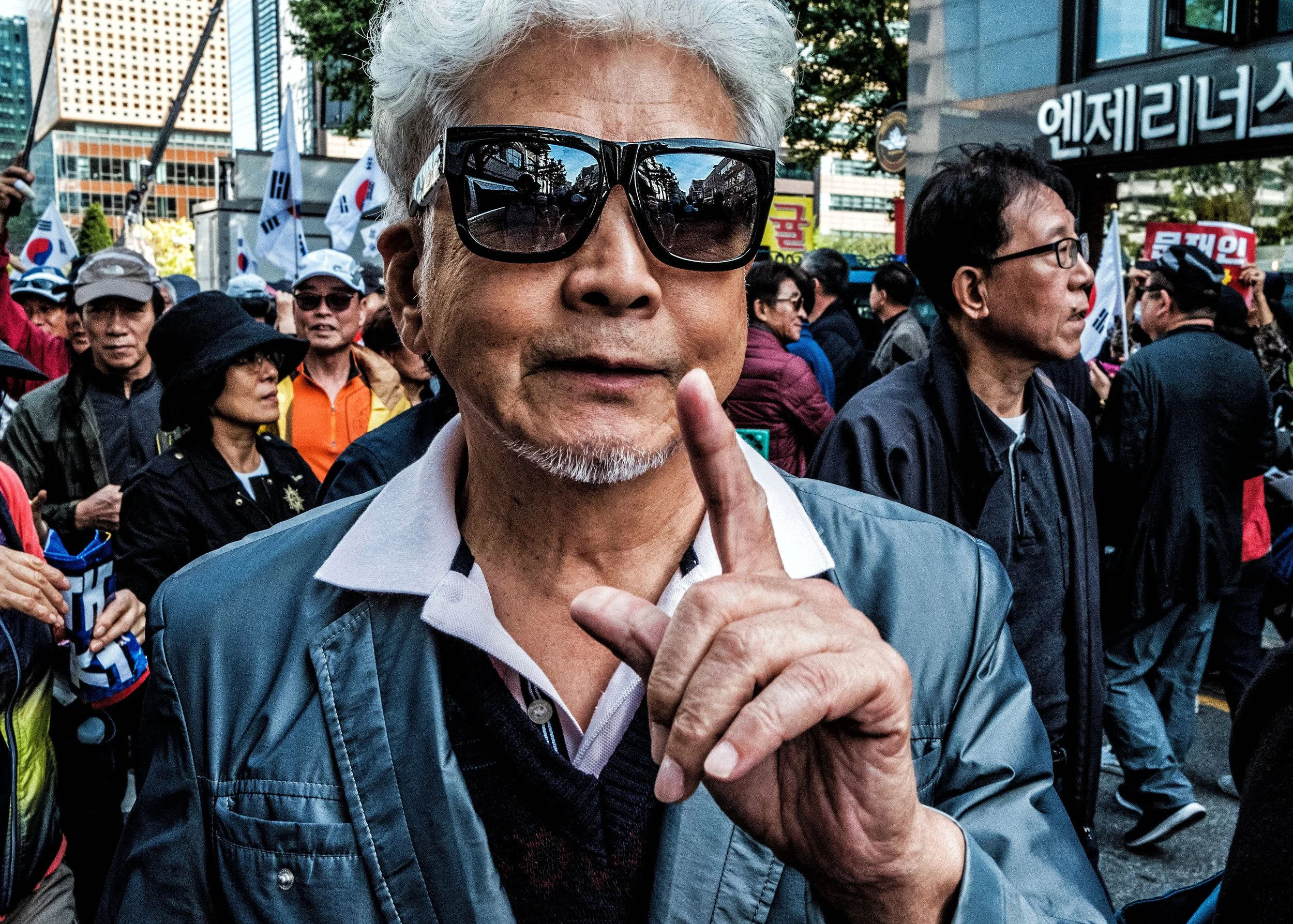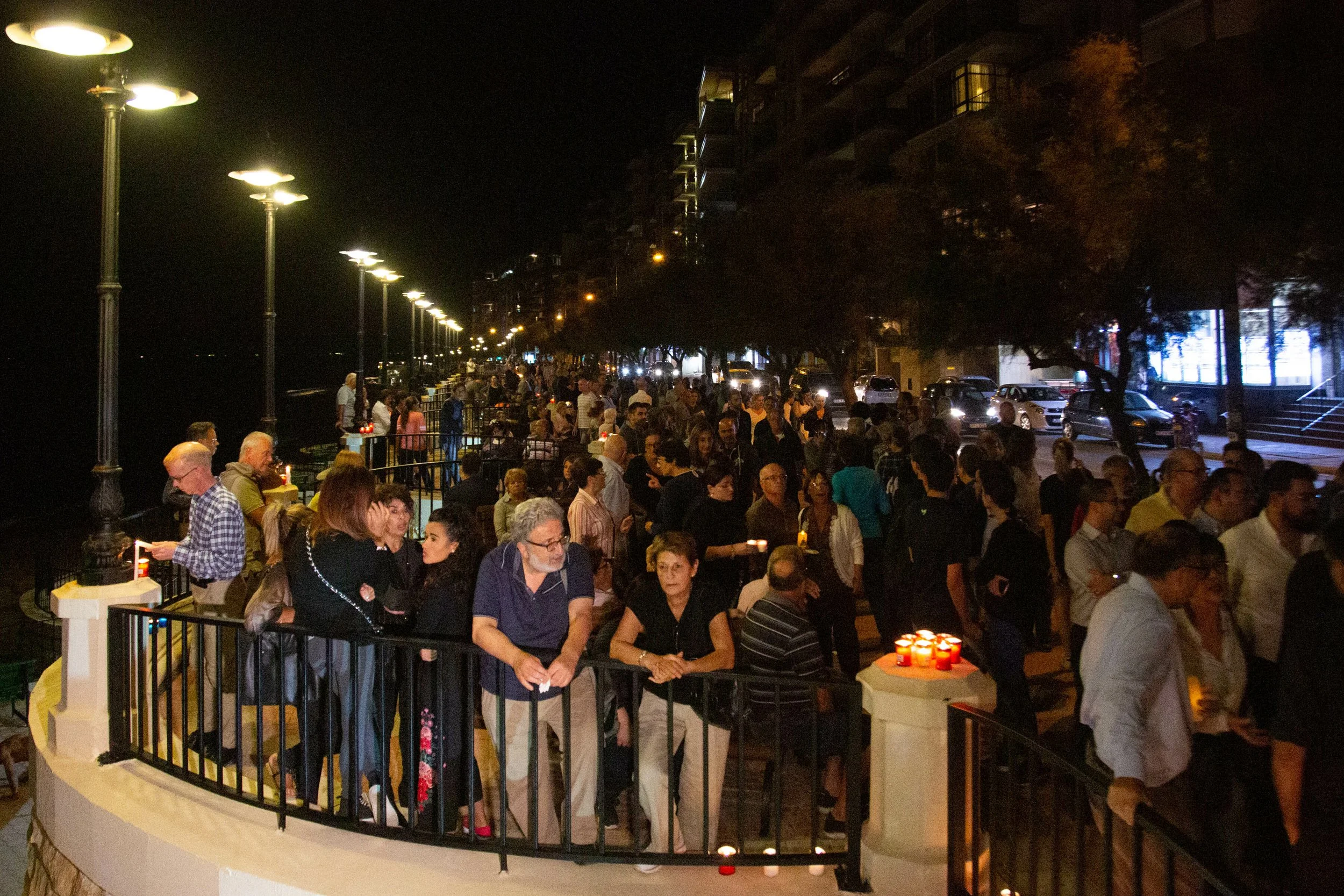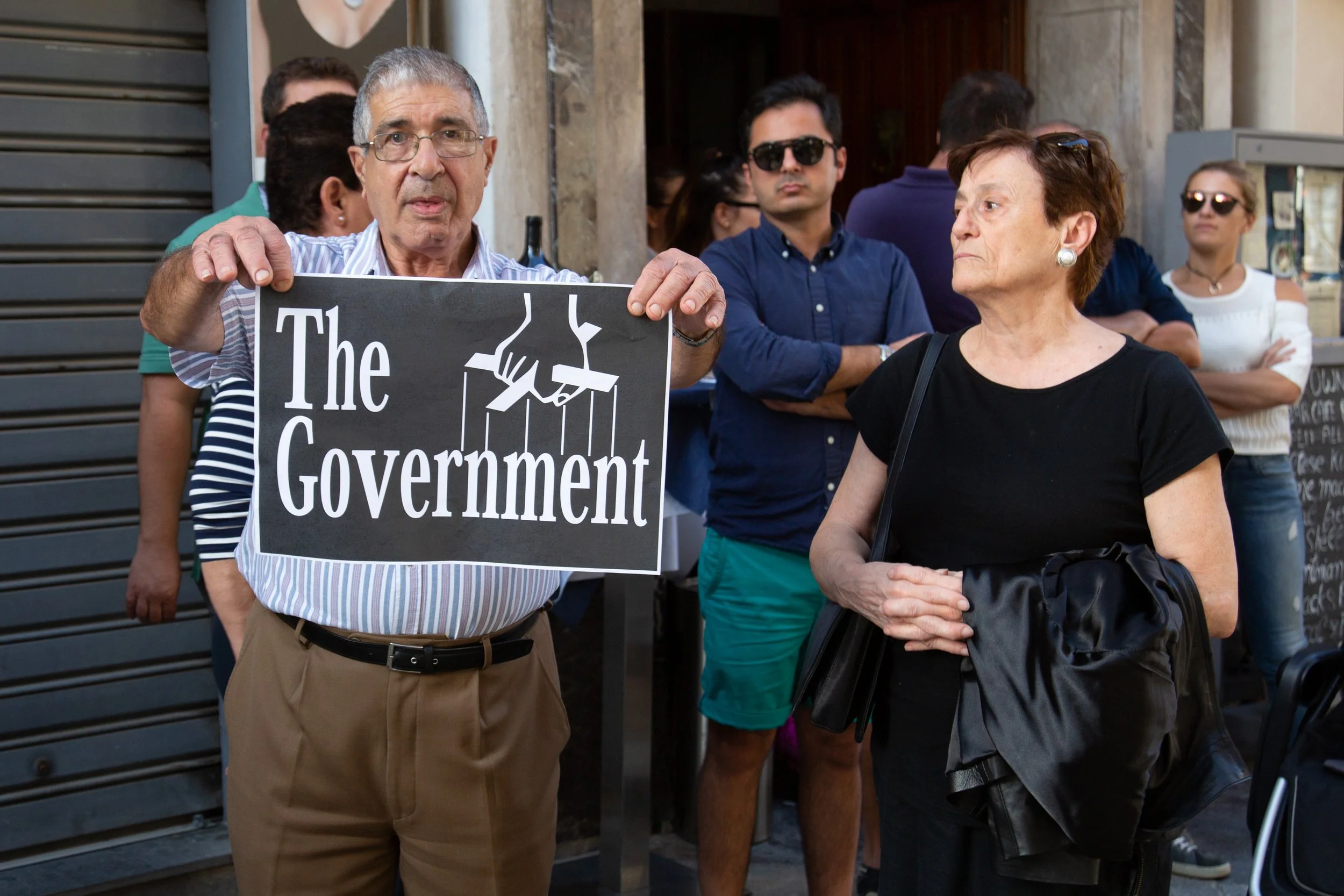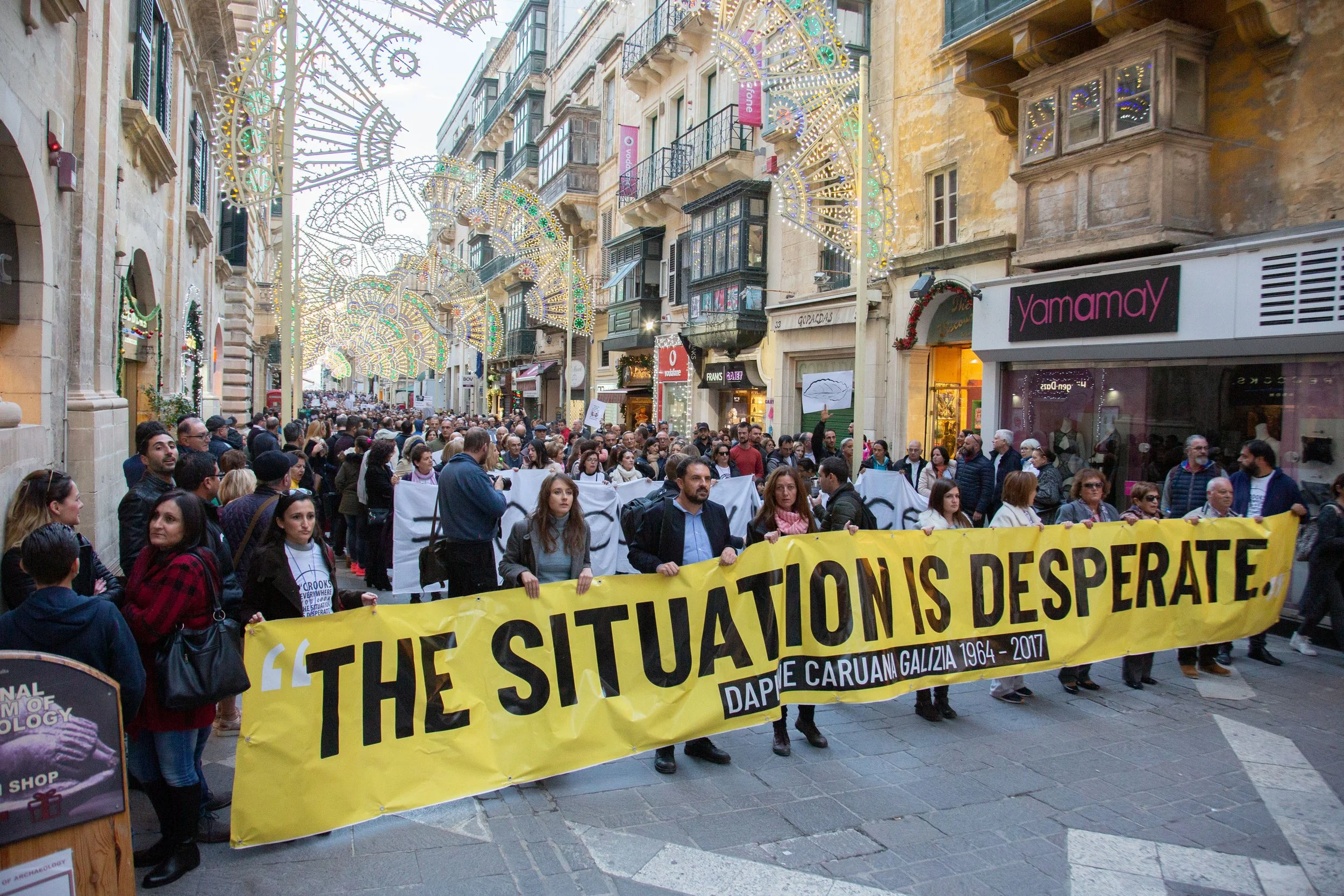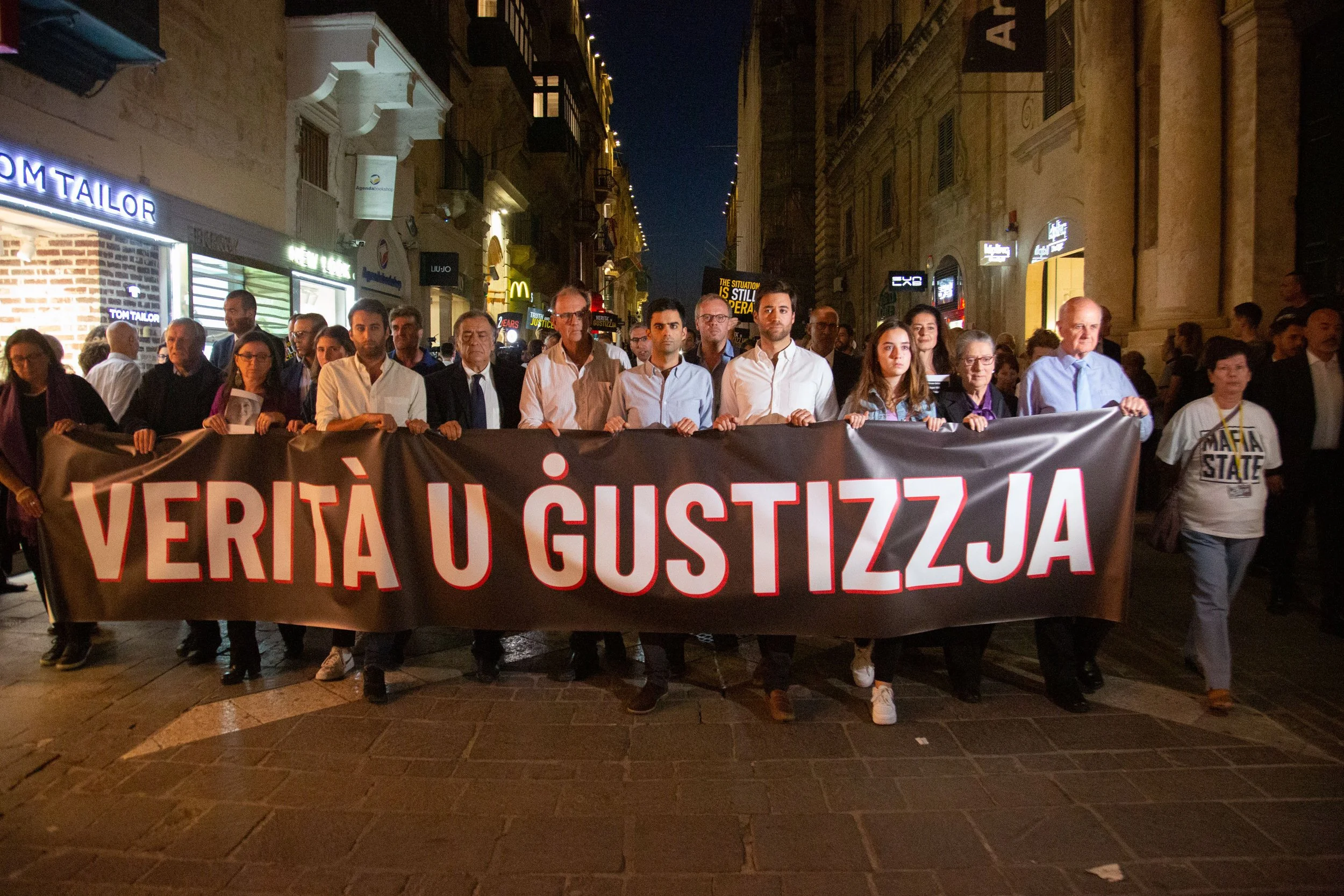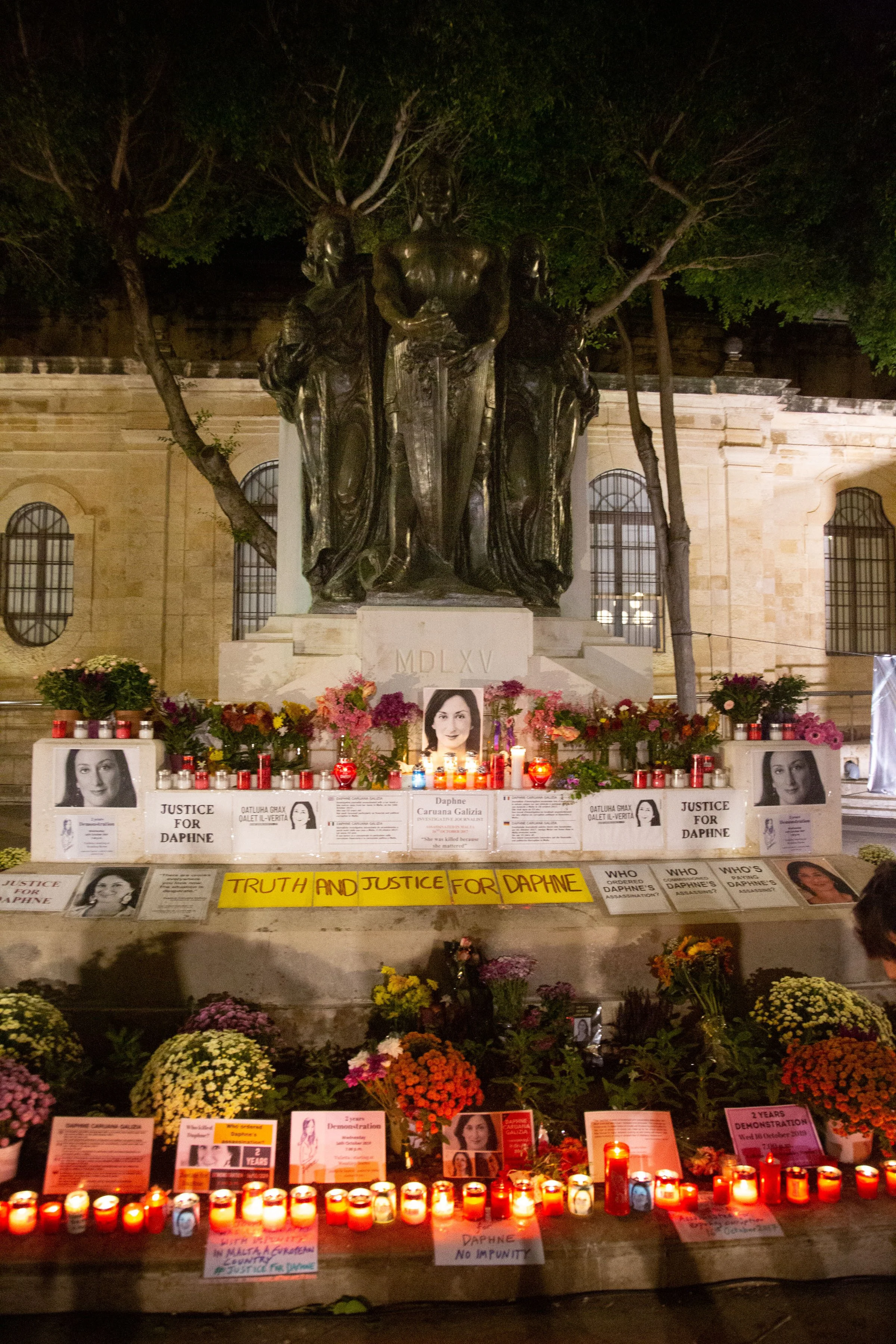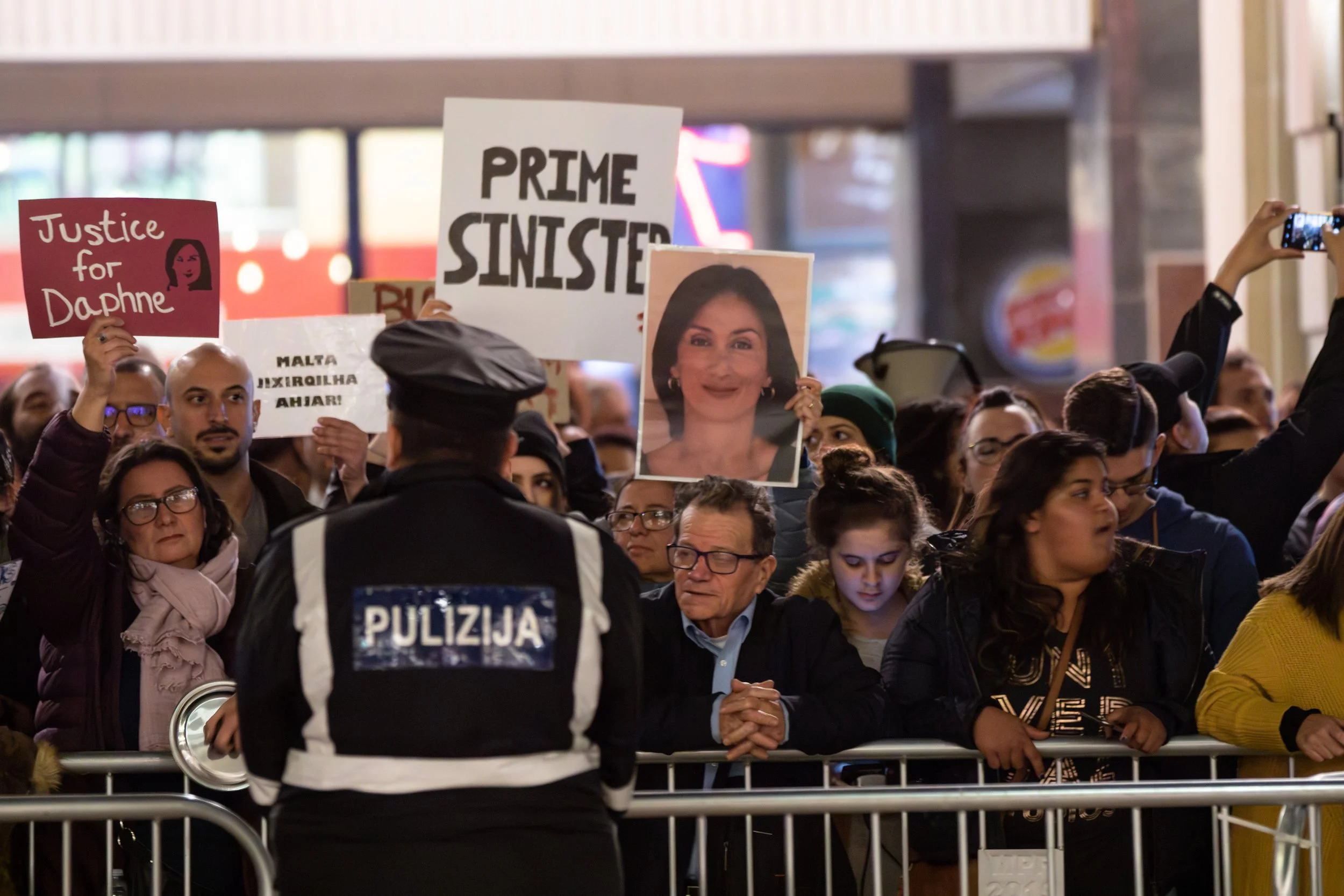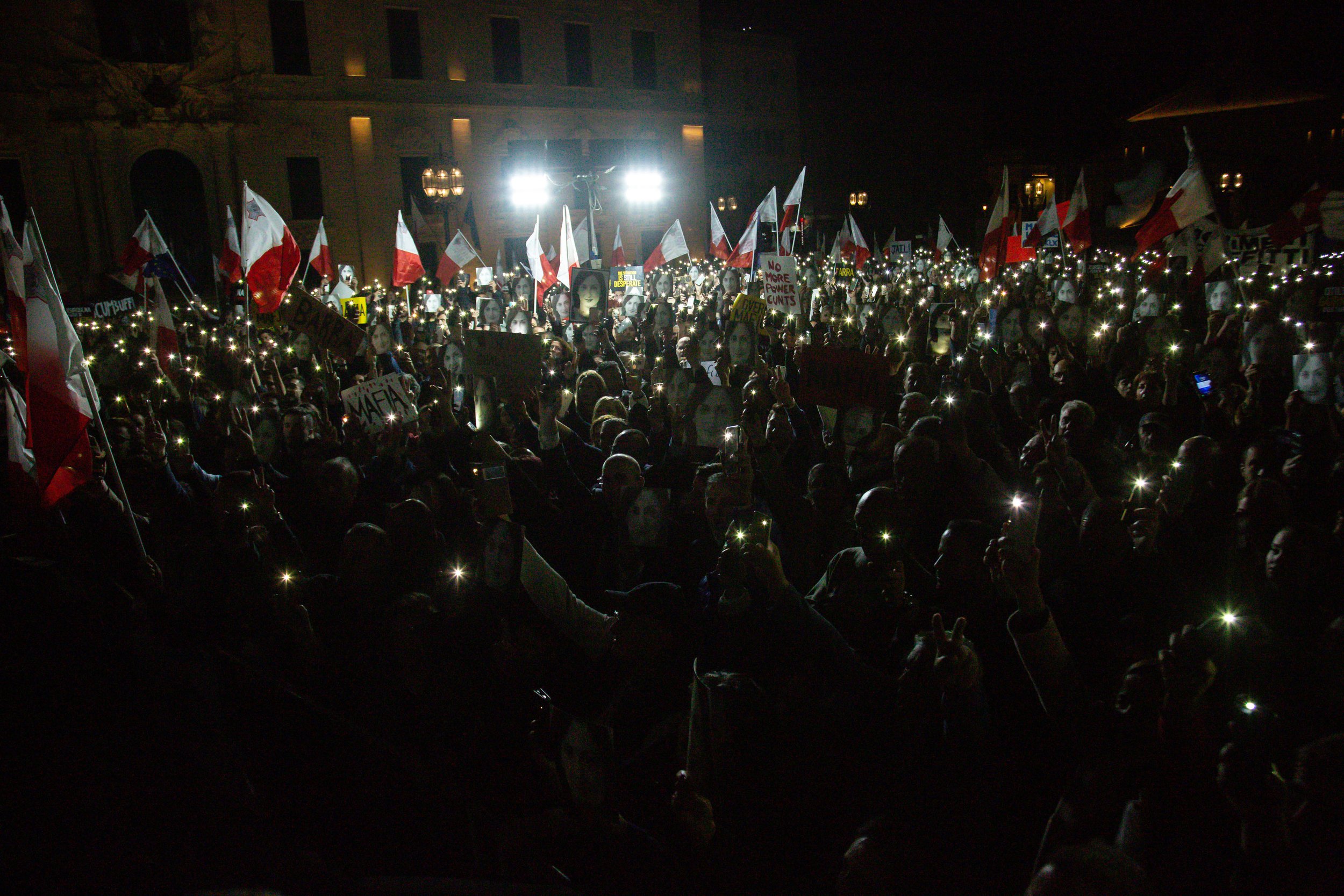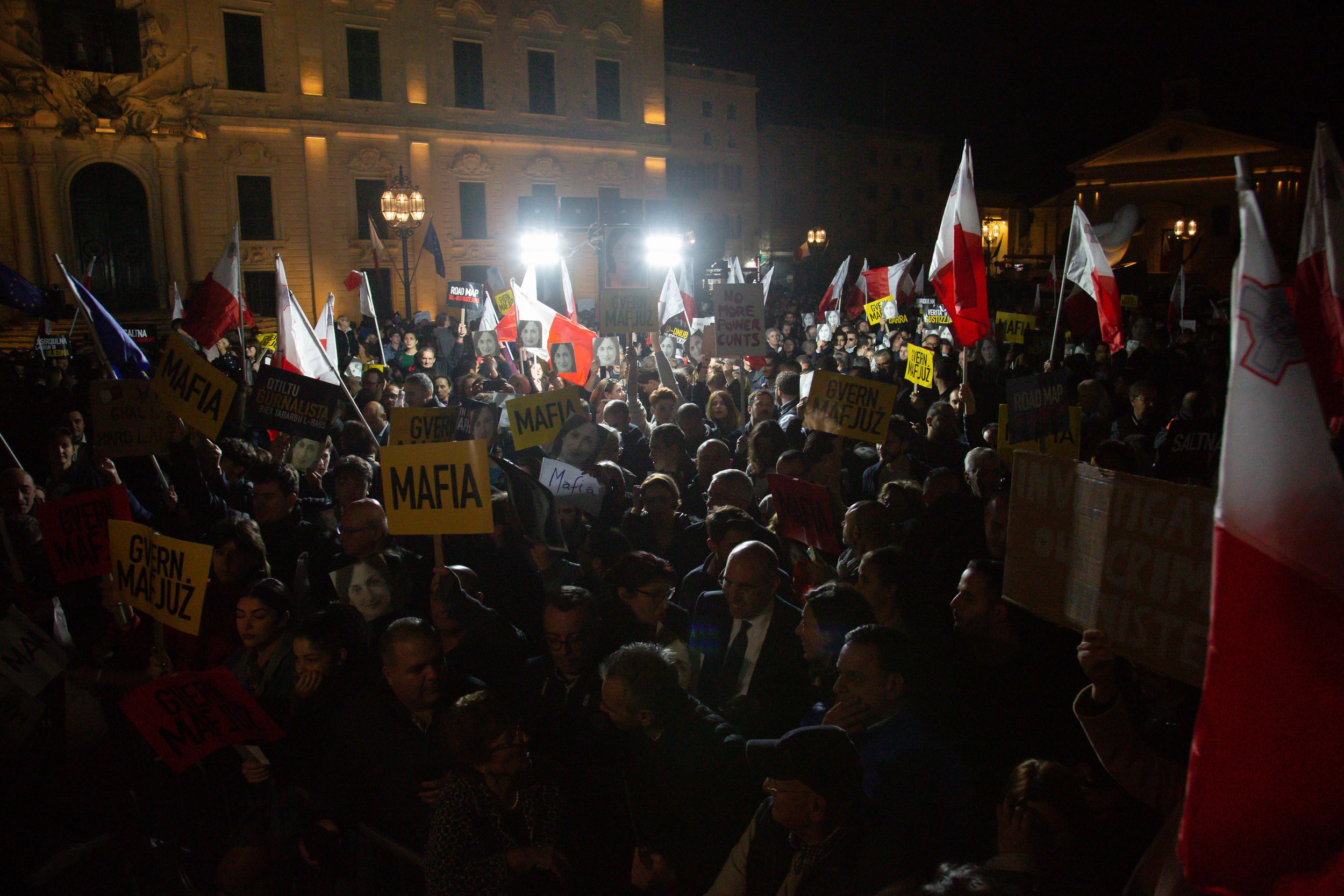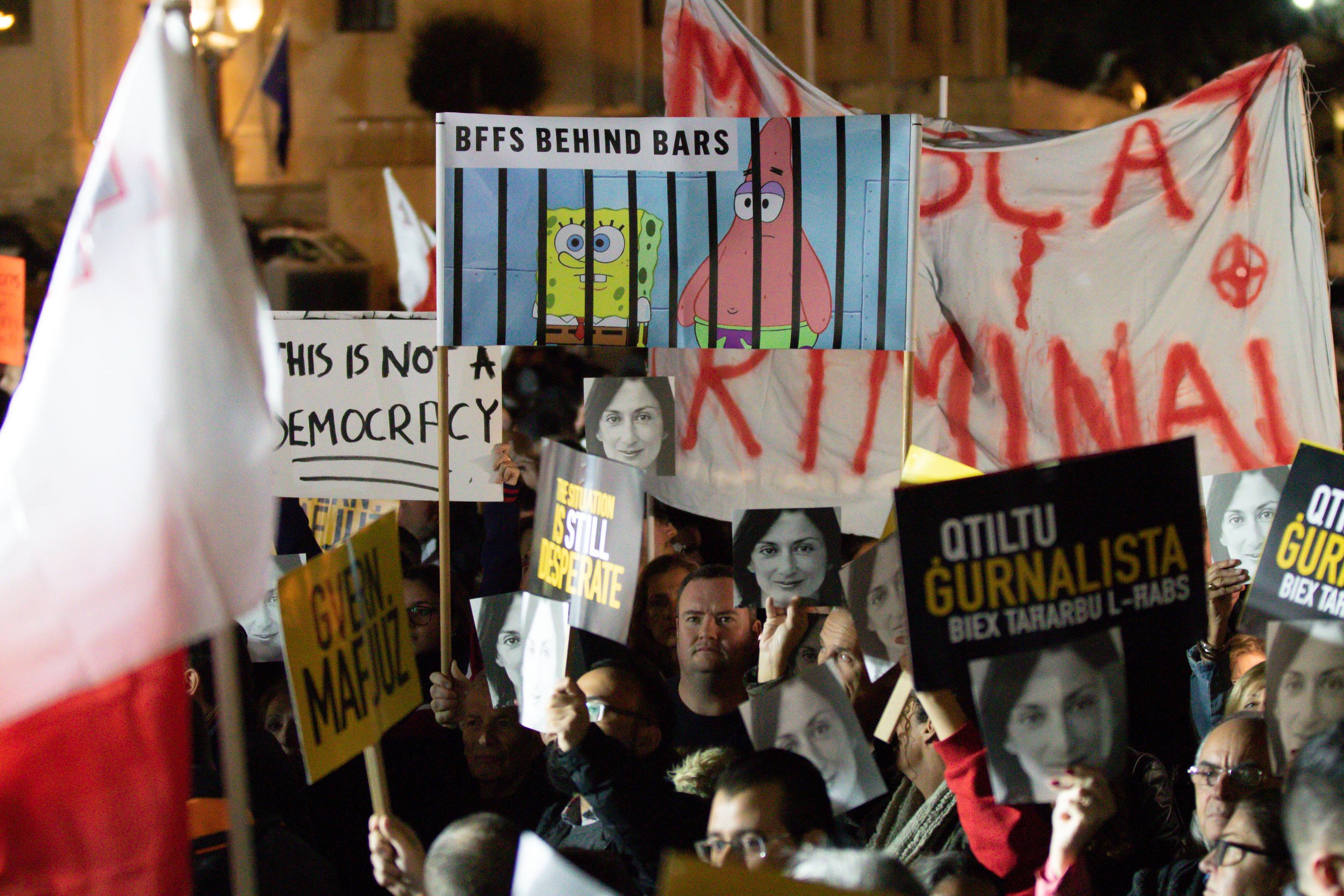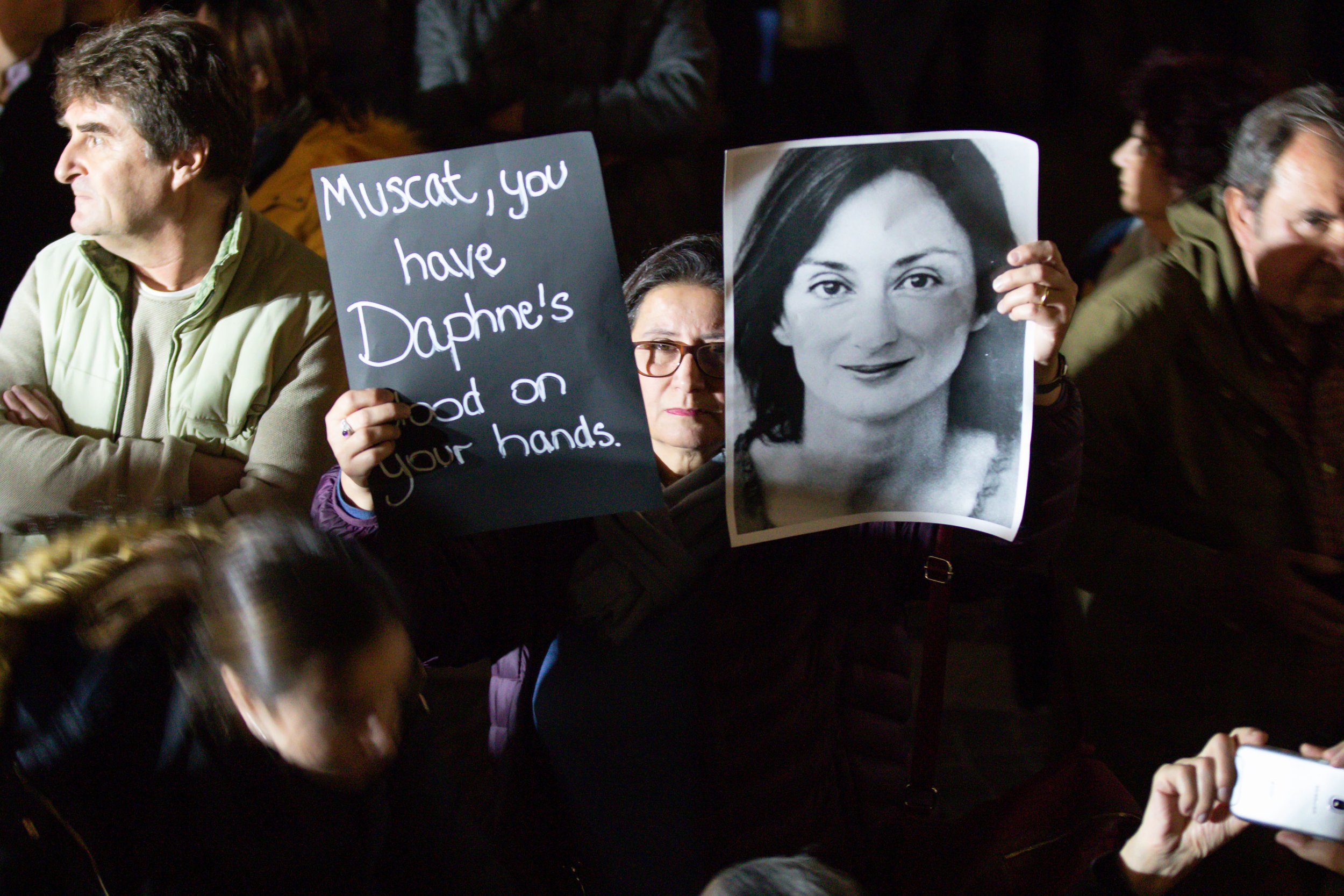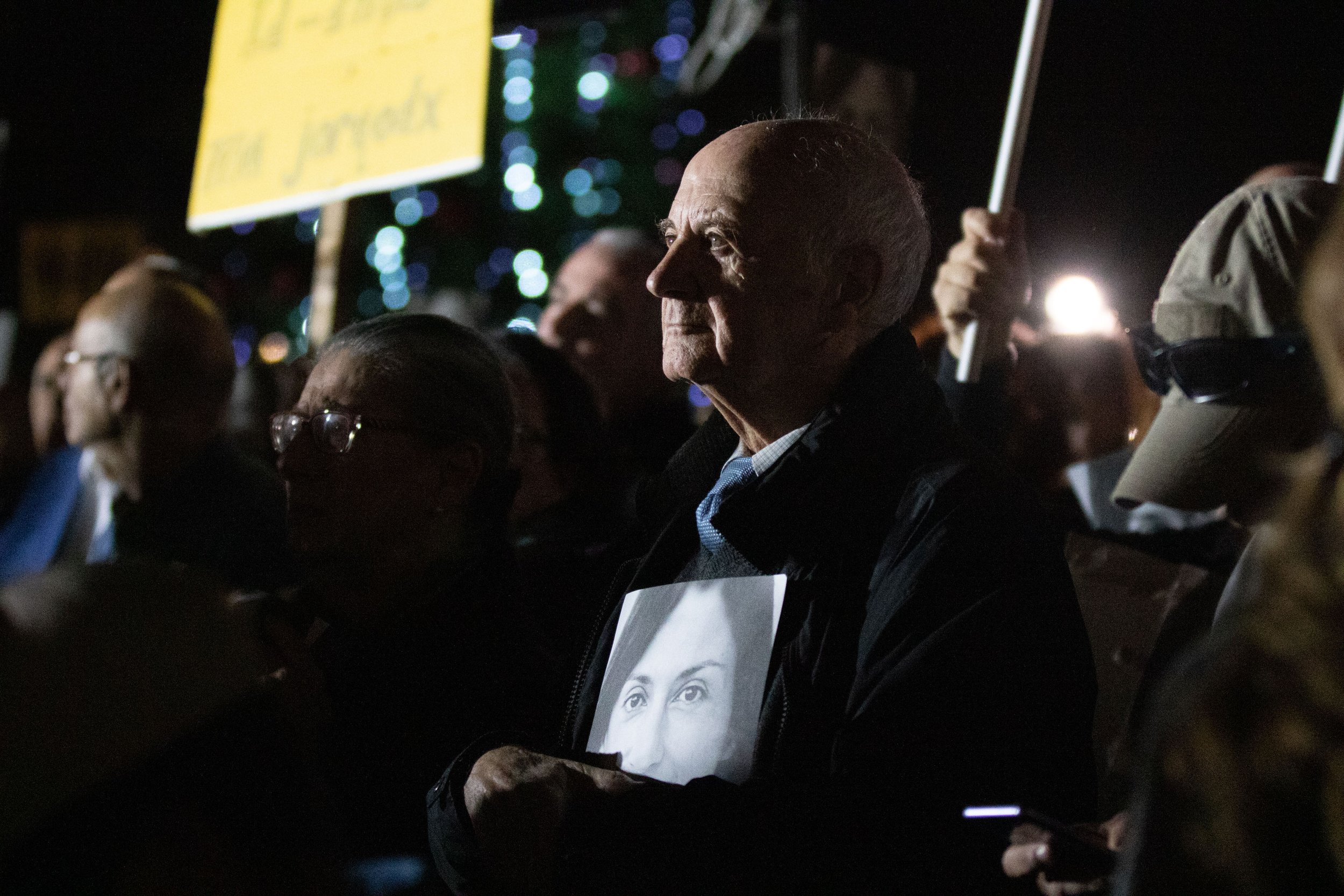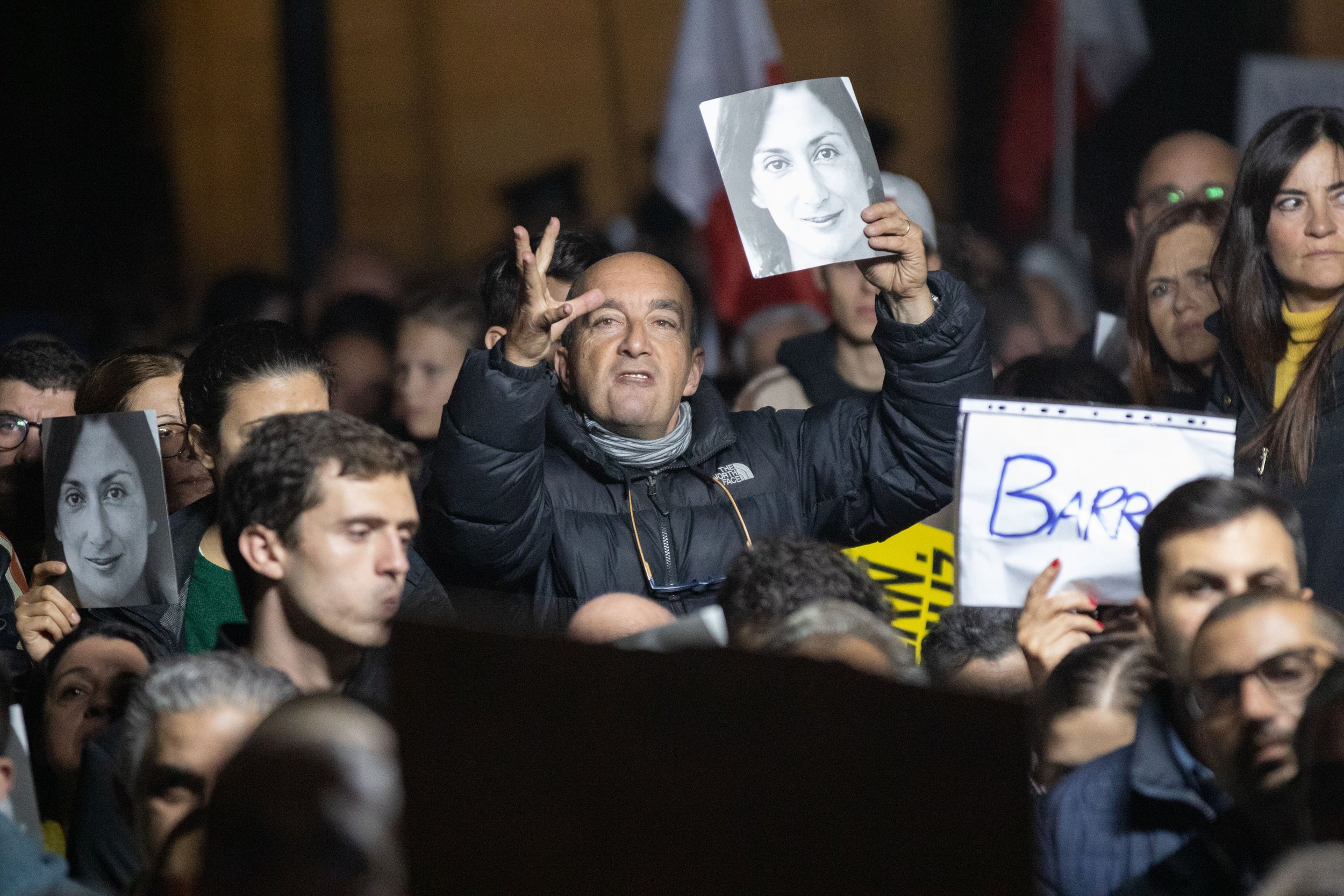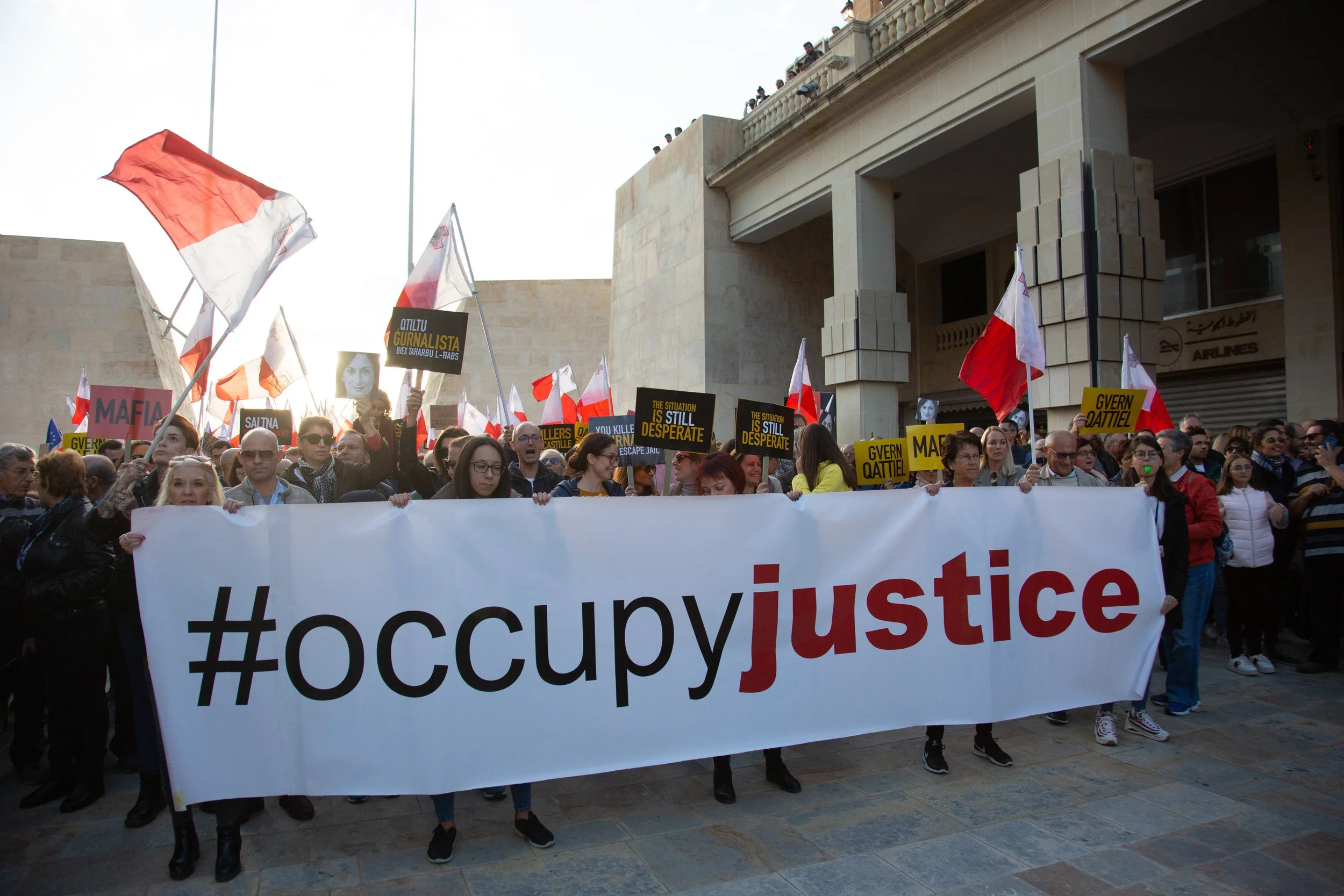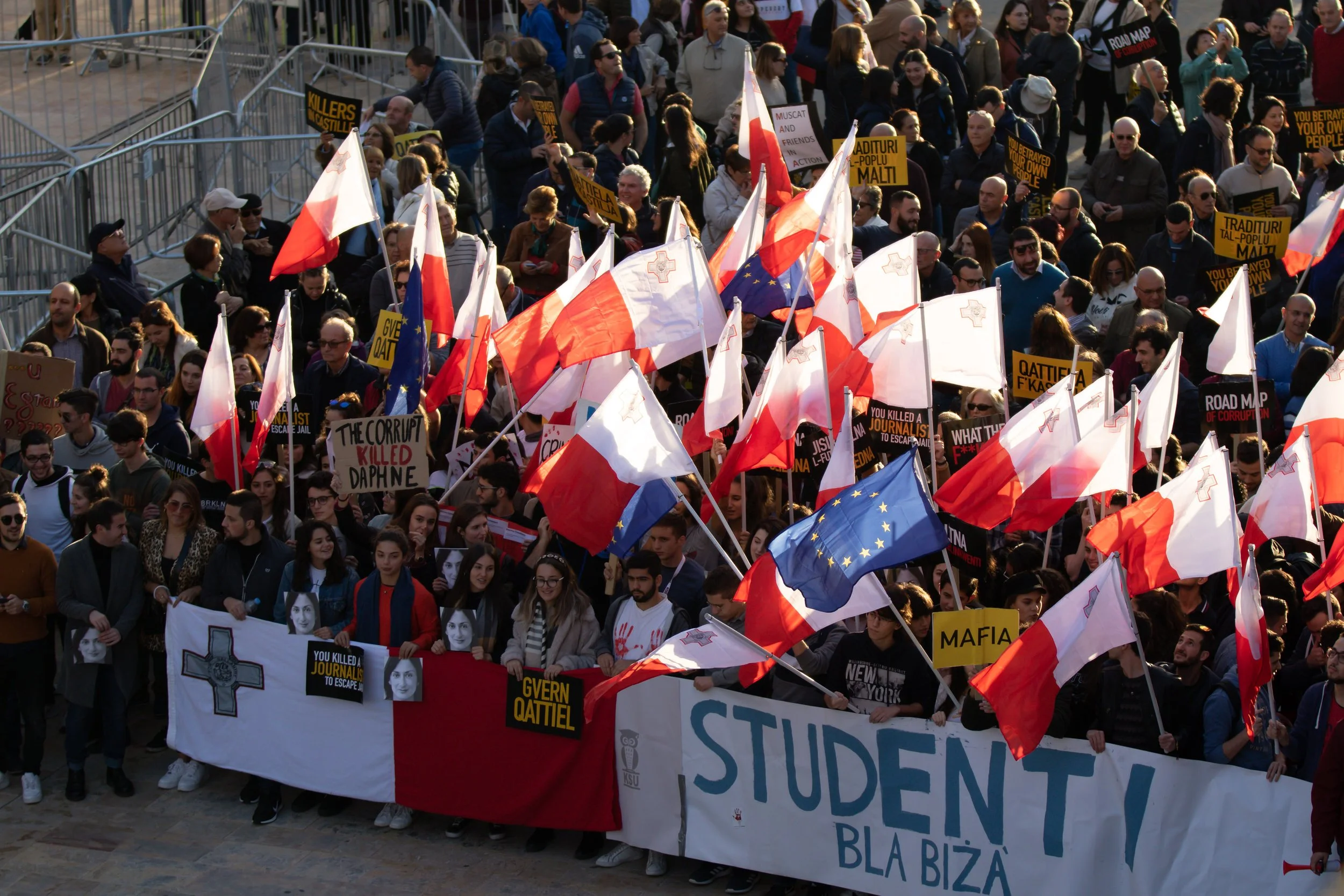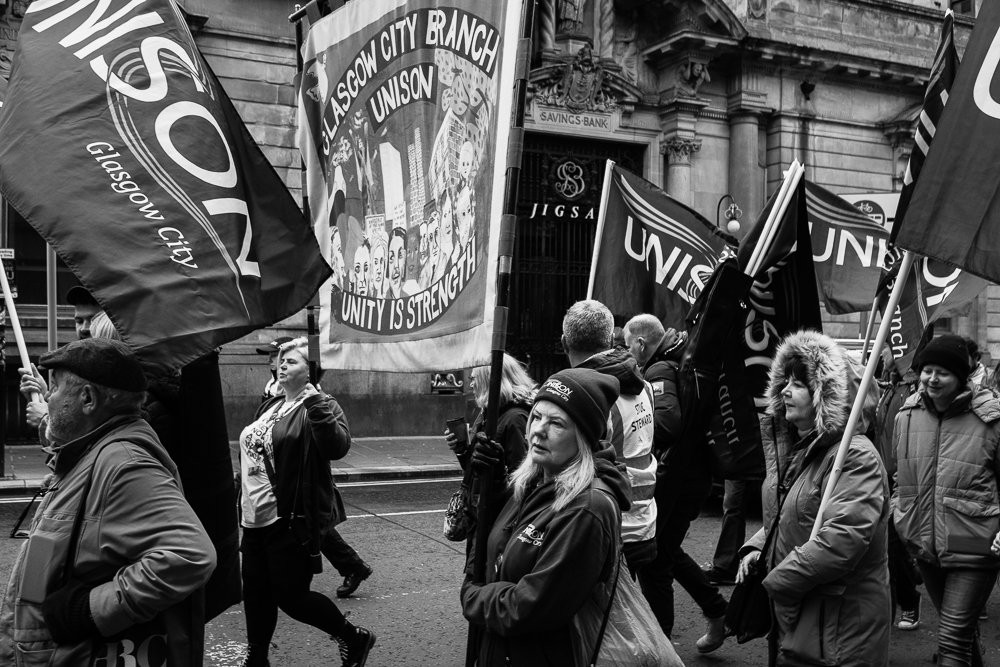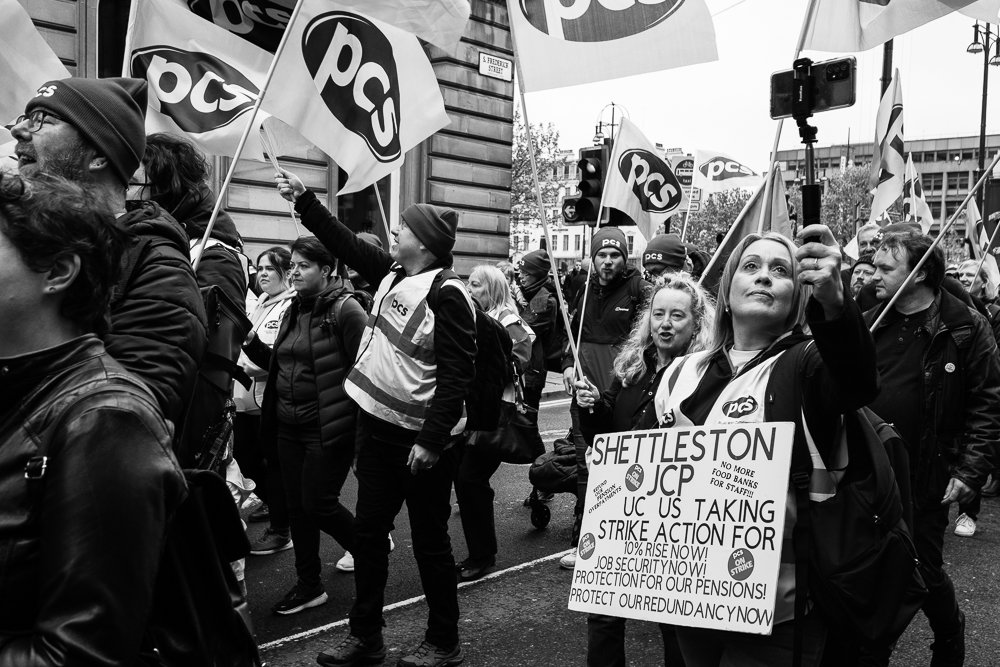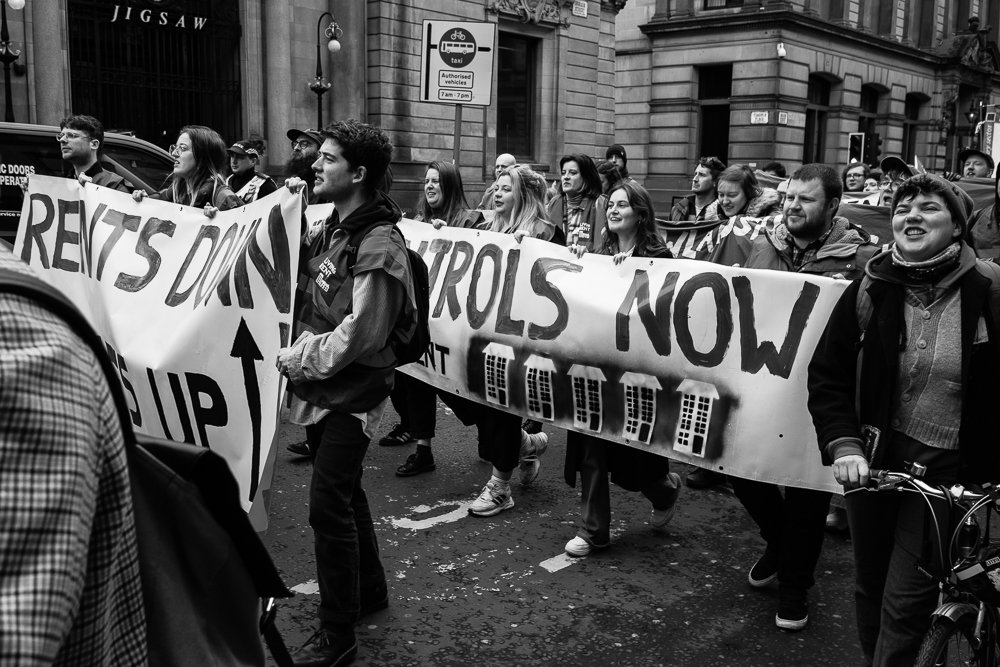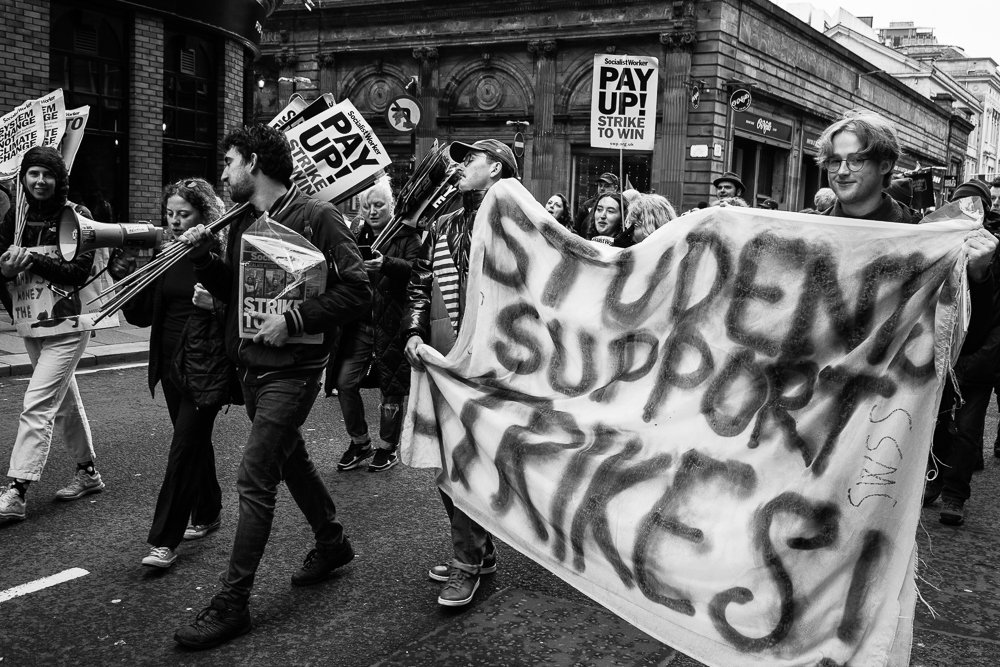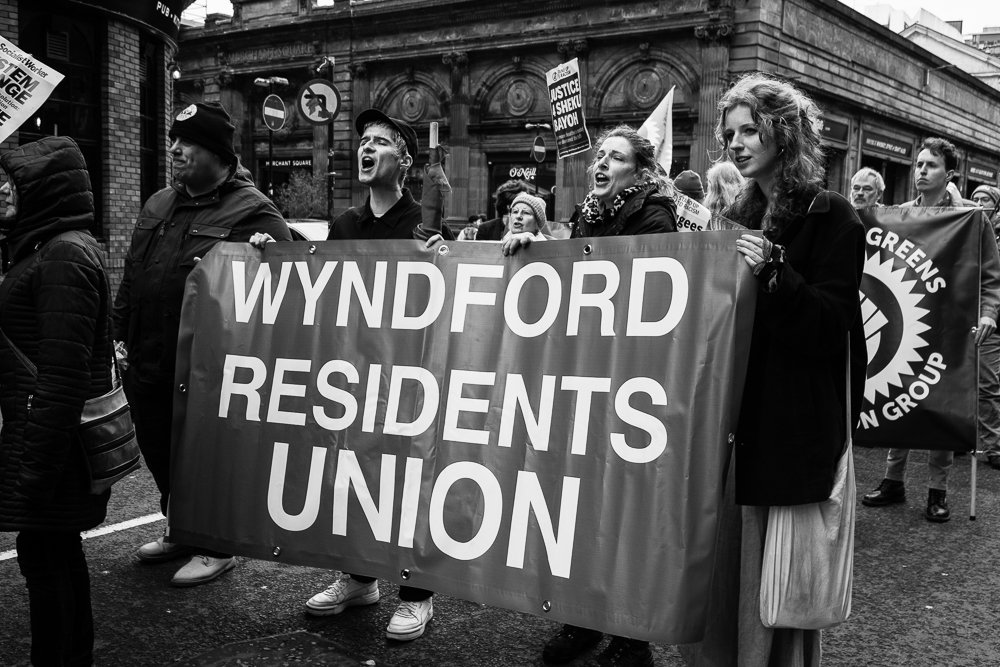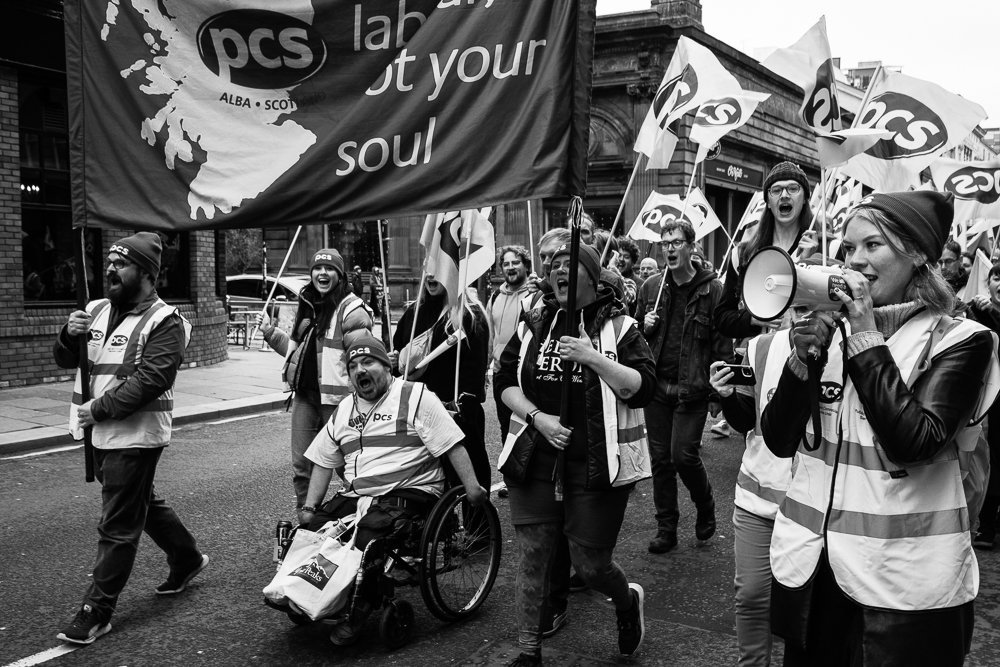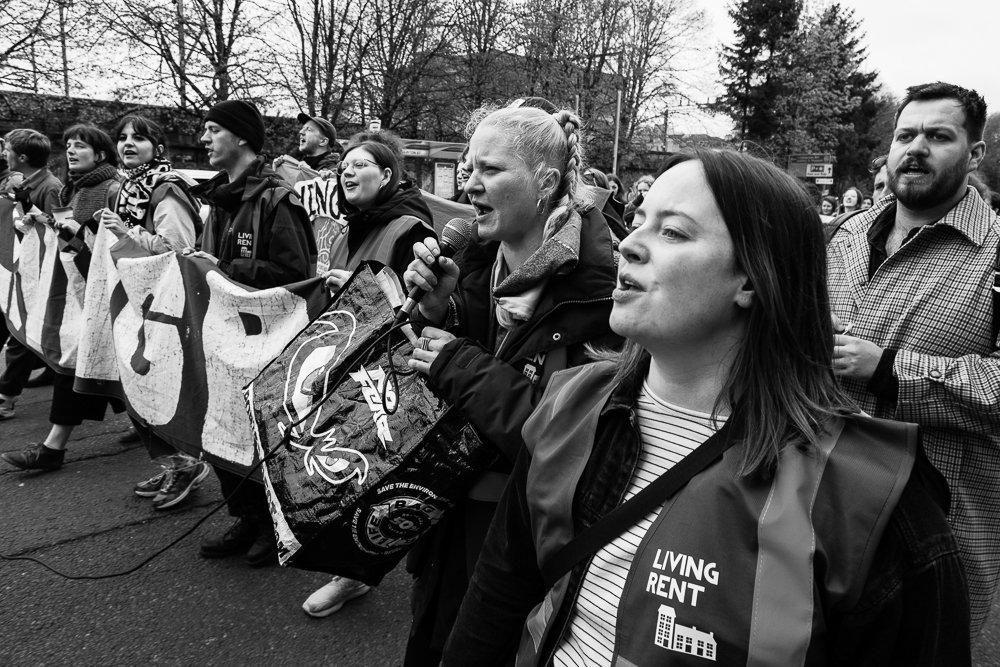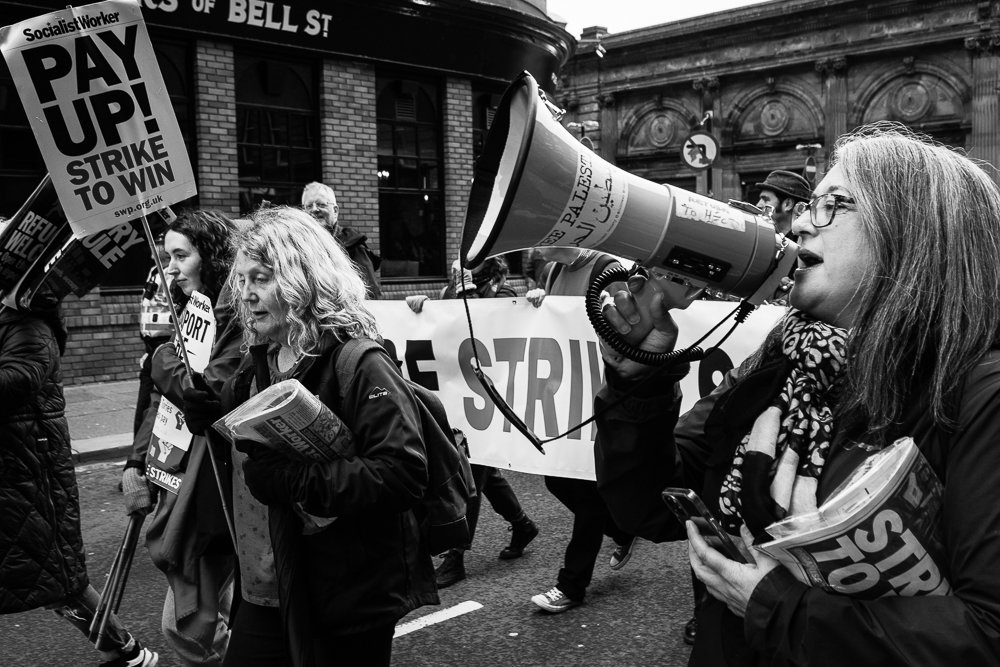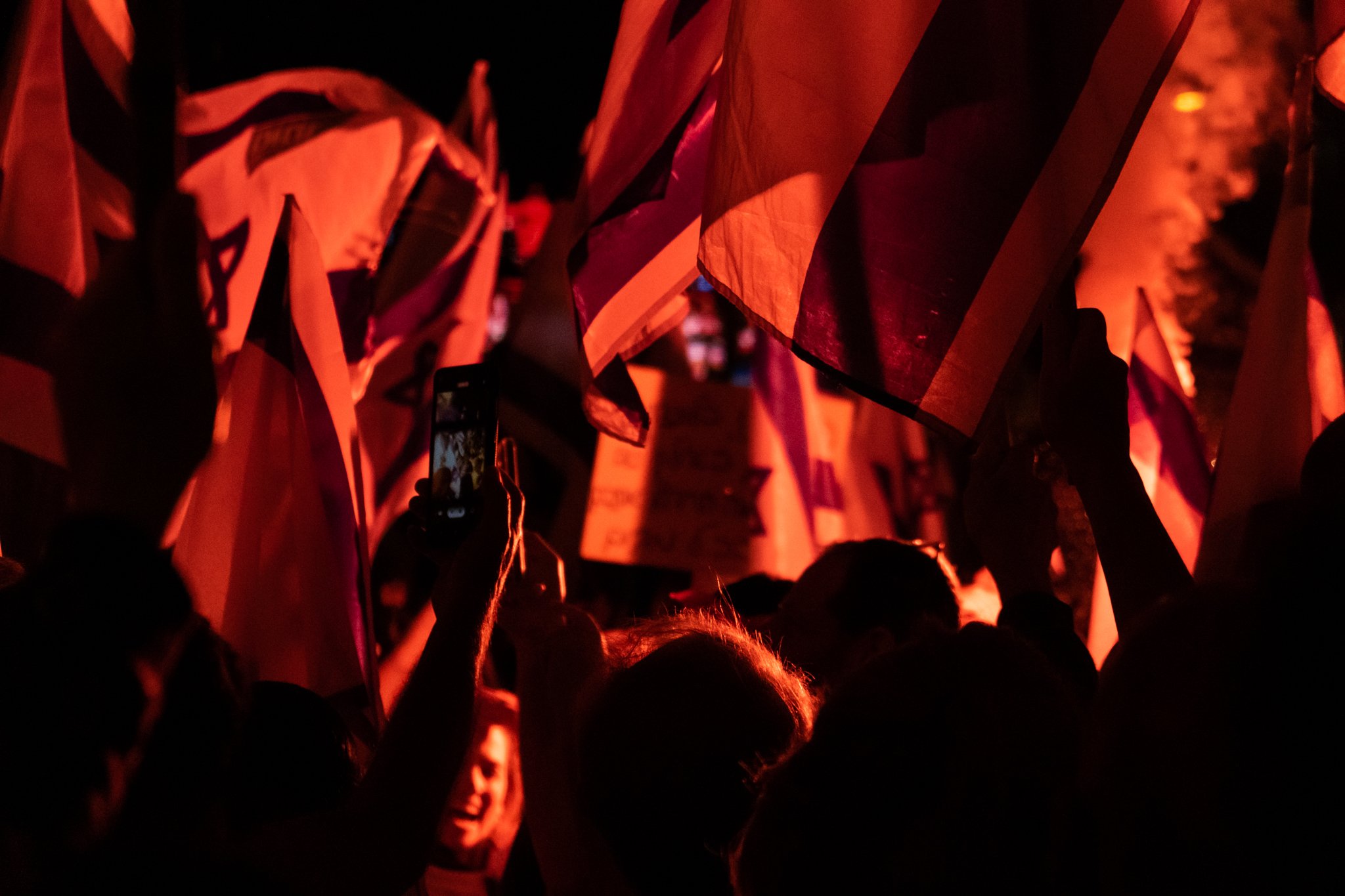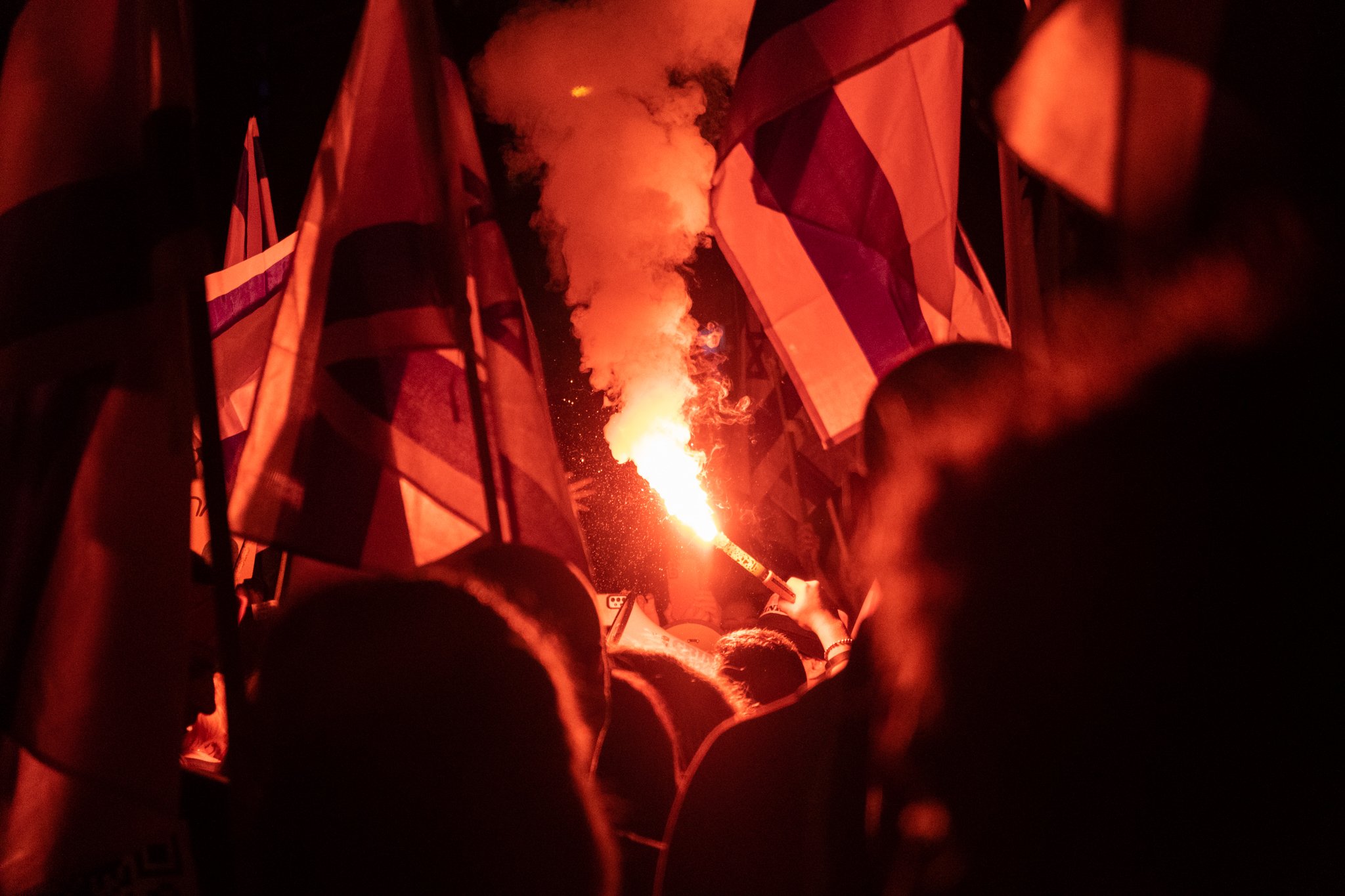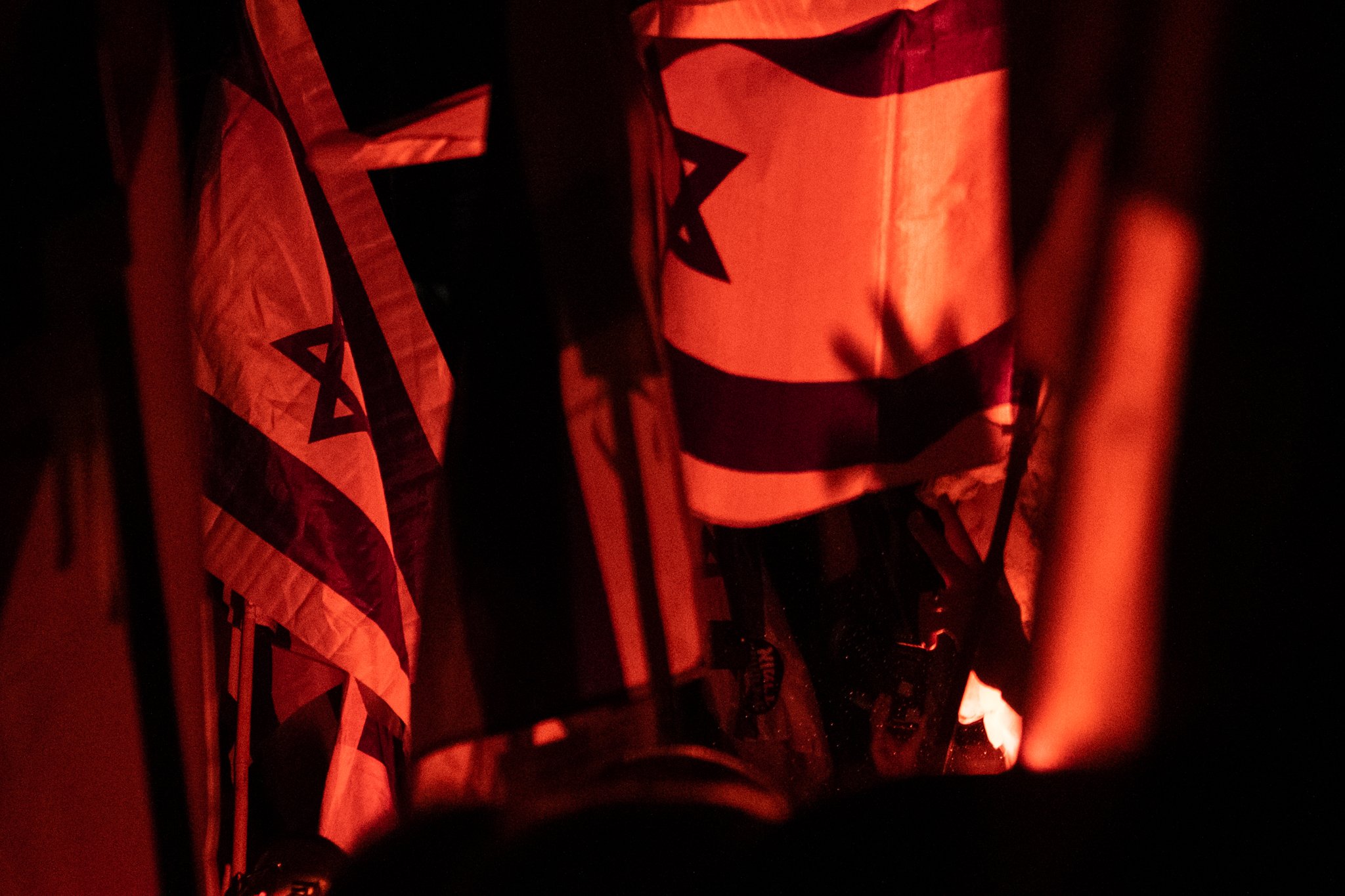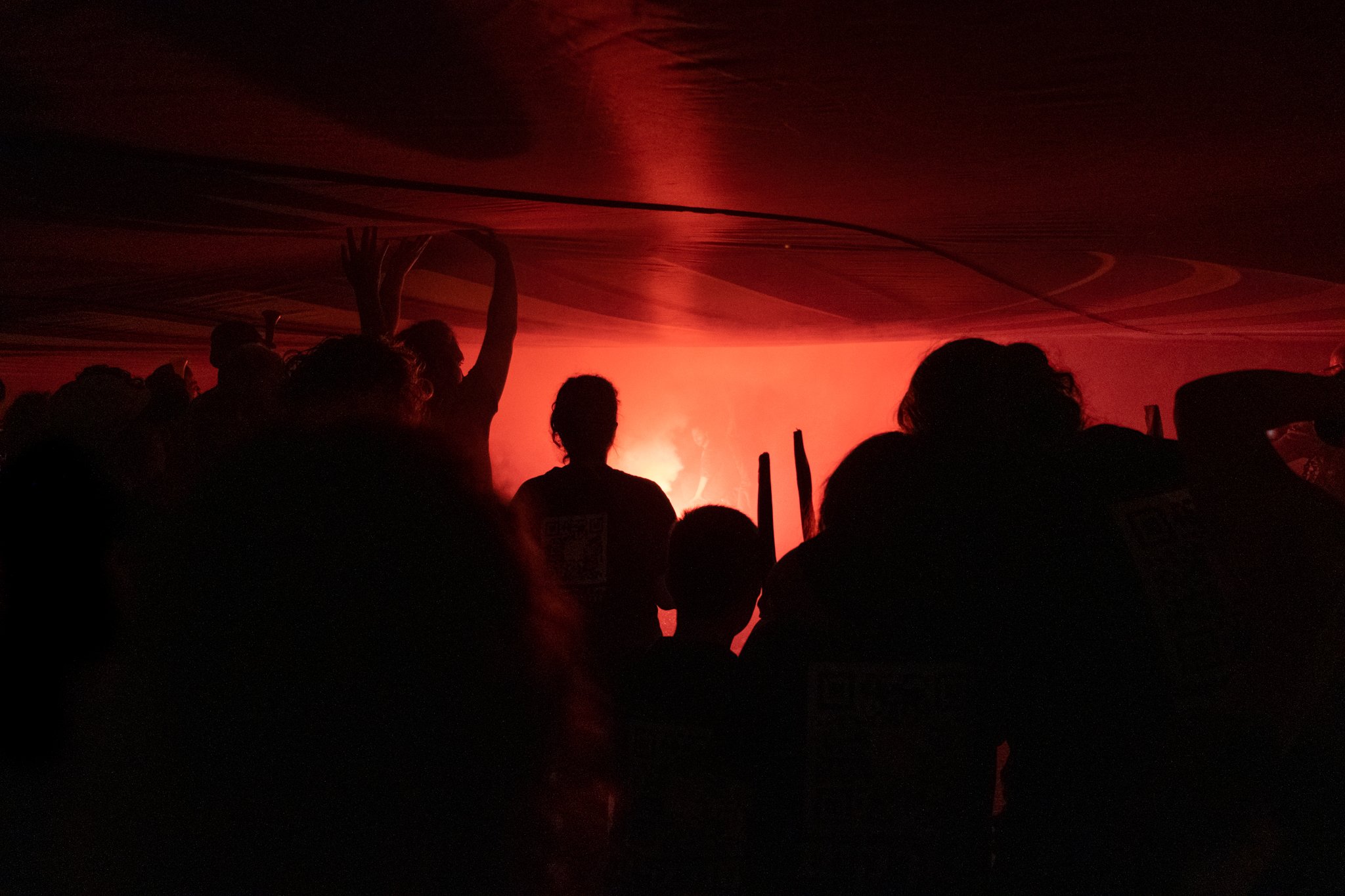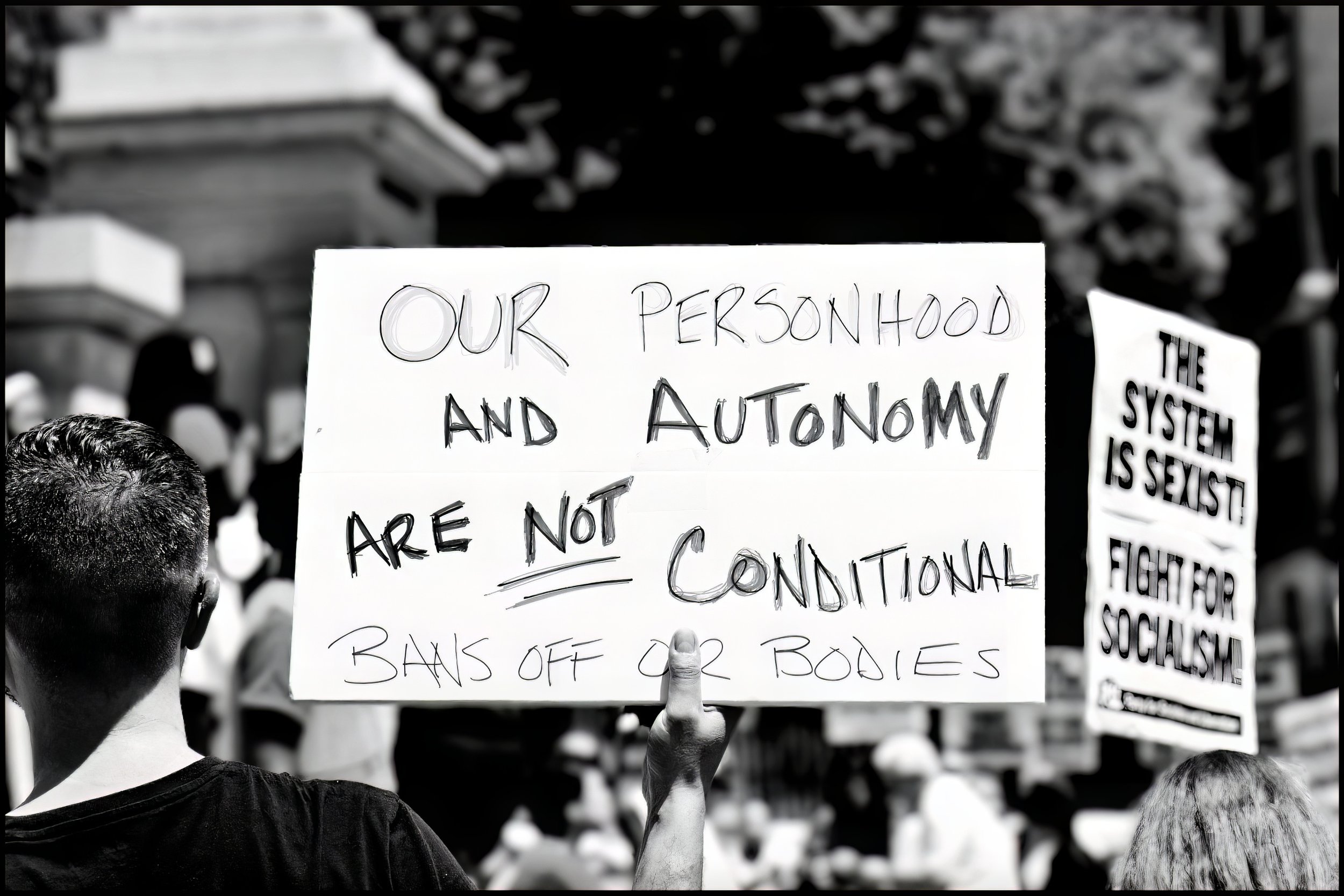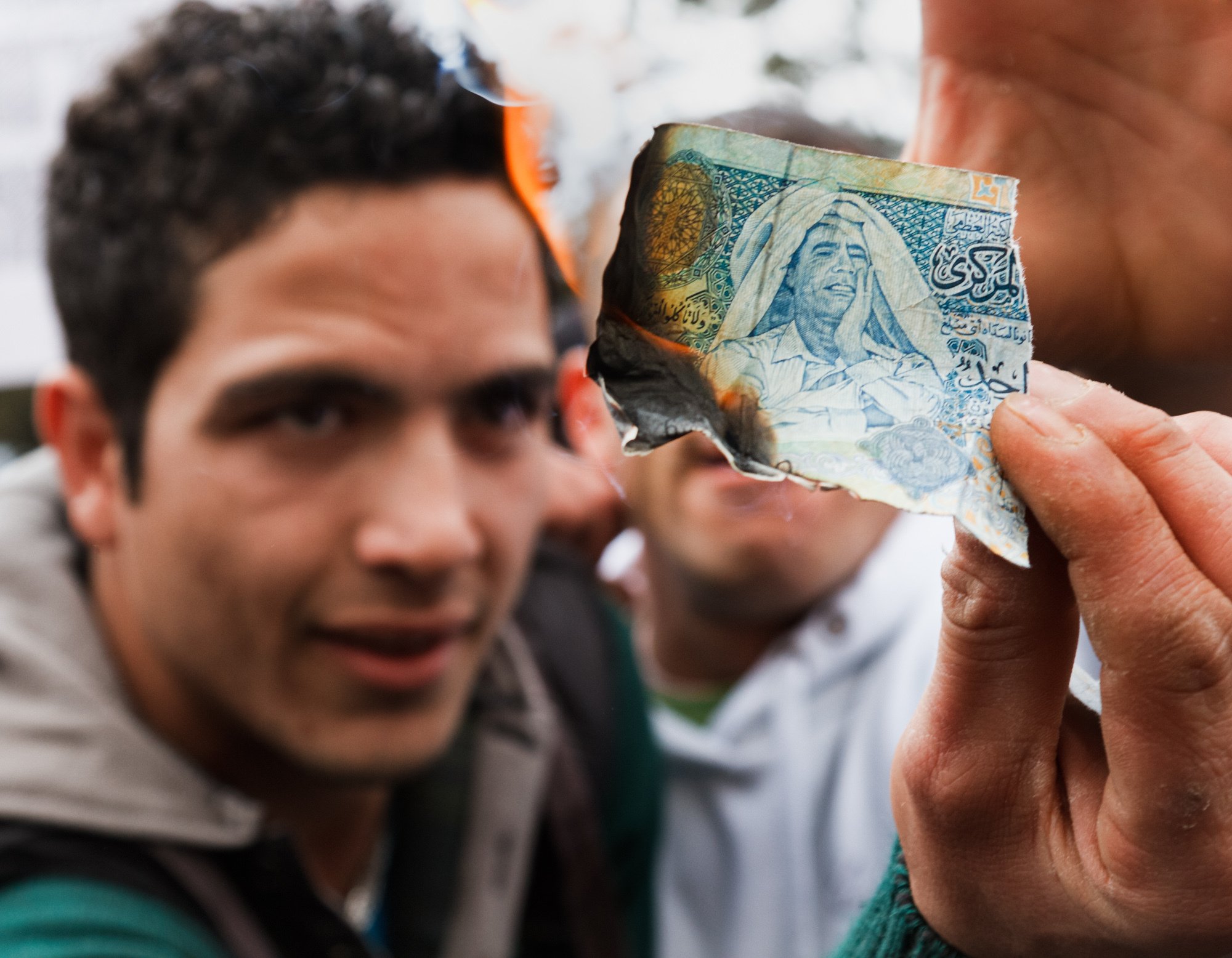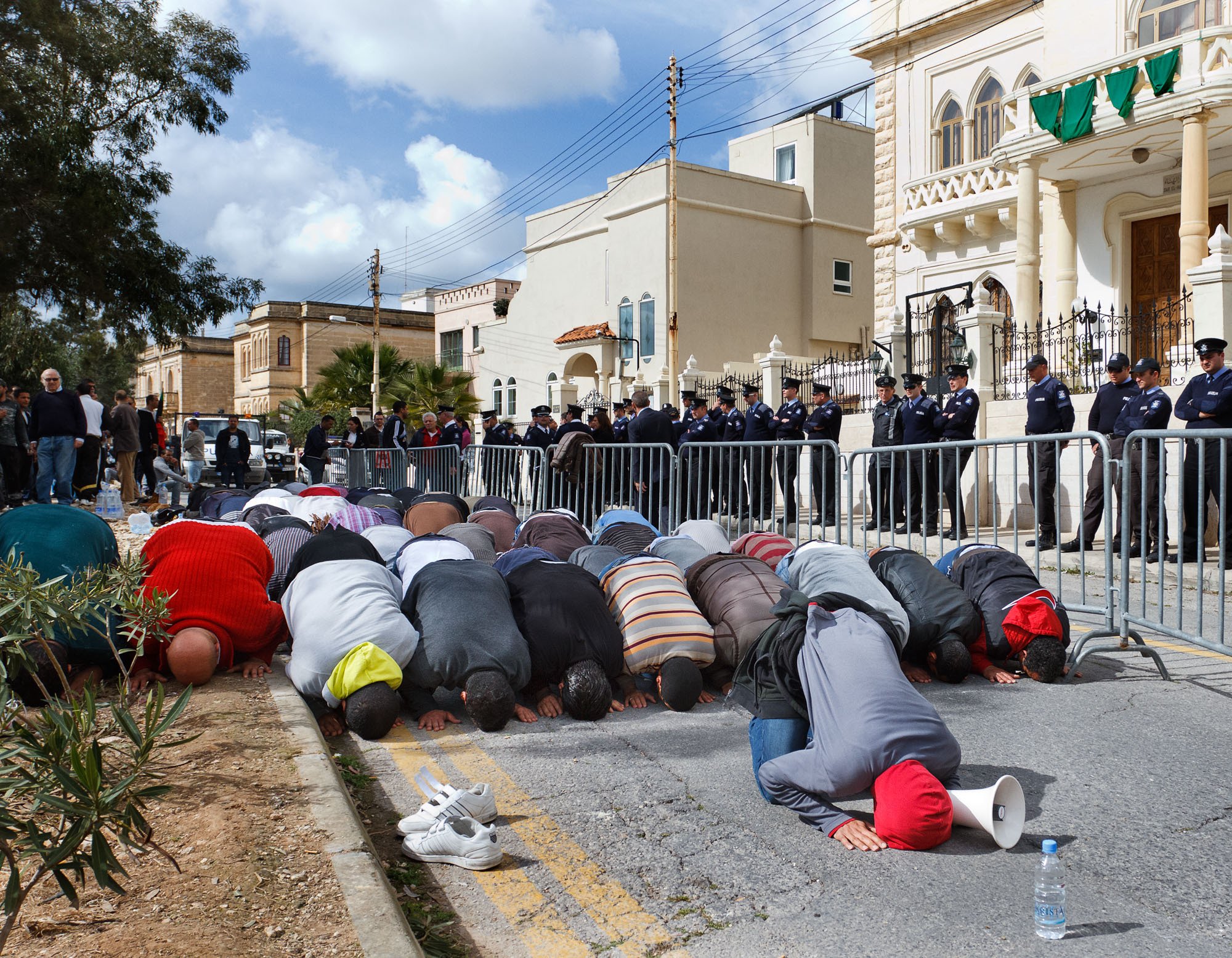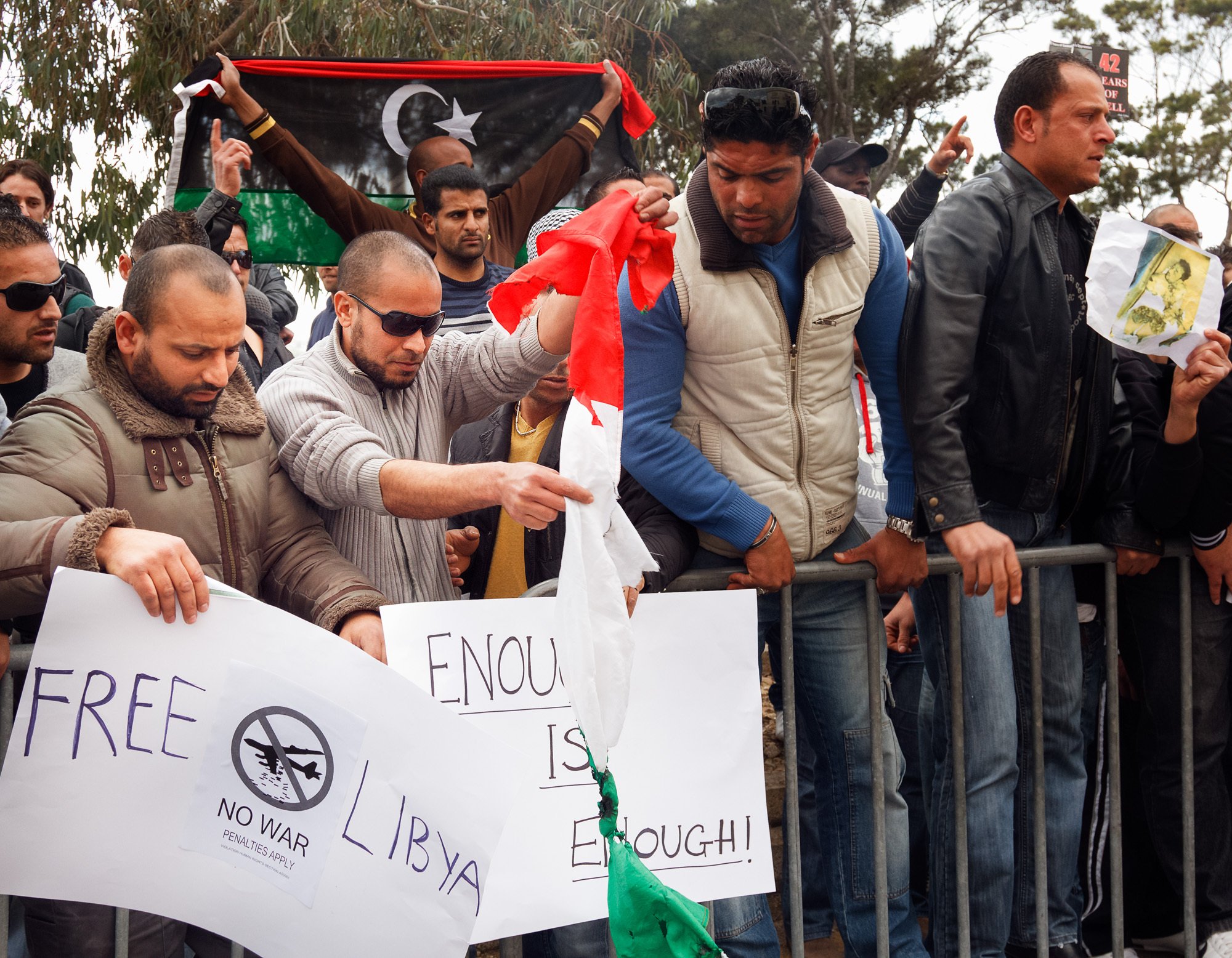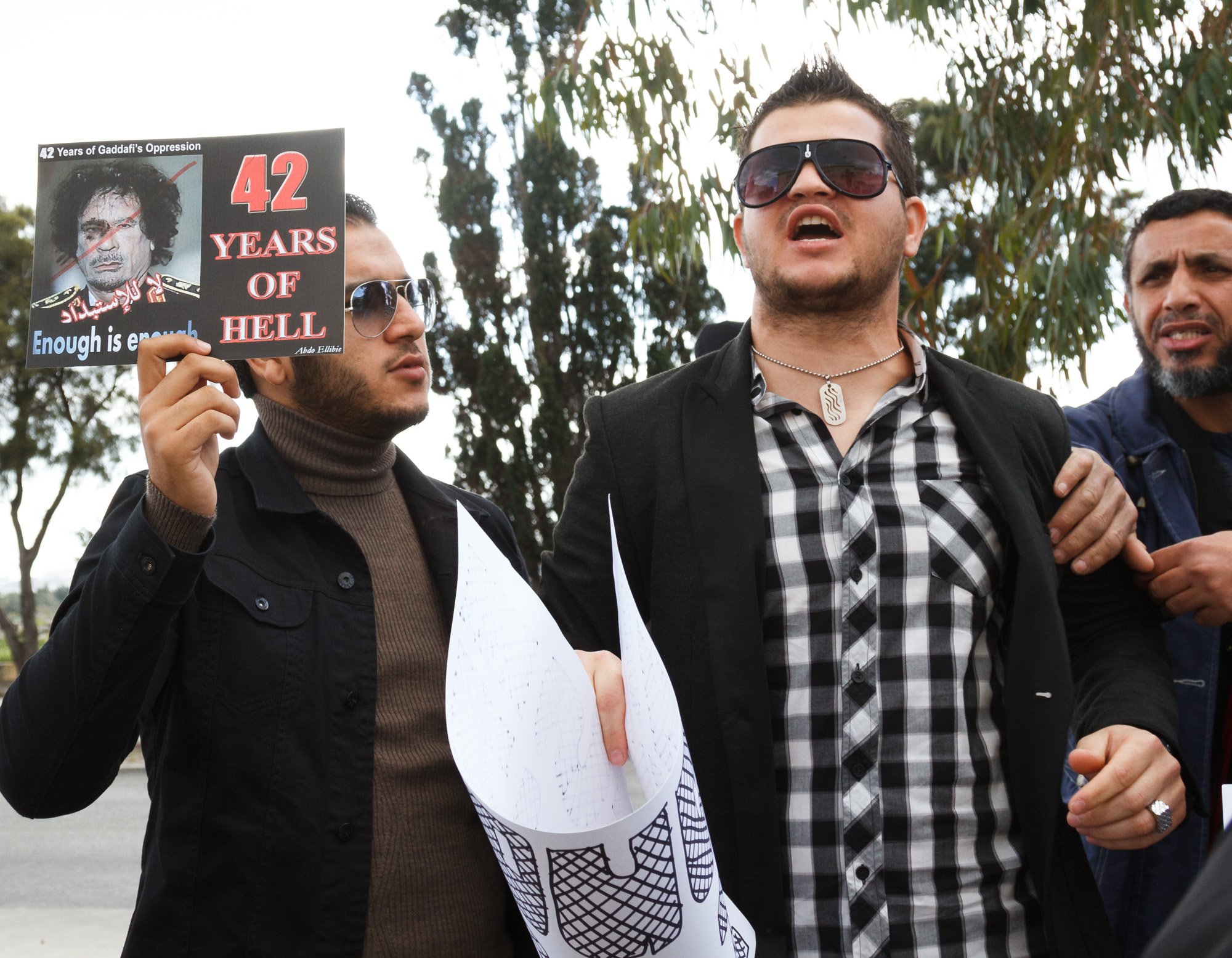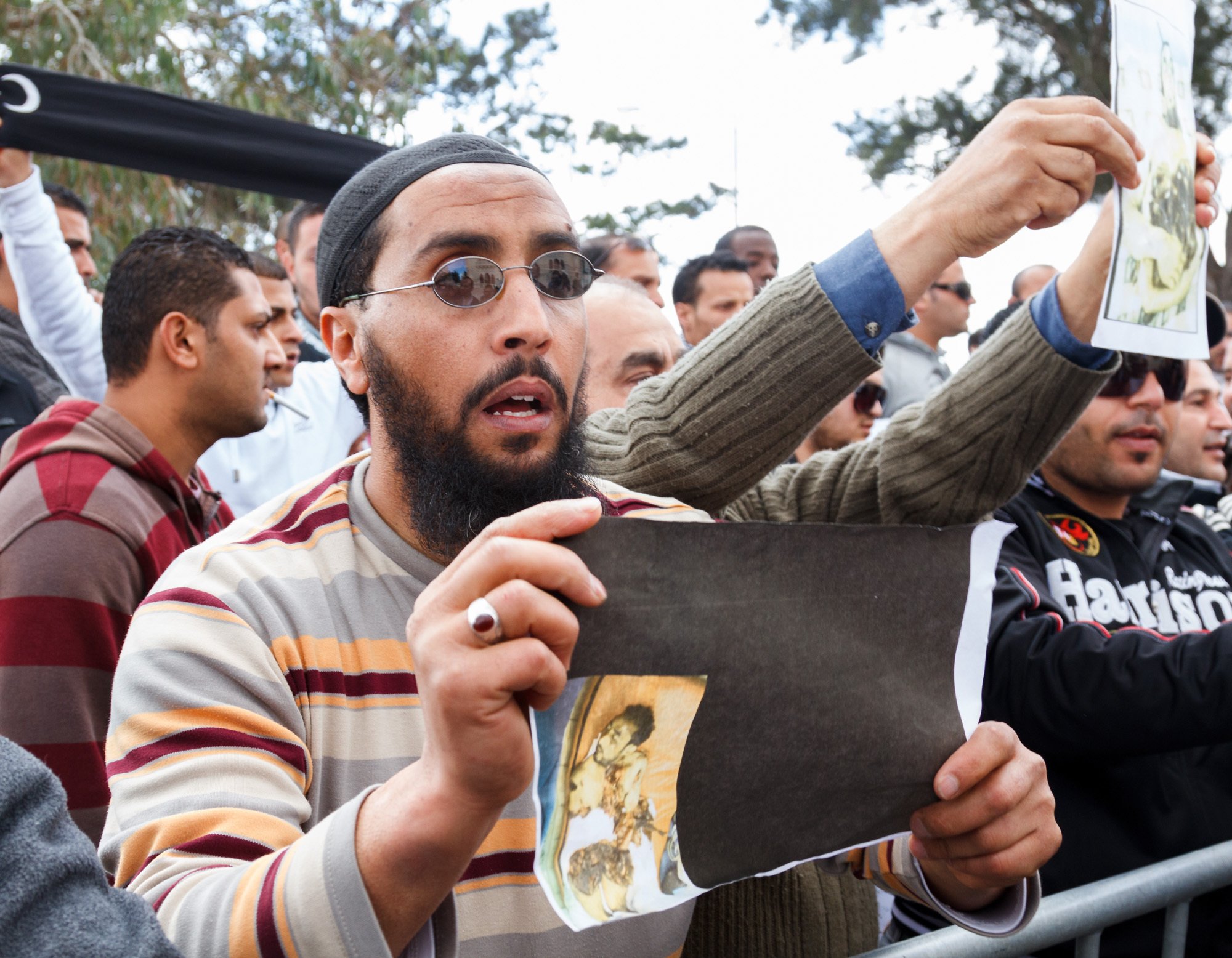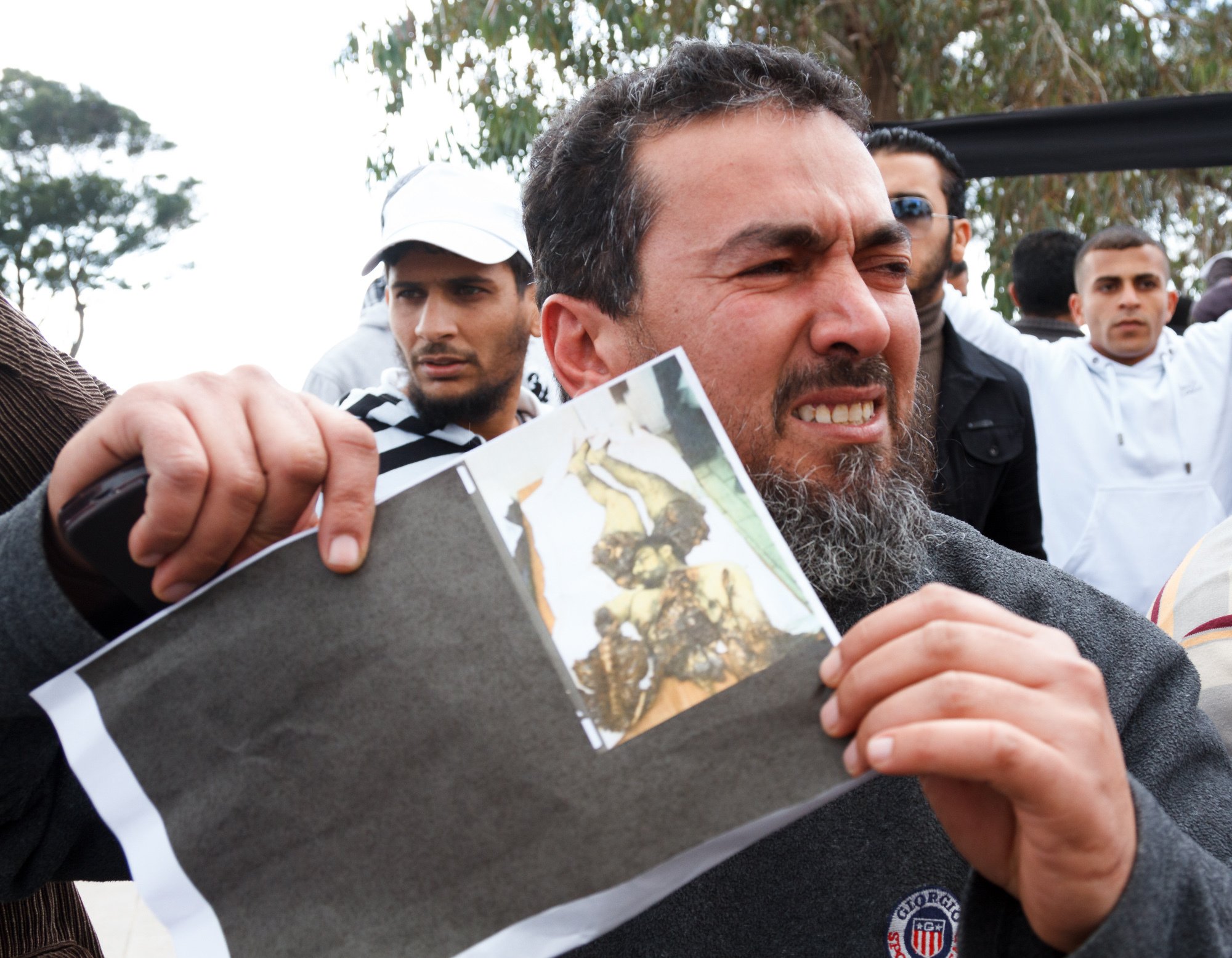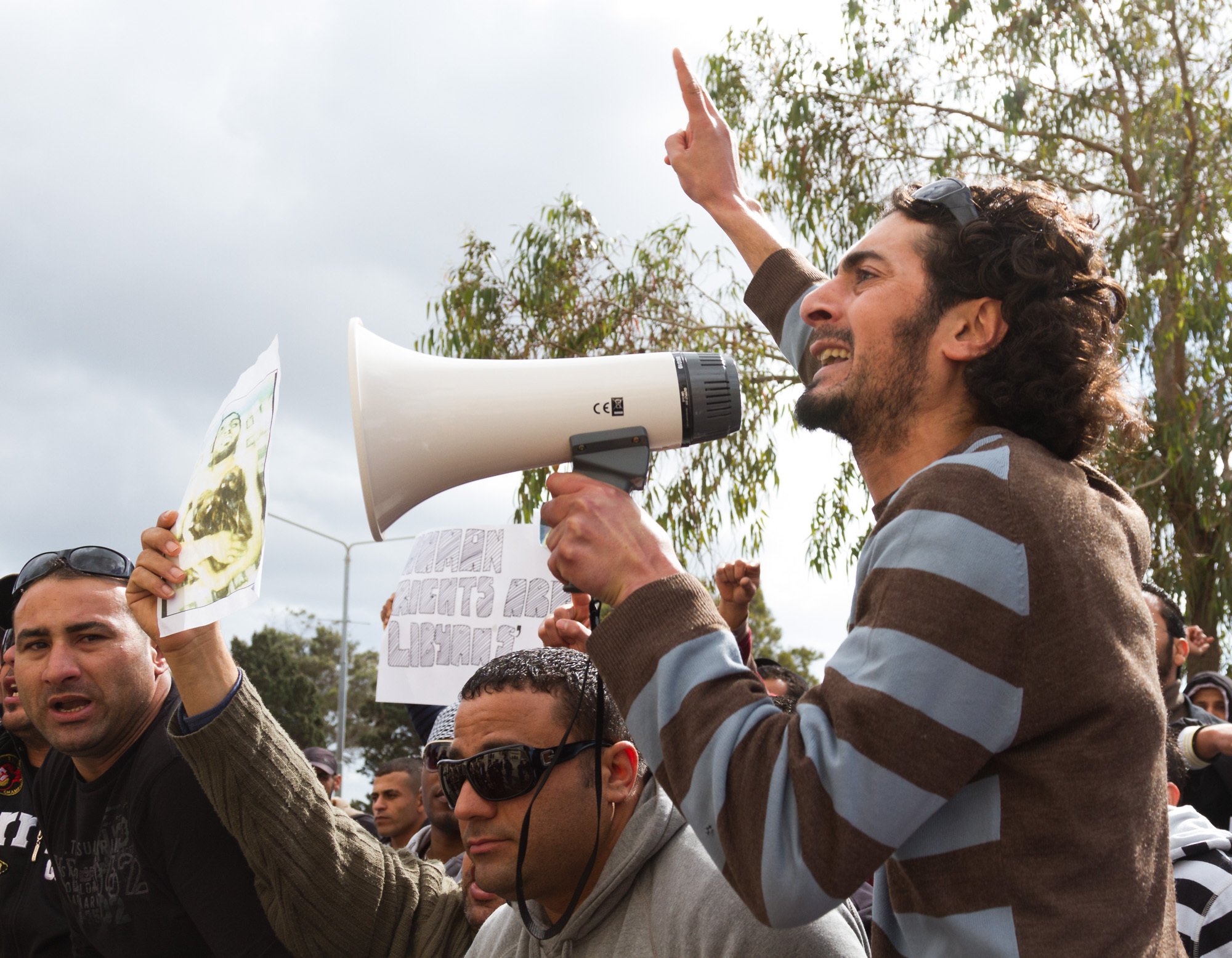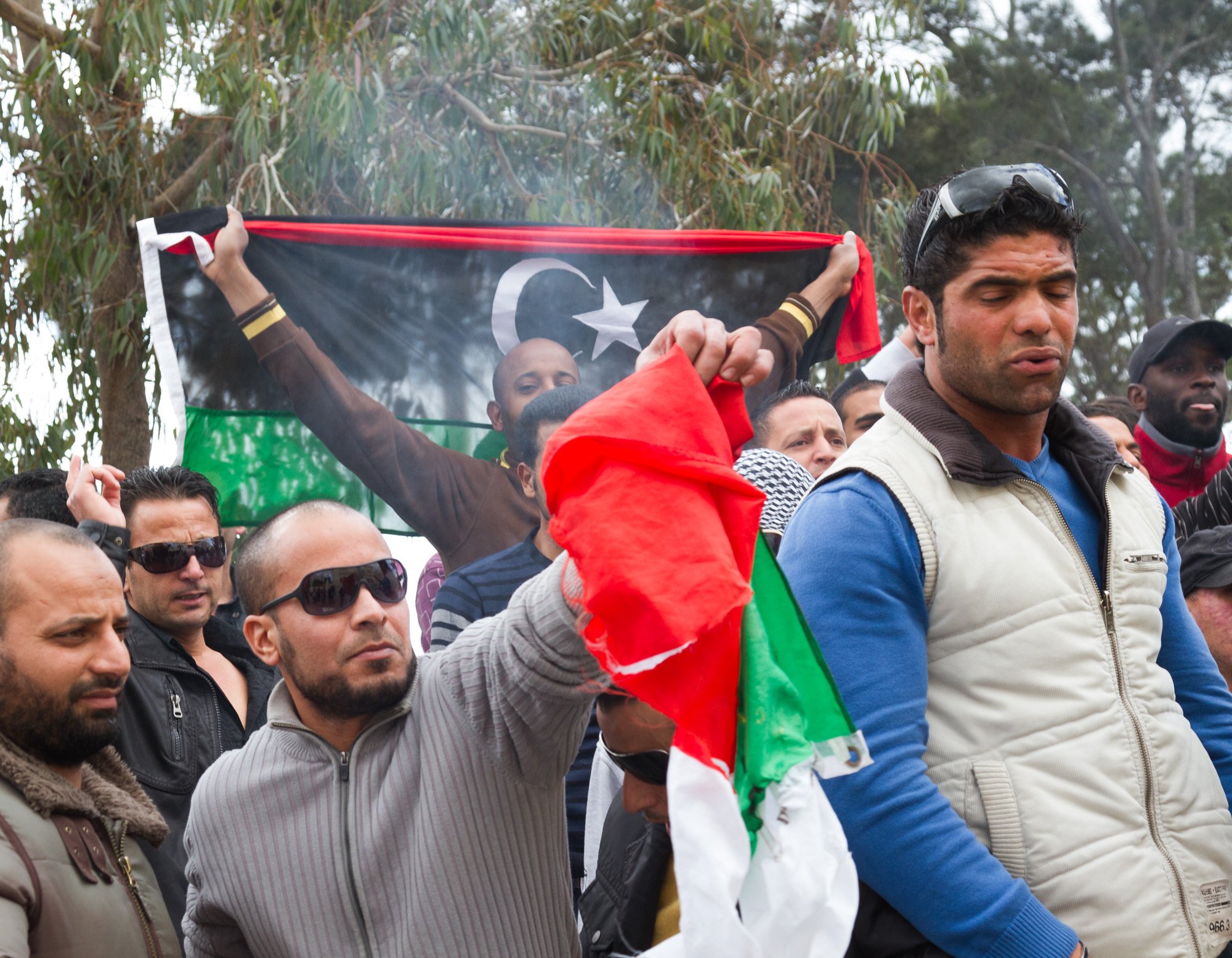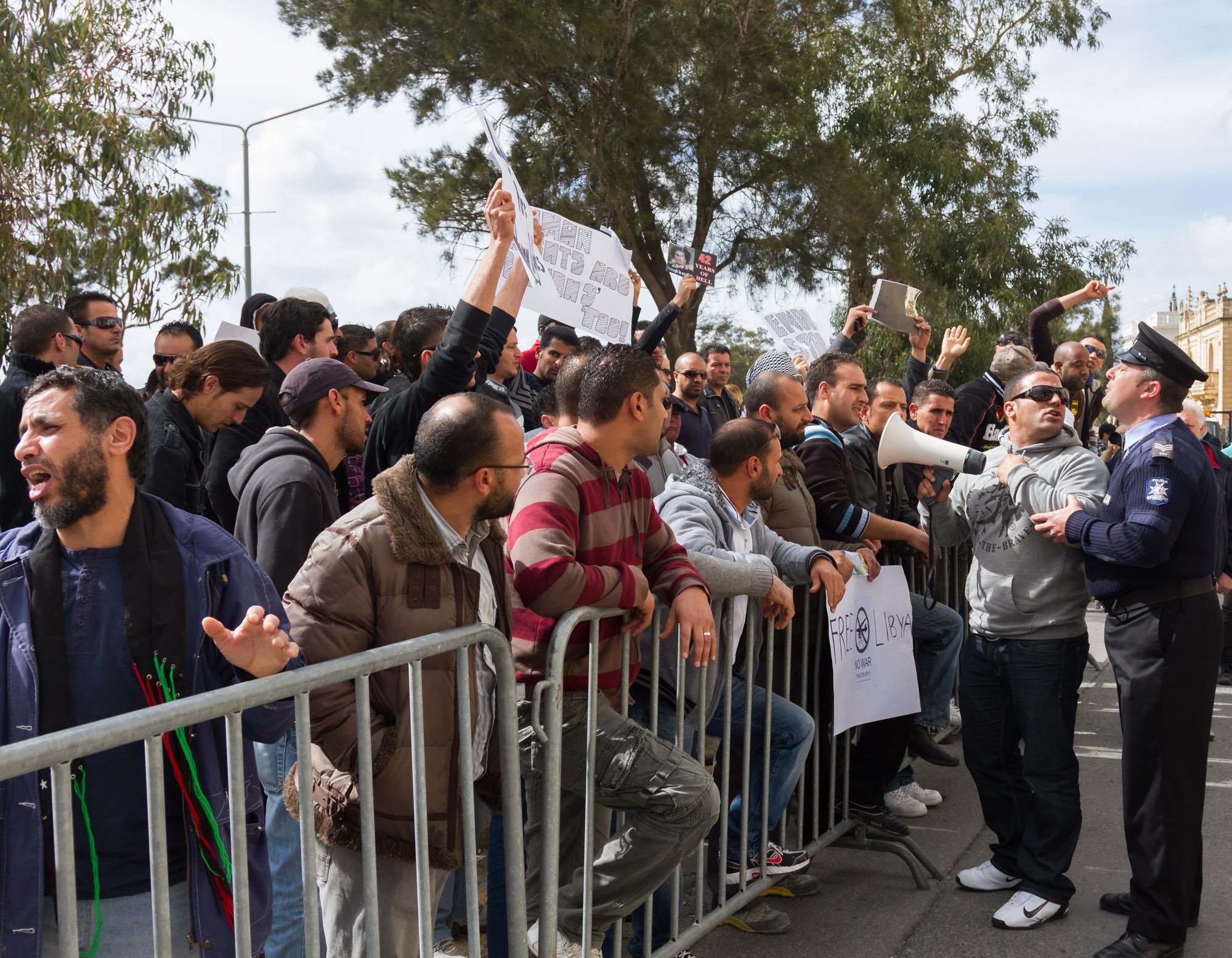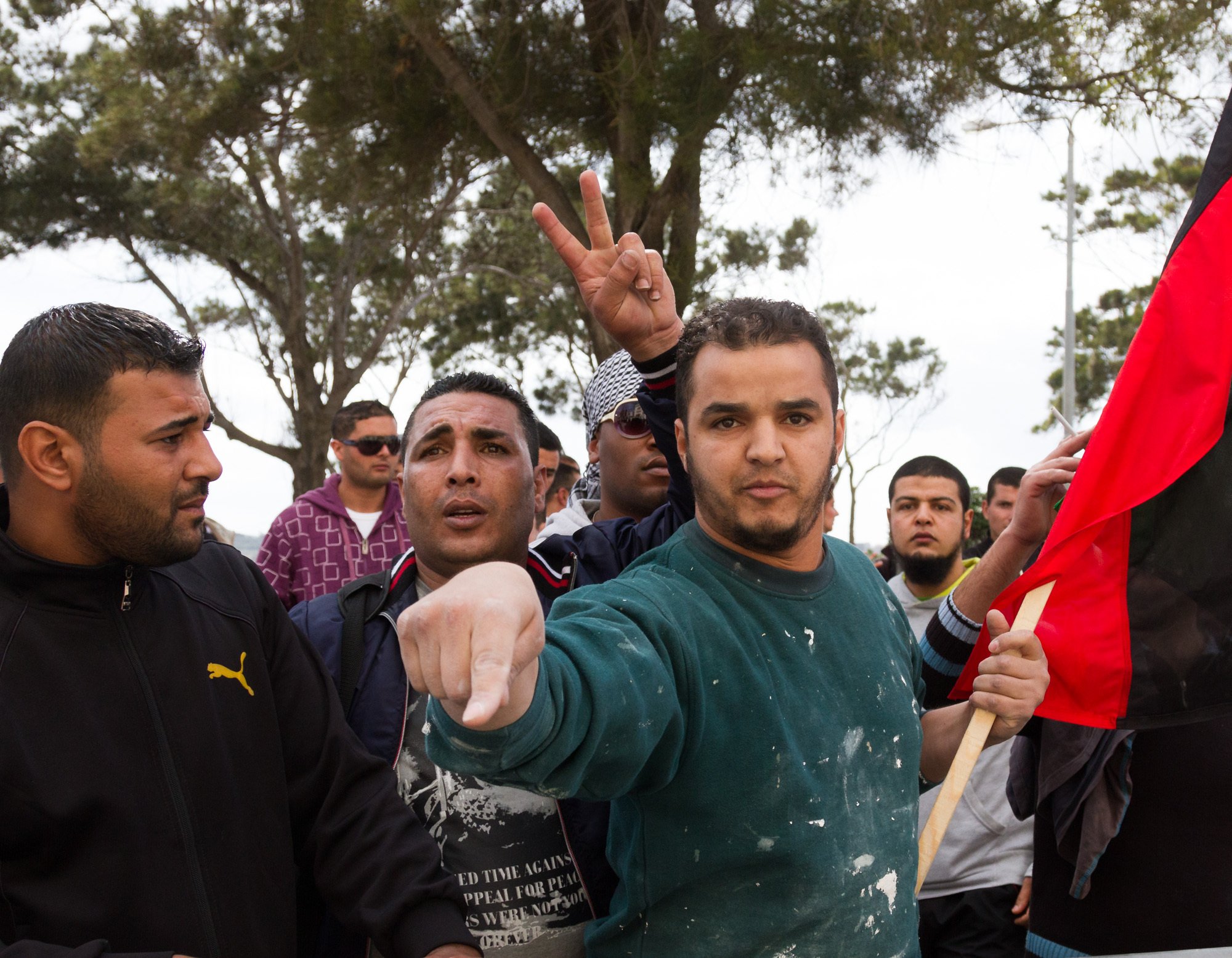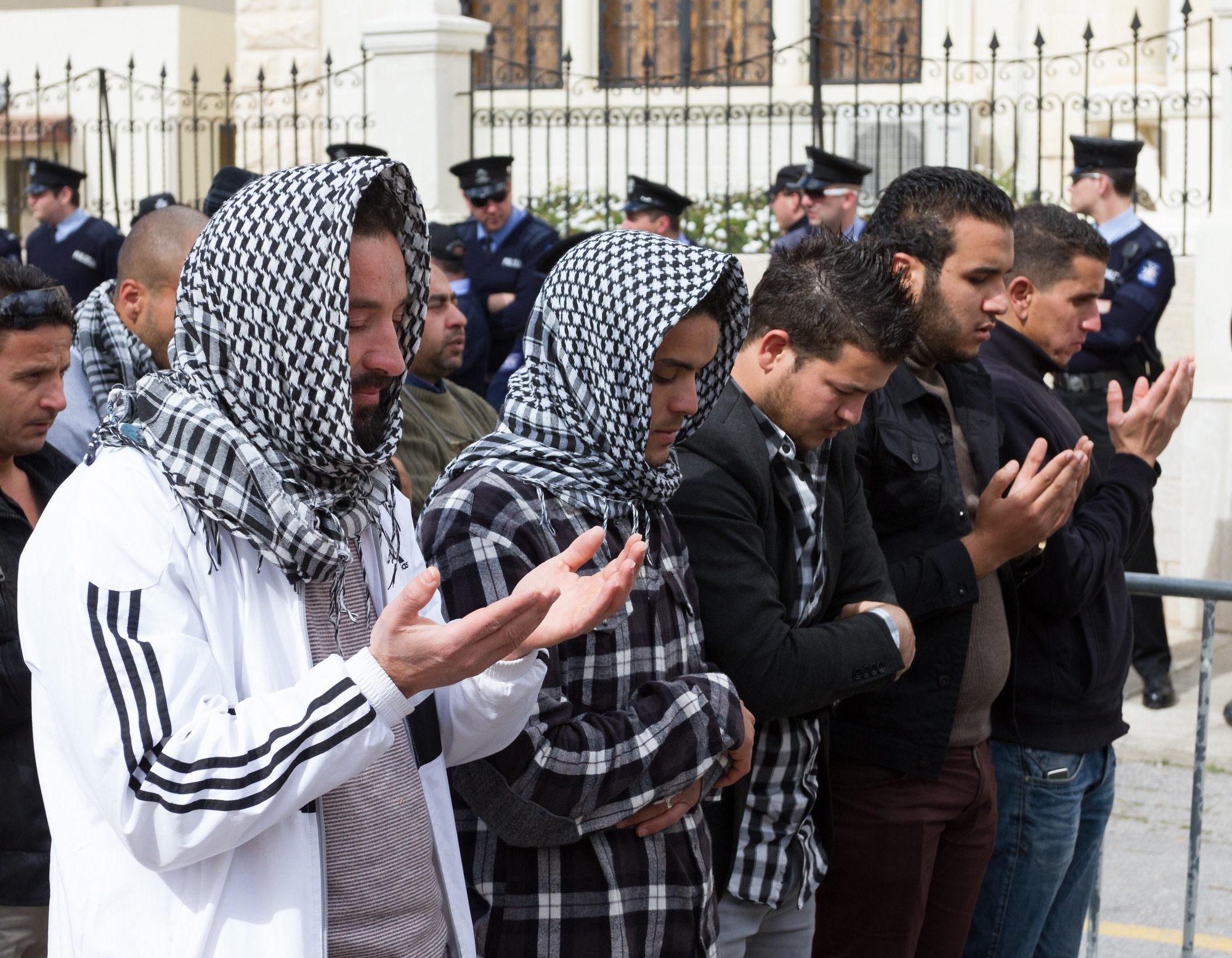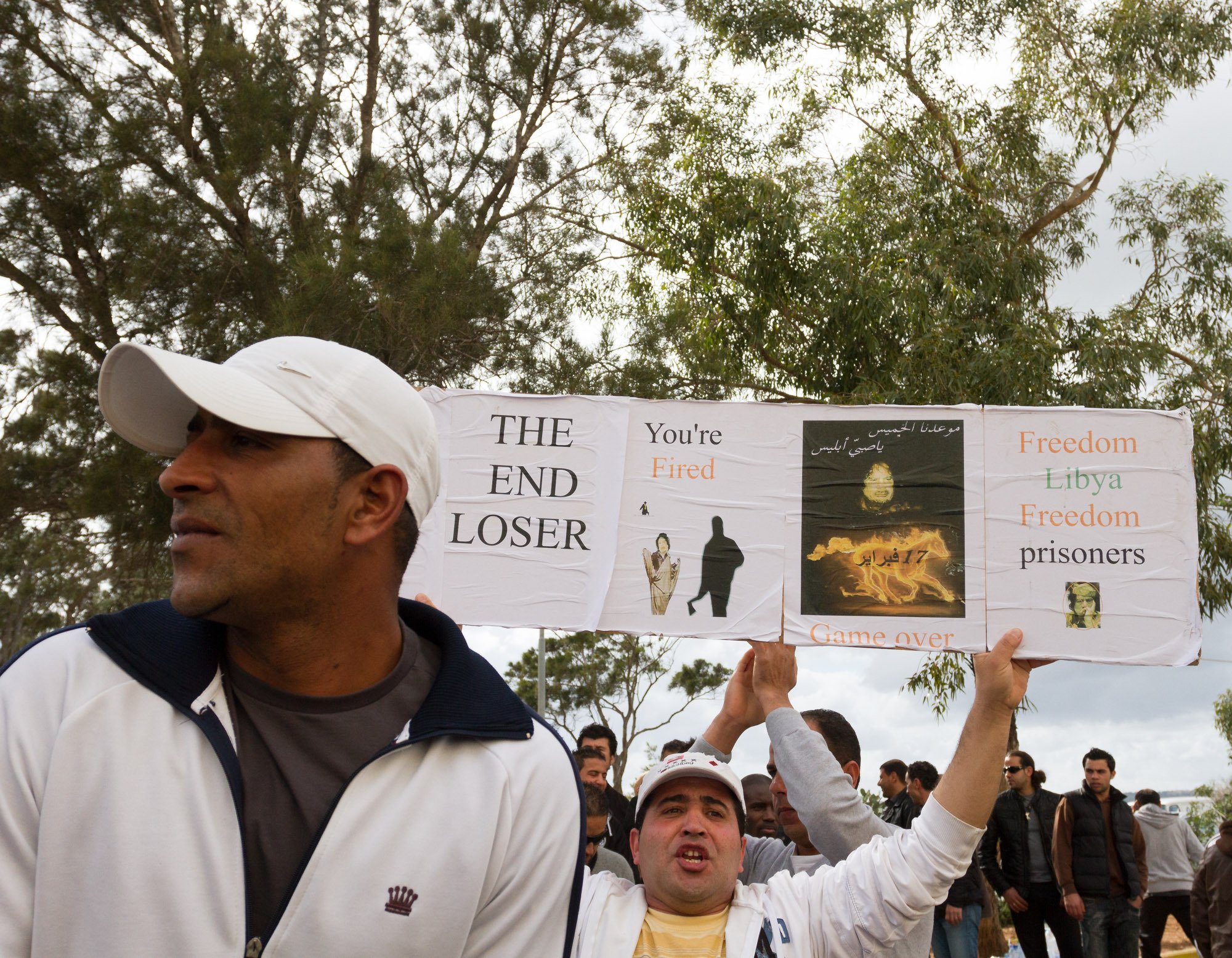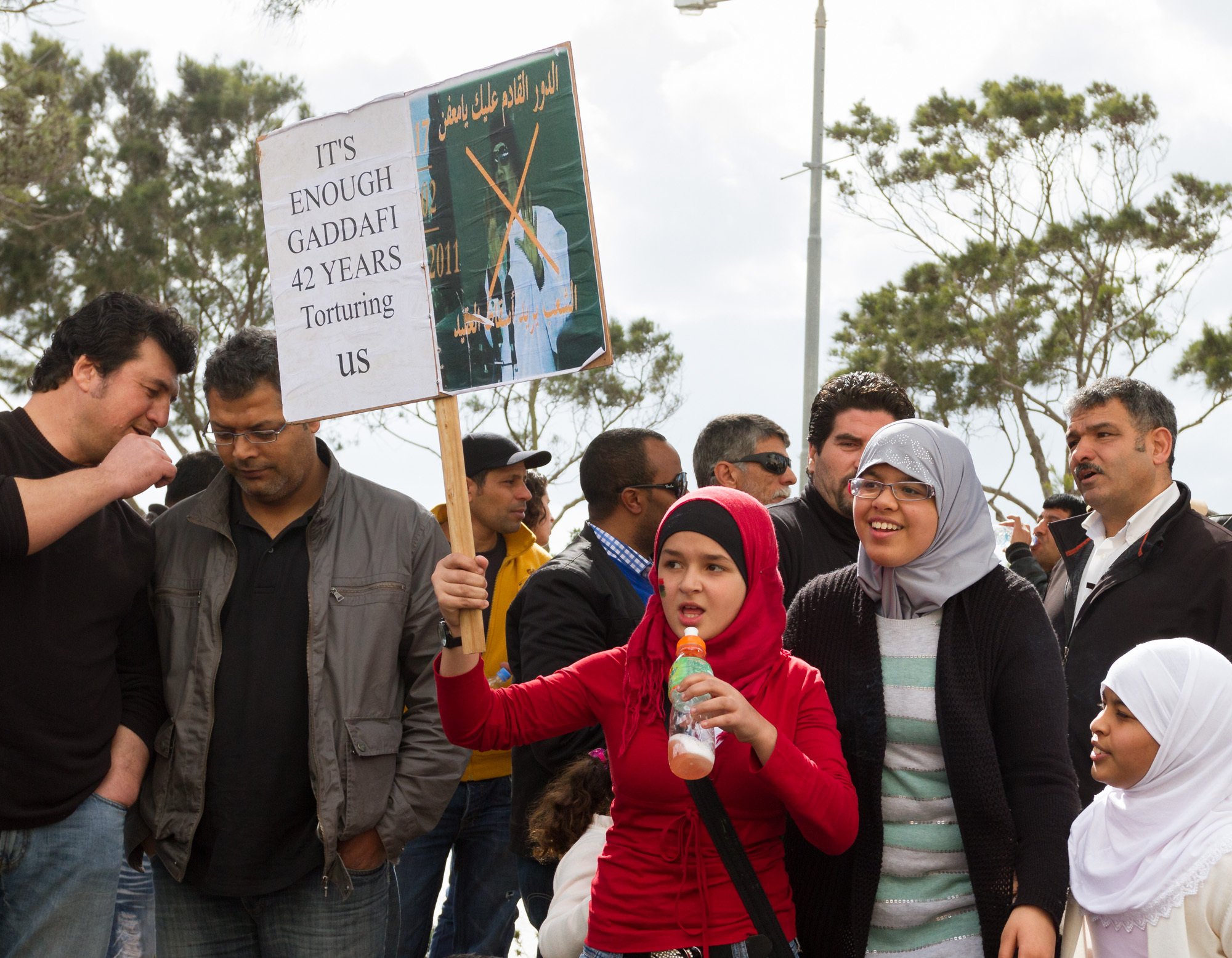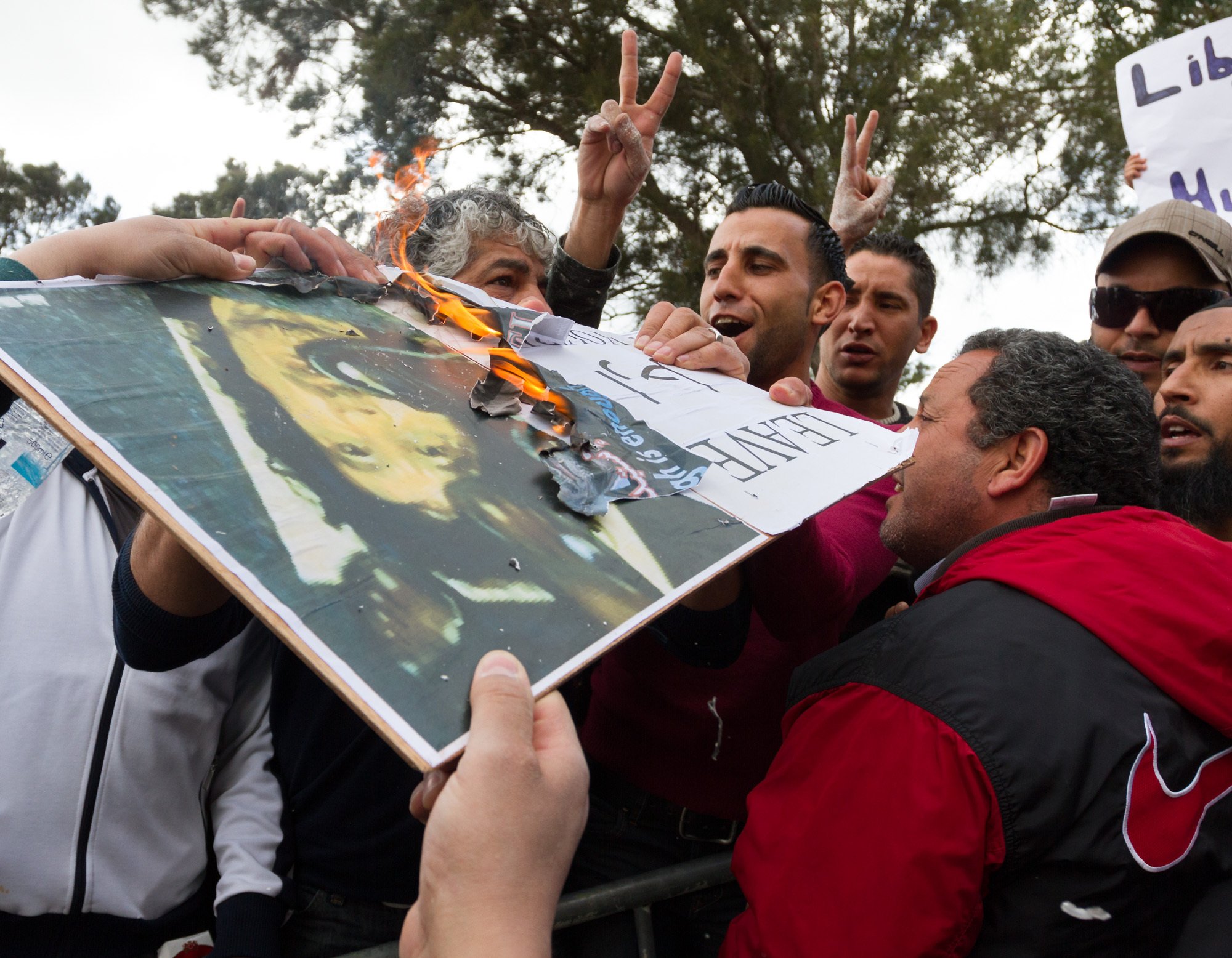Part VII
Most people have experienced a turning point, a serious peripeteia when they realize ideals are not going to be borne out in reality.
Yet despite this harsh truth, people “beat on, boats against the current,” like Nick Carraway muses foolishly about the elusive butterfly – our unattainable dreams at the end The Great Gatsby (1925).
In 2013, Koreans were optimistic about the return of a Park political family member as President. This was not exactly the Kennedy Camelot illusion, but close enough.
However, within four-years, Park had completely squandered her political star on corruption, kick-backs, a horribly mishandled national tragedy (the 299 deaths in the Jeju ferry sinking), and she was impeached and tossed out of office.
The sins of the father.
Park’s troubles had only just begun.
Moon Jae-in was elected President following Park’s downfall, and he ordered an investigation into her alleged corruption. Moon appointed Yoon Suk Yeol as special prosecutor. Yoon had served in Park’s administration, yet was demoted for pursuing corruption among the KCIA for helping her win the election in 2013.
Ultimately, Park was sentenced to 25-years in prison.
Politically, Park was a conservative and took a tough stance against North Korea. Moon upended that approach in favor of reconciliation with Kim Jong-un, the third generation of the Kim family to rule the northern part of the divided peninsula since 1953, which is essentially one large prison camp.
Kim Jong-un likes to posture and threaten to destroy Seoul, yet the city – and the rest of the southern peninsula is a cash cow for him. Every time Kim Jong-un threatens destruction in the south, property taxes in Seoul increase and the north simmers down for a while. There’s no reason to solve for X, the government in the south sends some shut-the-fuck-up money north to the Kim dynasty, a very pale and sixth-rate imitation of the Joseon dynasty.
By 2018, the combined circumstances of Park’s lengthy imprisonment and Moon’s overtures toward Kim Jong-un are when more and more demonstrations started to occur in Seoul on Saturday afternoons. The group was primarily older, retired Koreans who favored Park Geun-hye for her firm stance against Kim Jong-un.
While many Koreans can speak English, the ability to read English is not always on the same par. Yet the demonstrators – both men and women, carried placards in English that called for Moon’s resignation, called for his imprisonment, even called for his execution.
Other signs – in English, called for the Americans to kill Kim Jong-un.
In Korea, public demonstrations can only occur with advance planning, and this means a parade permit. Once approved by the city government, a large contingent of police is assigned to the event to maintain security.
Unlike the United States, guns are outlawed in Korea. There are no gun shops, no gun sales on the parking lots of a strip mall, no mass shootings, and school classrooms are not used as shooting ranges by deranged males with AR-15 style rifles.
Korean police carry batons, yet I have never seen any used anywhere at any time.
Korea maintains a strict policy of mandatory military service, which requires all able-bodied men between the ages of 18-and-28 to serve in the armed forces for about 18-to-21-months. This obligation includes K-Pop idols like BTS, despite how much money the group generates for the national treasury.
If the military ranks have met their quota, Korean men fulfilling their military obligations often serve with the local police units in an auxiliary capacity. While unconfirmed, it’s frequently assumed that for a generous contribution to an influential political fund, the families of young men can arrange for assignments with police units rather than the military.
No surprise: A Korea Times article noted that young chaebol men have a disproportionate number of exemptions compared to the general public. About 35.1 percent of chaebol family members from the top 11 conglomerates do not serve in the military.
This was common among American patricians during the Vietnam War era. The phrase that best explains this entitlement: “Money talks, and bullshit walks.”
Part VIII
The cast of characters
Park Geun-hye was sentenced to 25-years in prison for corruption. She refused to attend her trial or her sentencing, claiming she was being framed and unjustly accused.
Moon Jae-in continued a policy of reconciliation with North Korea, and higher taxes that squeezed the middle-class. Moon’s detractors continued to denounce him as a Communist stooge, a traitor and all-round loser.
Anti-Moon demonstrations continued until the COVID Pandemic put the brakes on crowd gatherings in Korea.
Even though Moon could not run for a second term, he ultimately sprung Park from prison after five-years with a full pardon. Moon was just using Park, hoping this would “chill out” the Gray Panthers who took to the streets so often to express their contempt for him. Moon also hoped this would cement his party’s hold on the presidency.
After three months in a hospital gobbling colorful meds, Park returned home, labeled as “the disgraced former president.”
Moon’s attempt at altruism, benevolence and charity of heart fooled no one. His party lost the National Election, and there is still an outburst of “Two-Minutes of Hate,” at small rallies across from Gwanghwamun Square on Saturday afternoons. This is no different than when the Party directed a similar campaign against the non-existent Goldstein in 1984.
The small rallies across from Gwanghwamun Square on Saturday afternoons alternate between a well-dressed older man on stage exhorting the mostly geriatric folks to “accept Jesus into your heart,” reminding those still alive in their seats that the Jewish zombie died for their sins.
This message of someone dying for our sins 1,992-years-ago is delivered in both Korean and English, and remains bewildering and contradictory regardless of language. And then it’s back to two-minutes of hate for Moon Jae-in, everyone’s favorite whipping boy.
Yoon Suk Yeul, the prosecutor demoted by Park Geun-hye for investigating her cronies that helped her become President, went on to become Moon Jae-in’s handpicked special prosecutor who advocated a harsh 25-year prison sentence for “the disgraced former president.”
Moon out, Yoon in.
Last May, Yoon Suk Yeul was sworn in as the 13th President of Korea. Six months is the usual “honeymoon” period for a President elected directly by the people in a democracy.
There was the heartbreaking Itaewon crowd crush late last October that shocked the world. But so far, President Yoon has not become the object of dissent, disgust and pure white hate, like Moon Jae-in.
Kim Jong-un is still in control of North Korea, and still acting out like a petulant madman. A few months ago he dispatched a drone that was spotted flying near the Blue House – the name for the Korean Presidential residence.
People who pay attention to politics in the Orient know that the centennial of the People’s Liberation Army (PLA) is 2025.
With Putin’s effort to re-establish Imperial Russia in Ukraine – and later the Baltic States, people here are bracing for Xi Jinping to finally put his boot on the throat of Taiwan in 18-months with precise cyber attacks on that country’s banks, media and transportation networks, reinforced by a naval blockade.
There is the 80-year cycle view of American history, and it goes like this:
1. 1781 – 1861;
2. 1865 – 1945;
3. 1945 – 2025.
The American Century – starting with the end of World War II in 1945, will be hard pressed to last until 2045.
Richard Nixon and that monstrous war criminal Henry Kissinger may have opened the door with Mao Tse Tung and Chou En-lai in 1971 – but it was Ronald Reagan, that third-rate Hollywood actor, right-wing stooge and one of Miss Cleo’s favorite clients, who kicked in the door and helped fuel Chinese’s rise as a superpower.
The Reagan Revolution of the 1980s, which destroyed the unions, decimated the car and steel industries, gutted the middle-class and helped create an exclusive billionaire-class of 400-elite families that enjoy corporate welfare with an average federal individual tax rate of just 8.2 percent.
Our Day of Reckoning with Japan has come and gone: nearly 80-years in the rearview mirror. Yet Our Day of Reckoning with China may be our Appointment in Samarra.
We are 18-months from China’s centennial of the PLA, as Mao’s Revolution started to get serious. We are 18-months from potentially conforming to another major turning point in American history.
Geography is destiny, and Seoul is half-way between Beijing and Tokyo. And the largest build-up of U.S. military forces in the Pacific are stationed at Camp Humphreys in Pyeongtaek, about 44-miles or 70-kilometers south of Seoul – out of range of North Korean artillery.
It stands to reason that spies from America, China, North Korea, Japan and Russia pass each other on the streets of Seoul.
Where is George Smiley when you need him?
And yet demonstrations continue on most Saturday afternoons in downtown Seoul, with approved parade permits, because freedom of speech matters.
2022






















